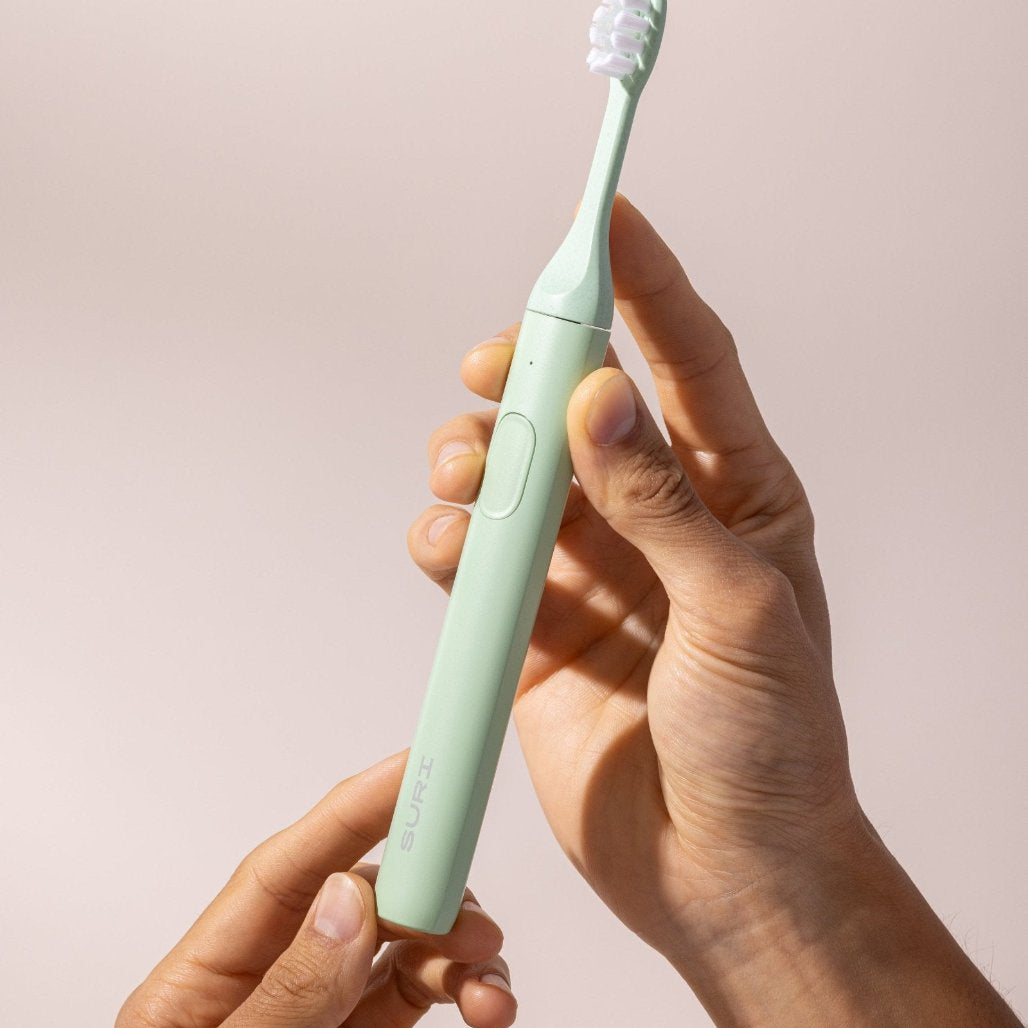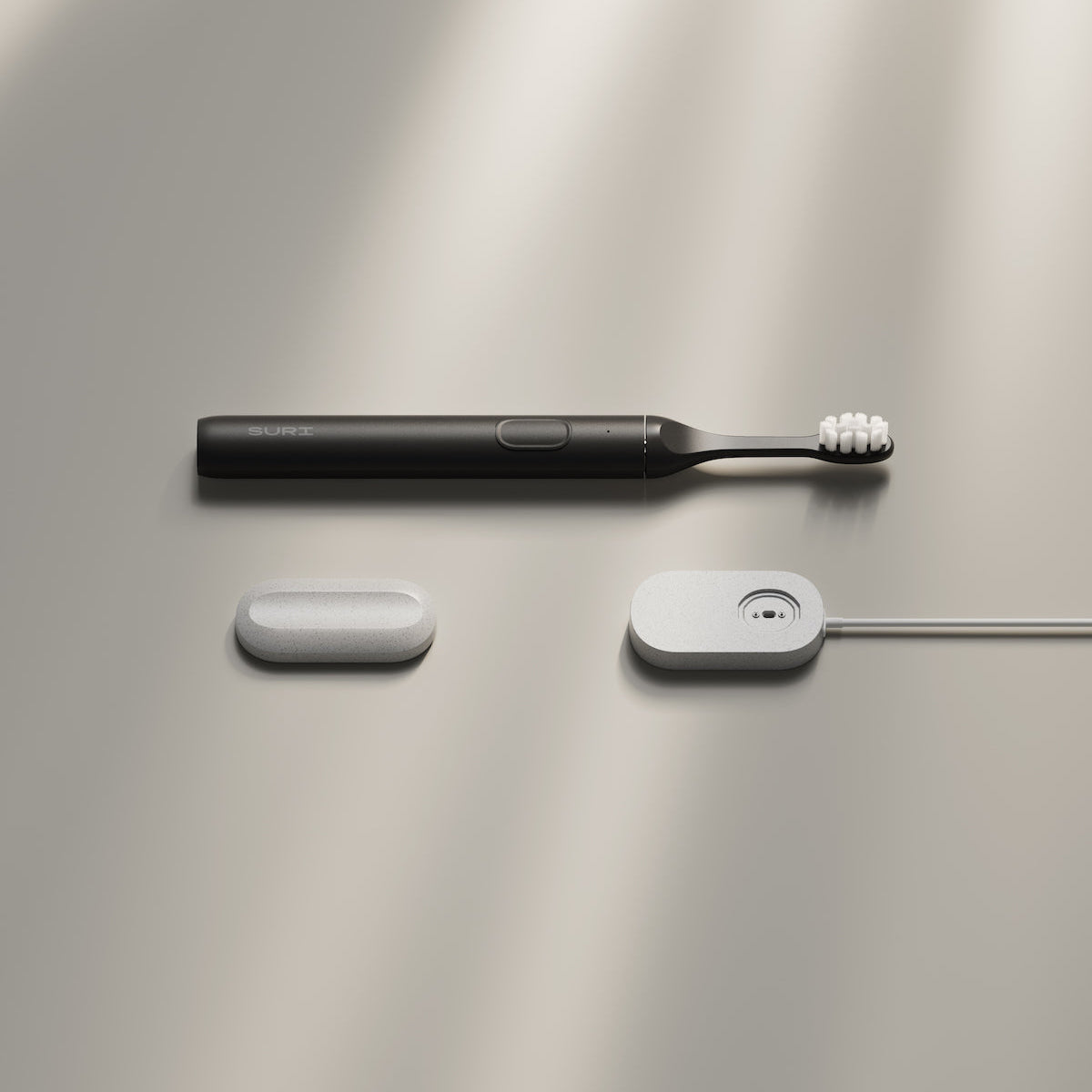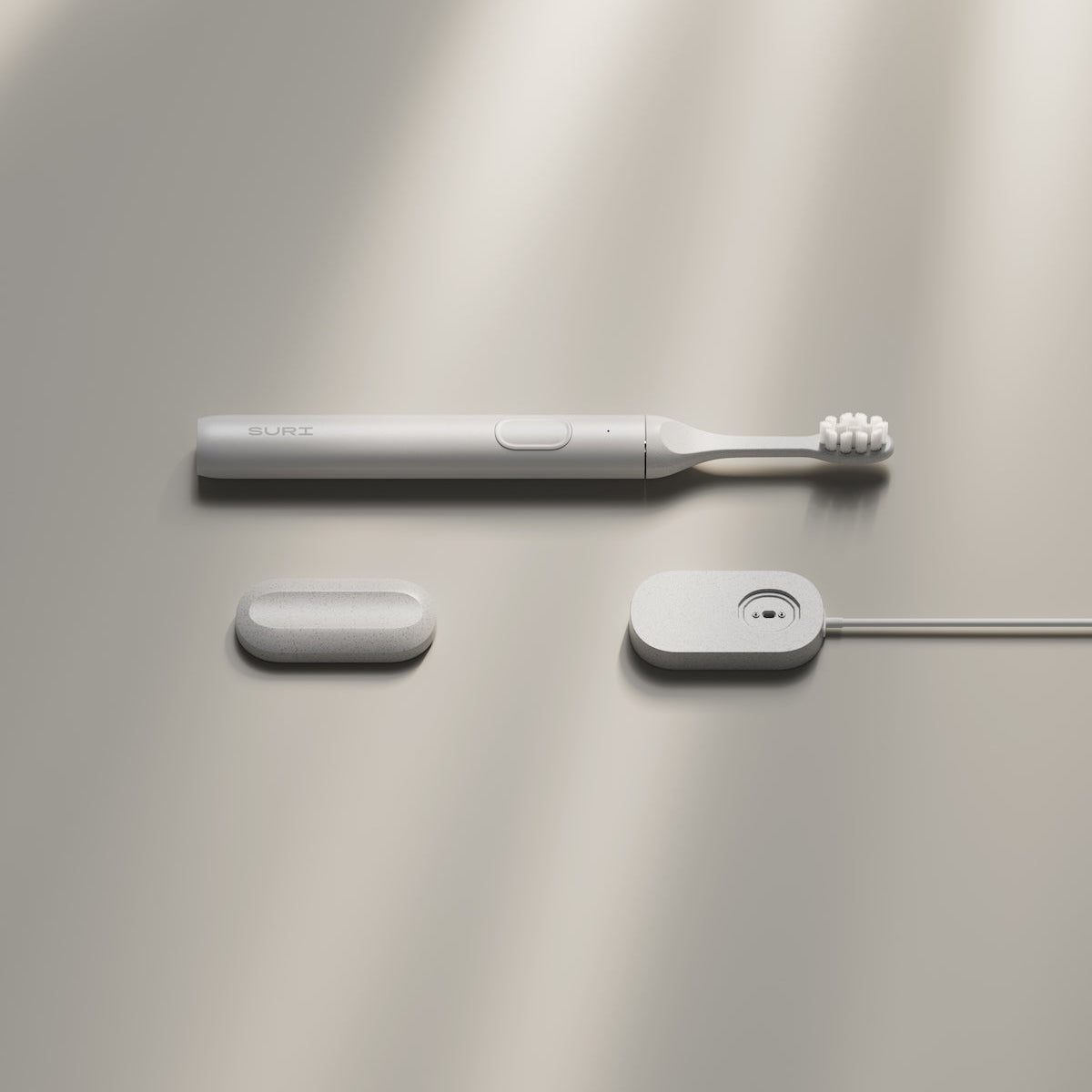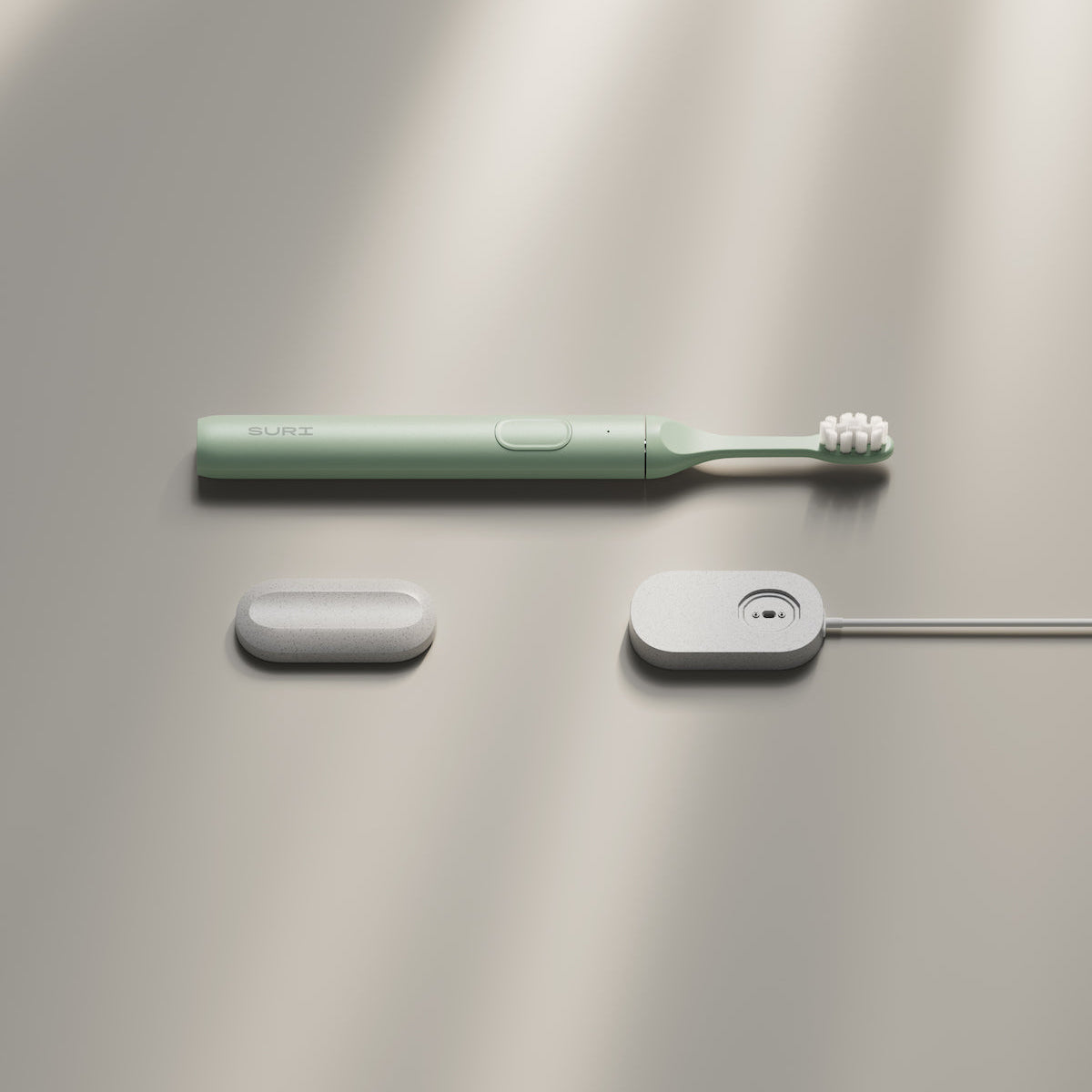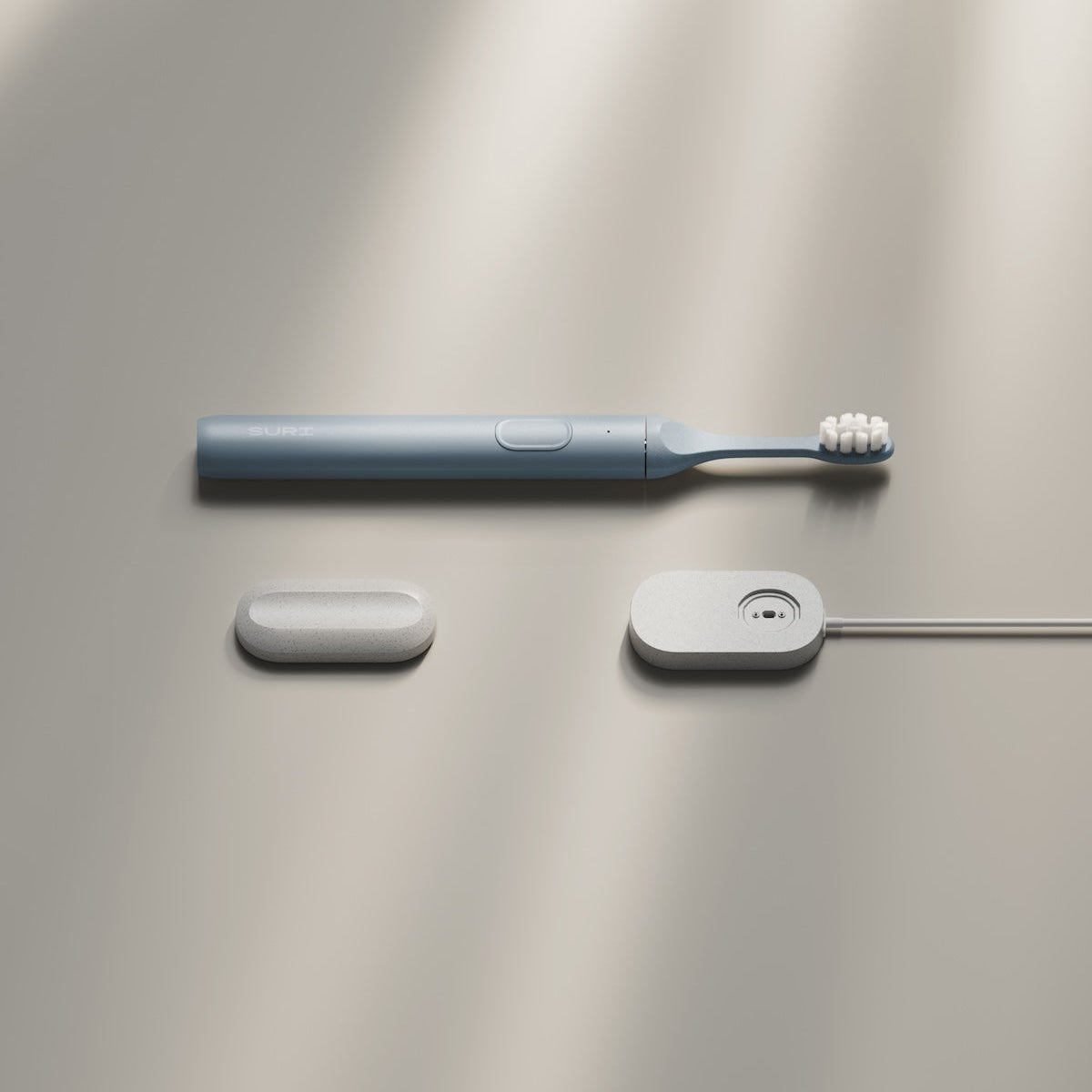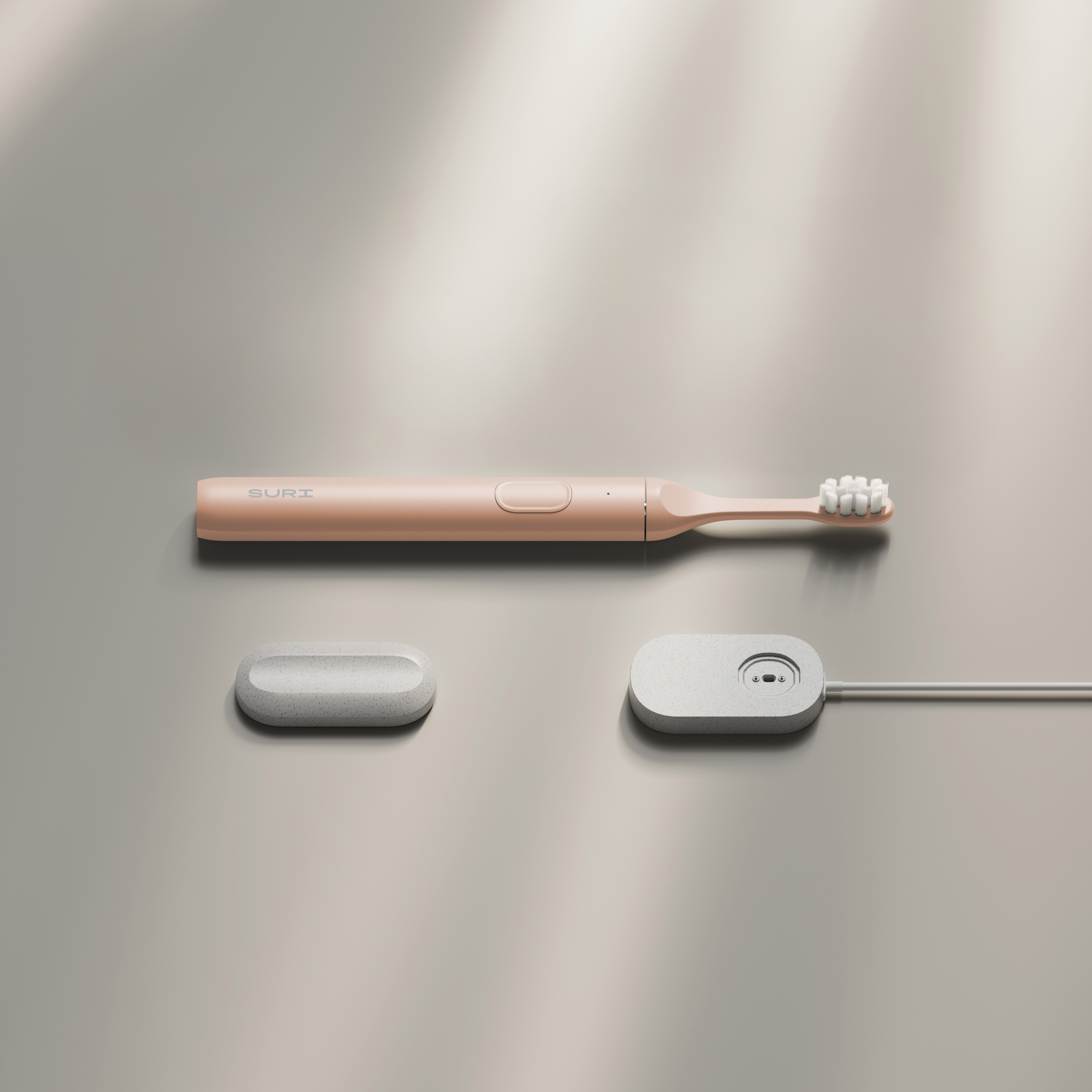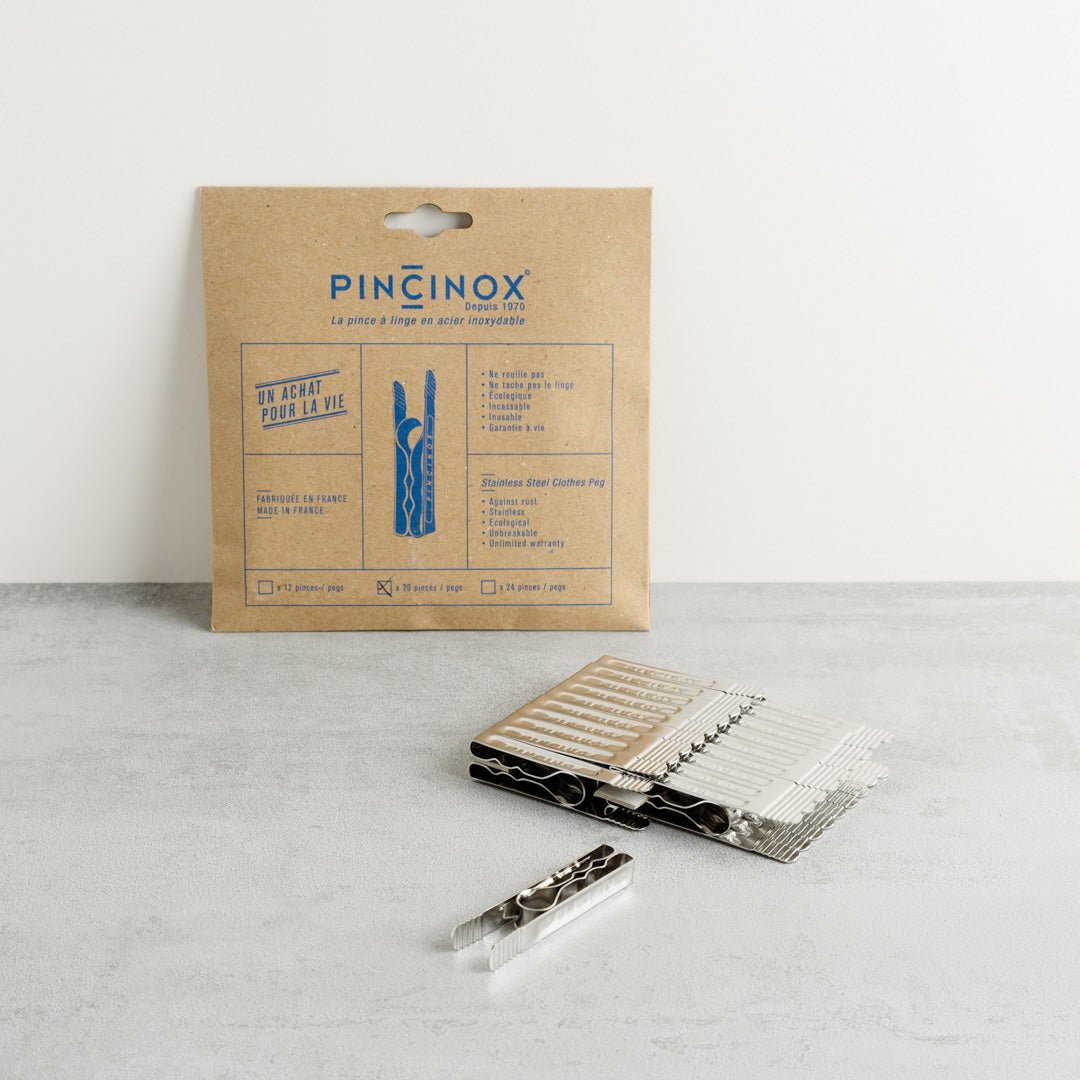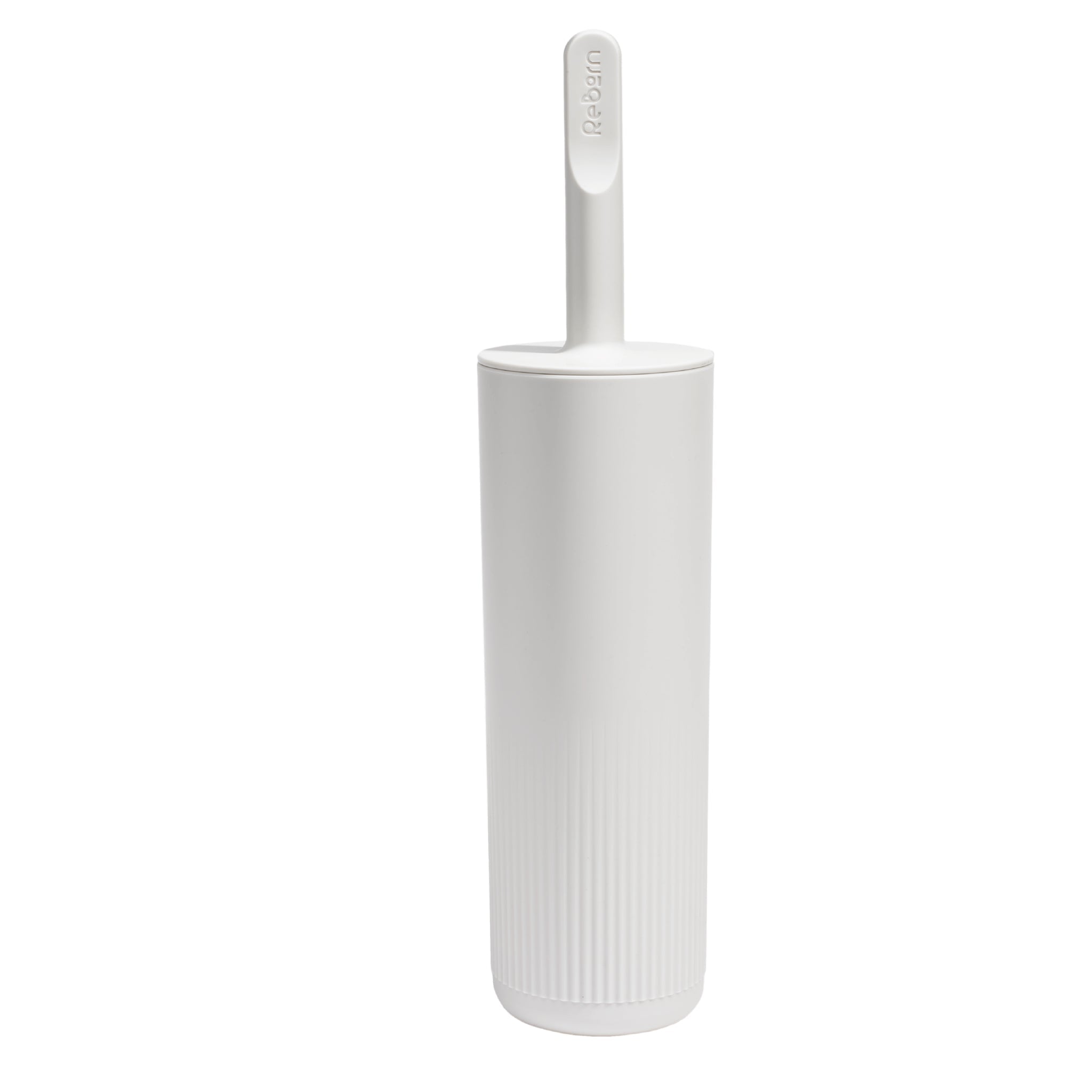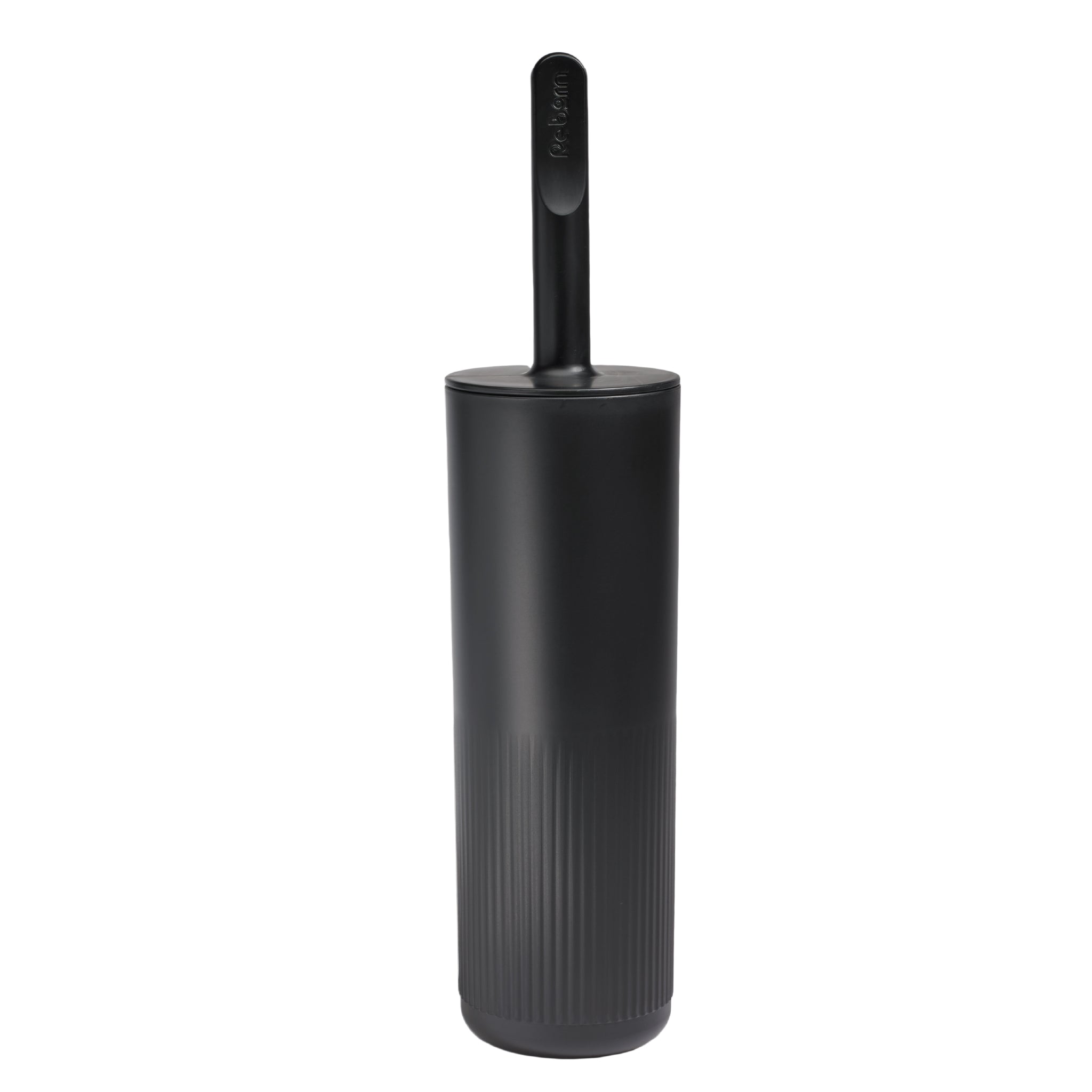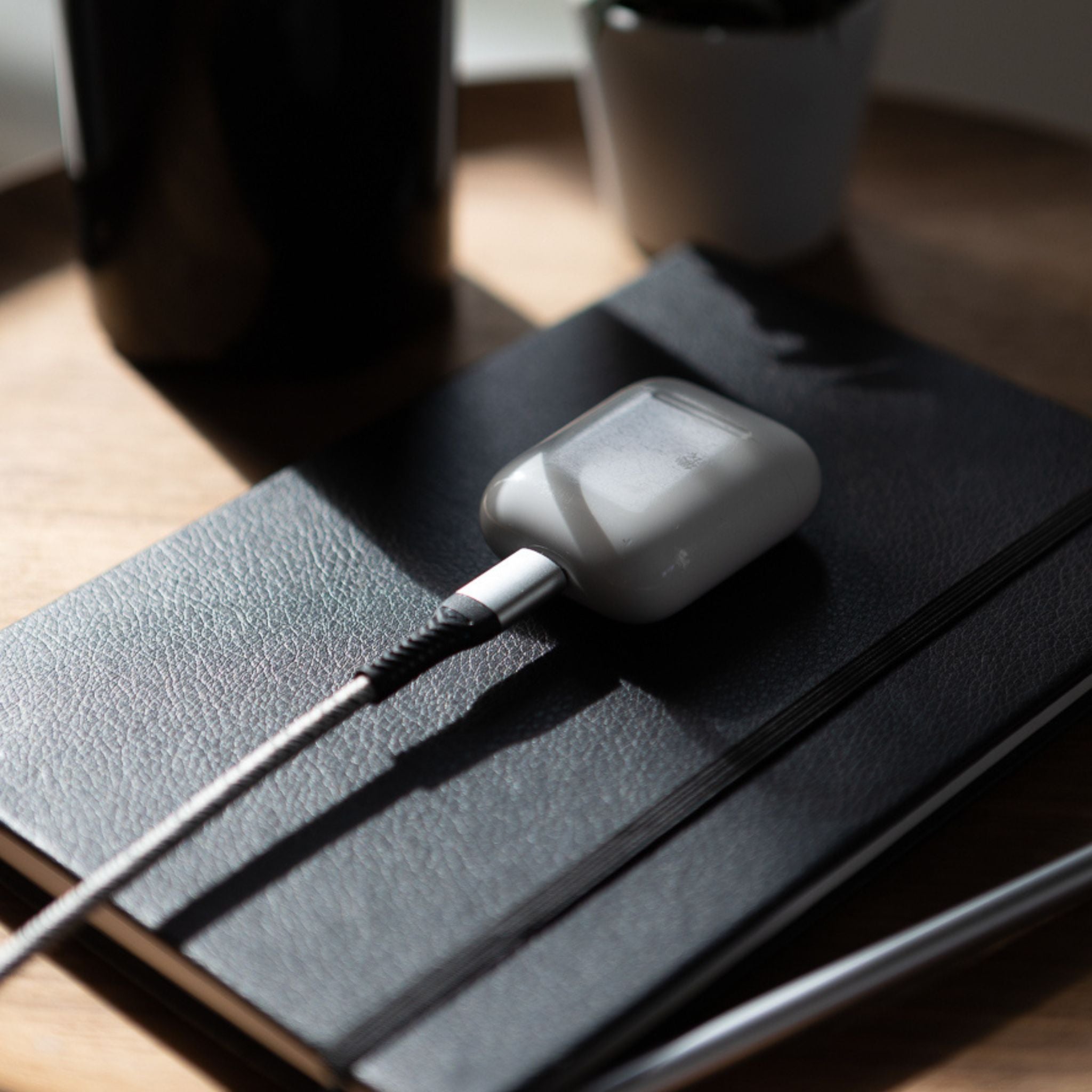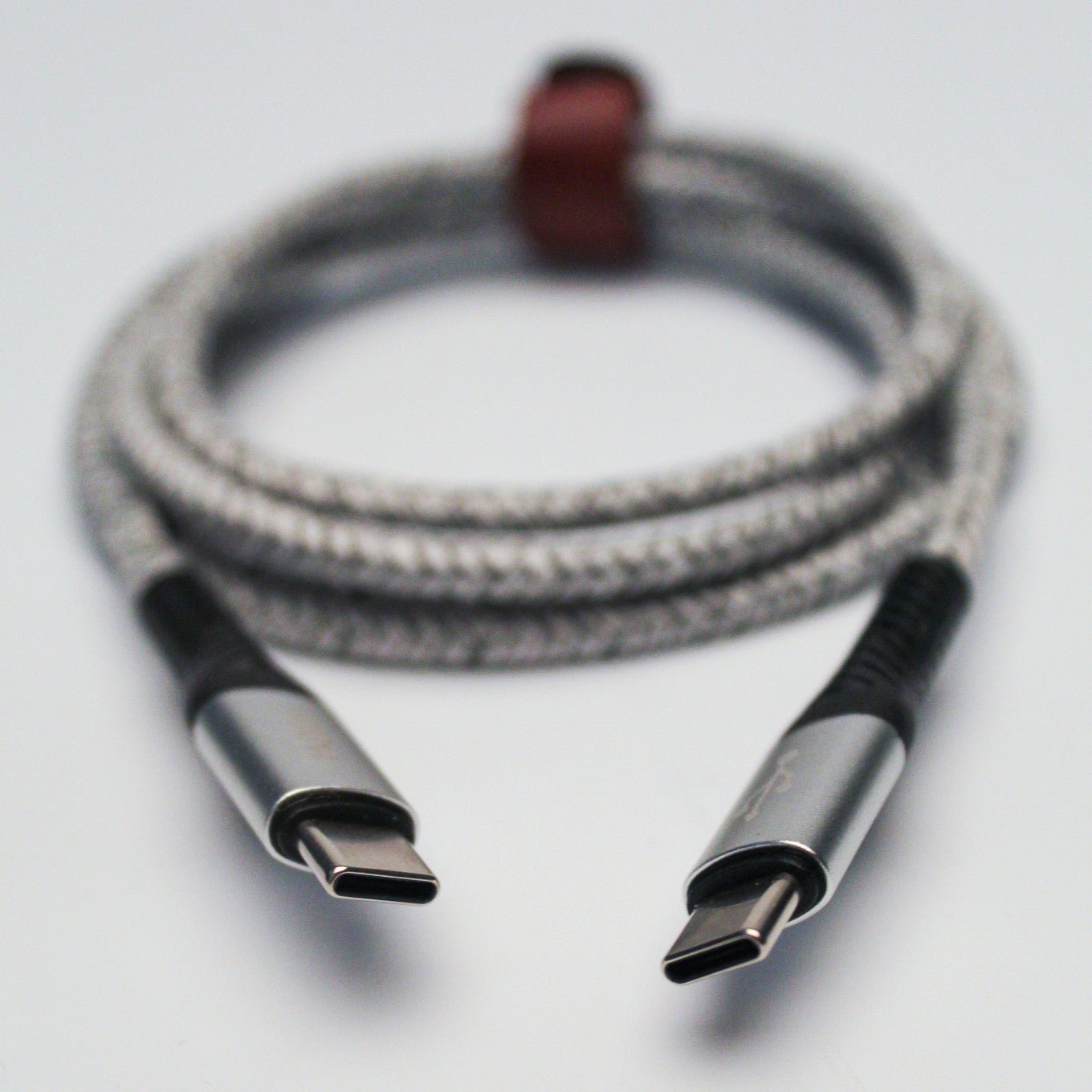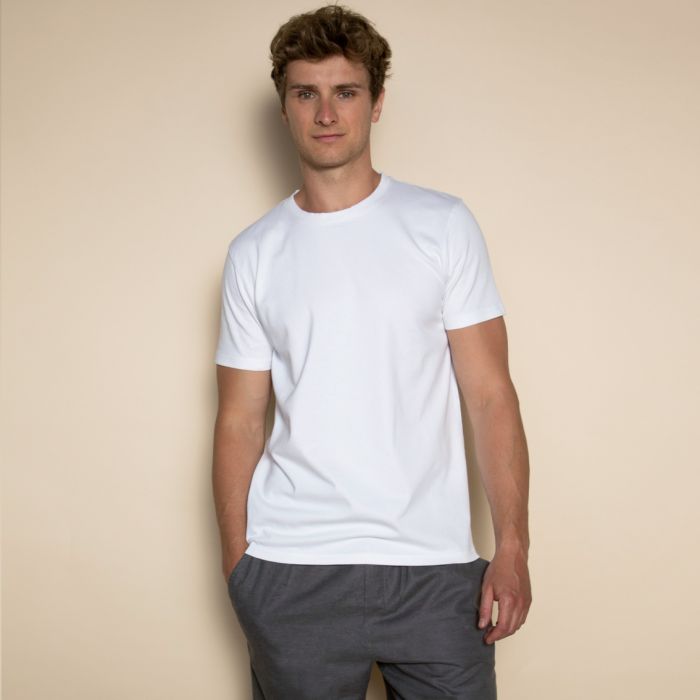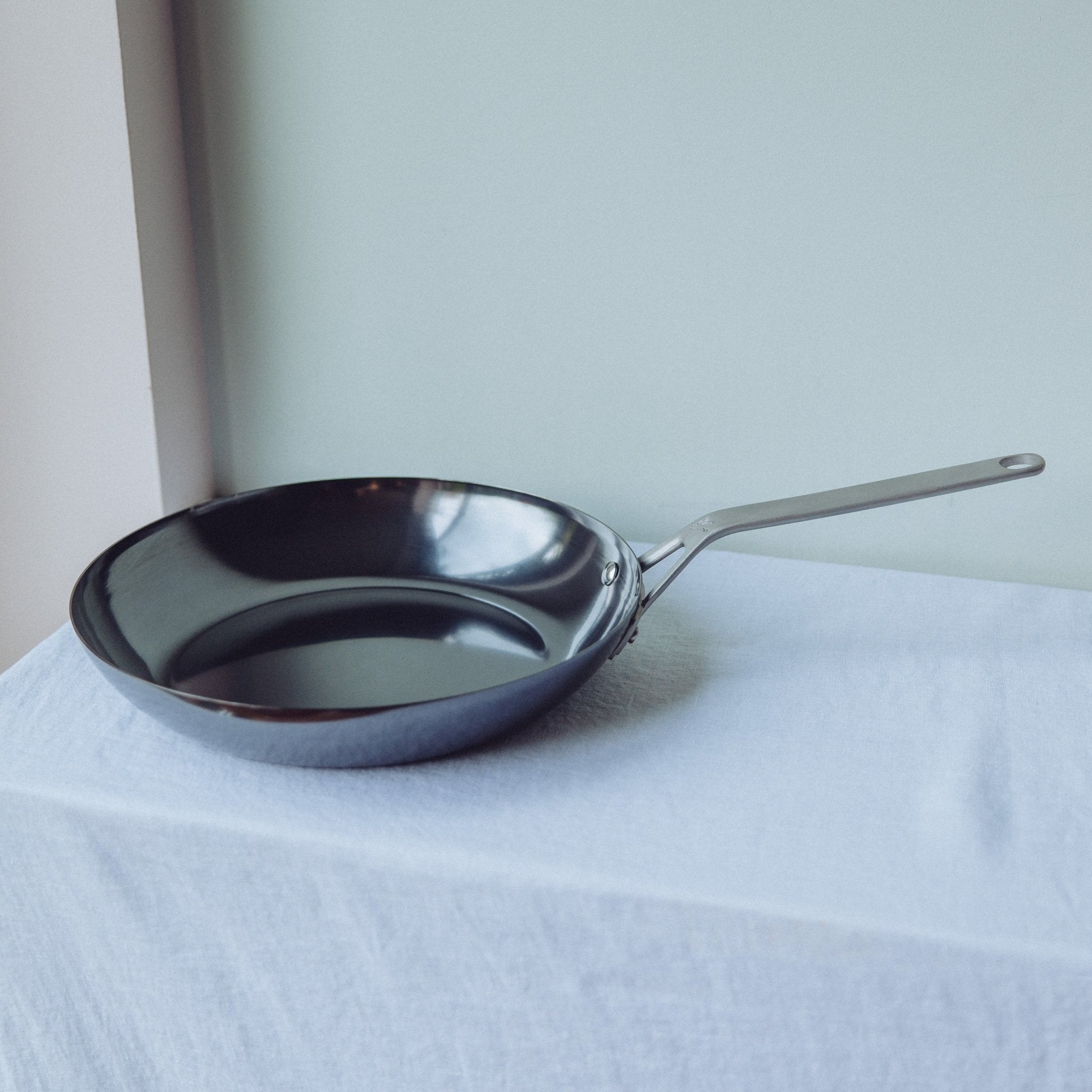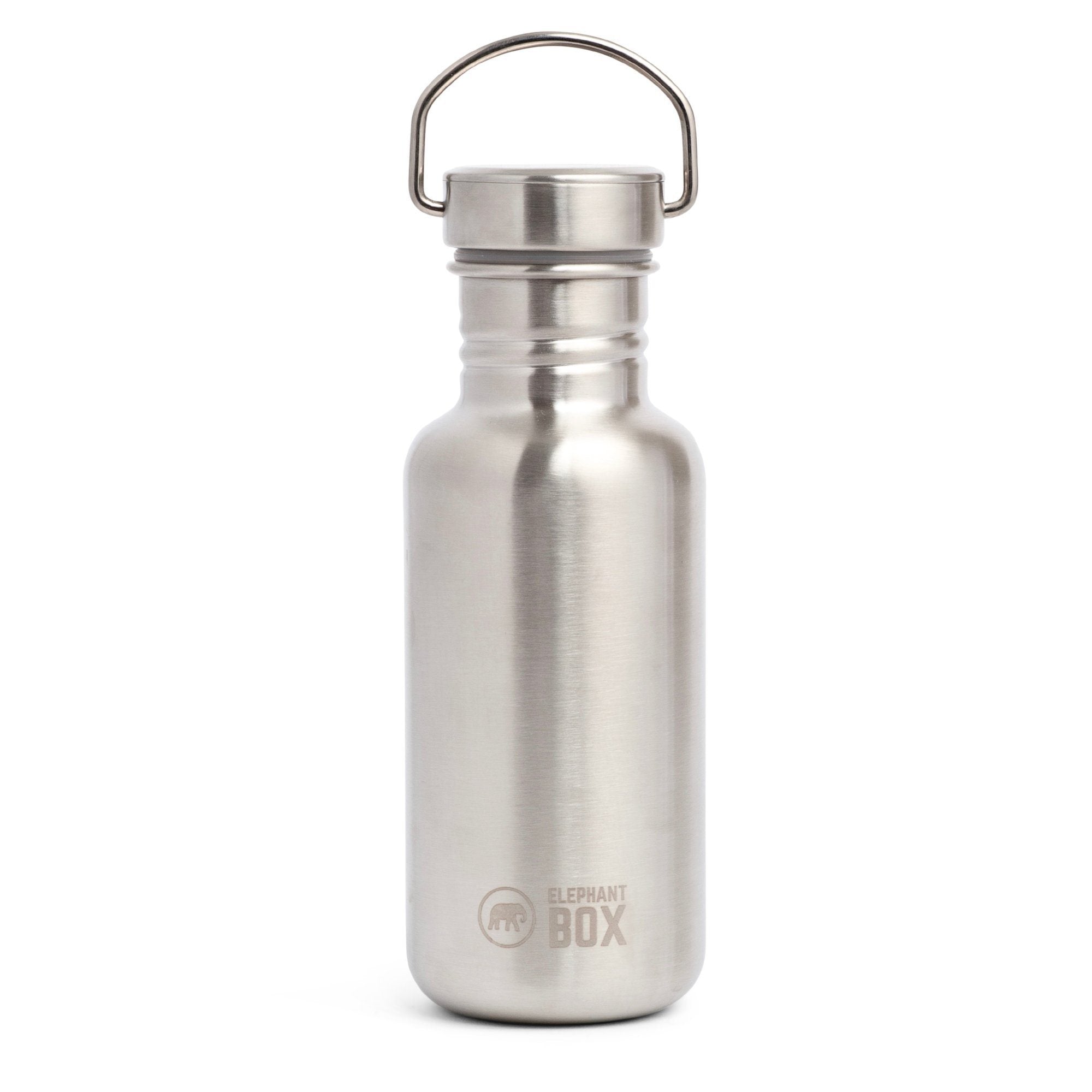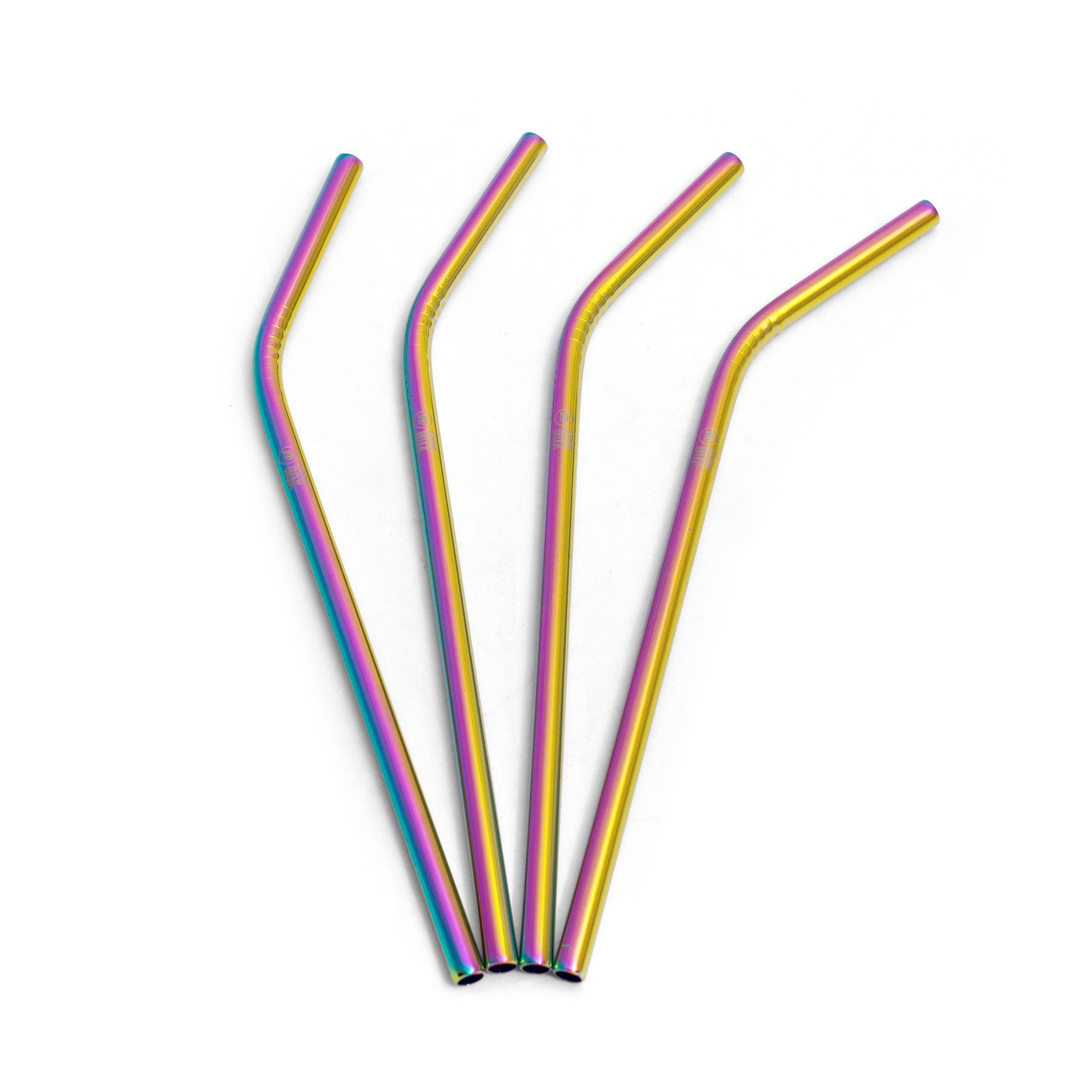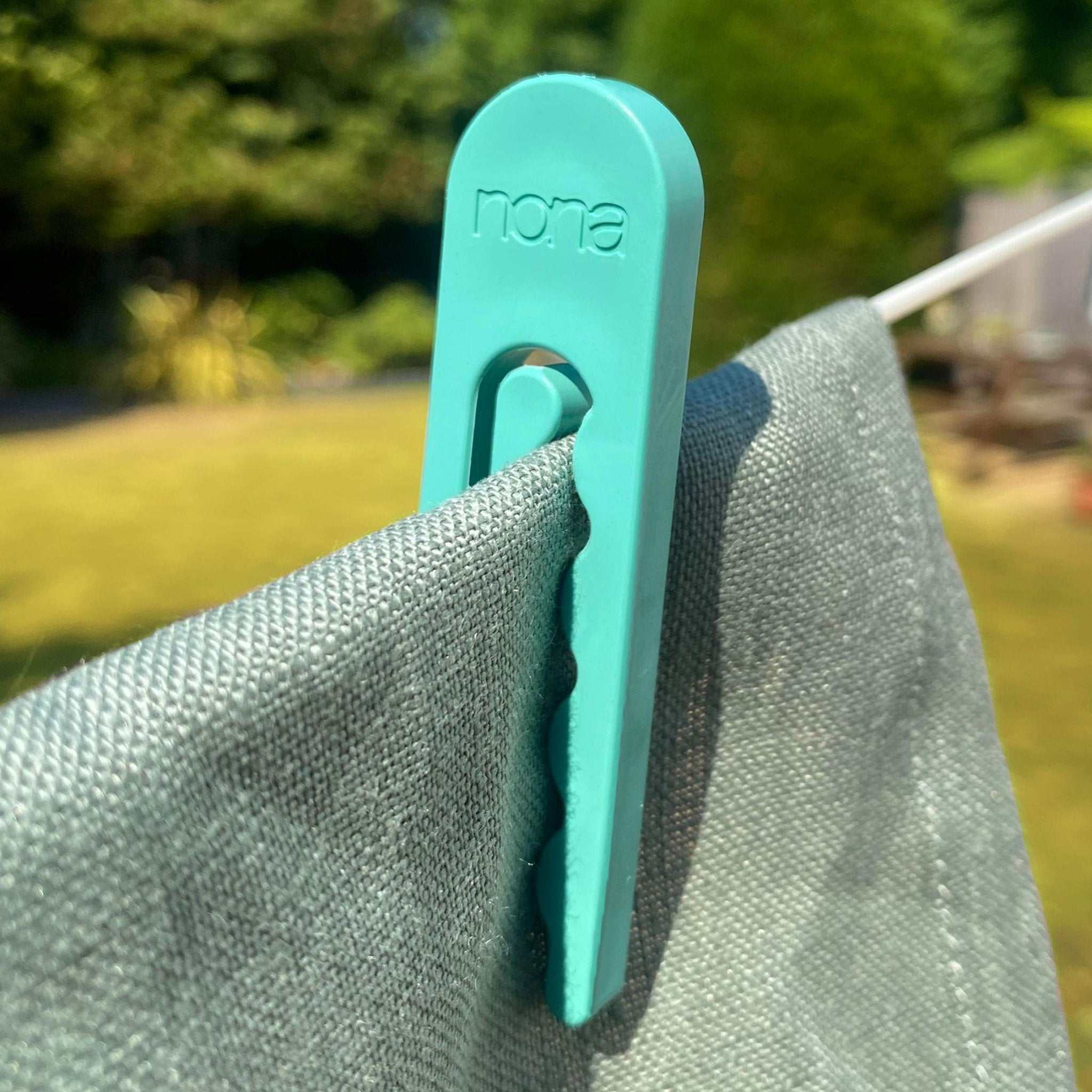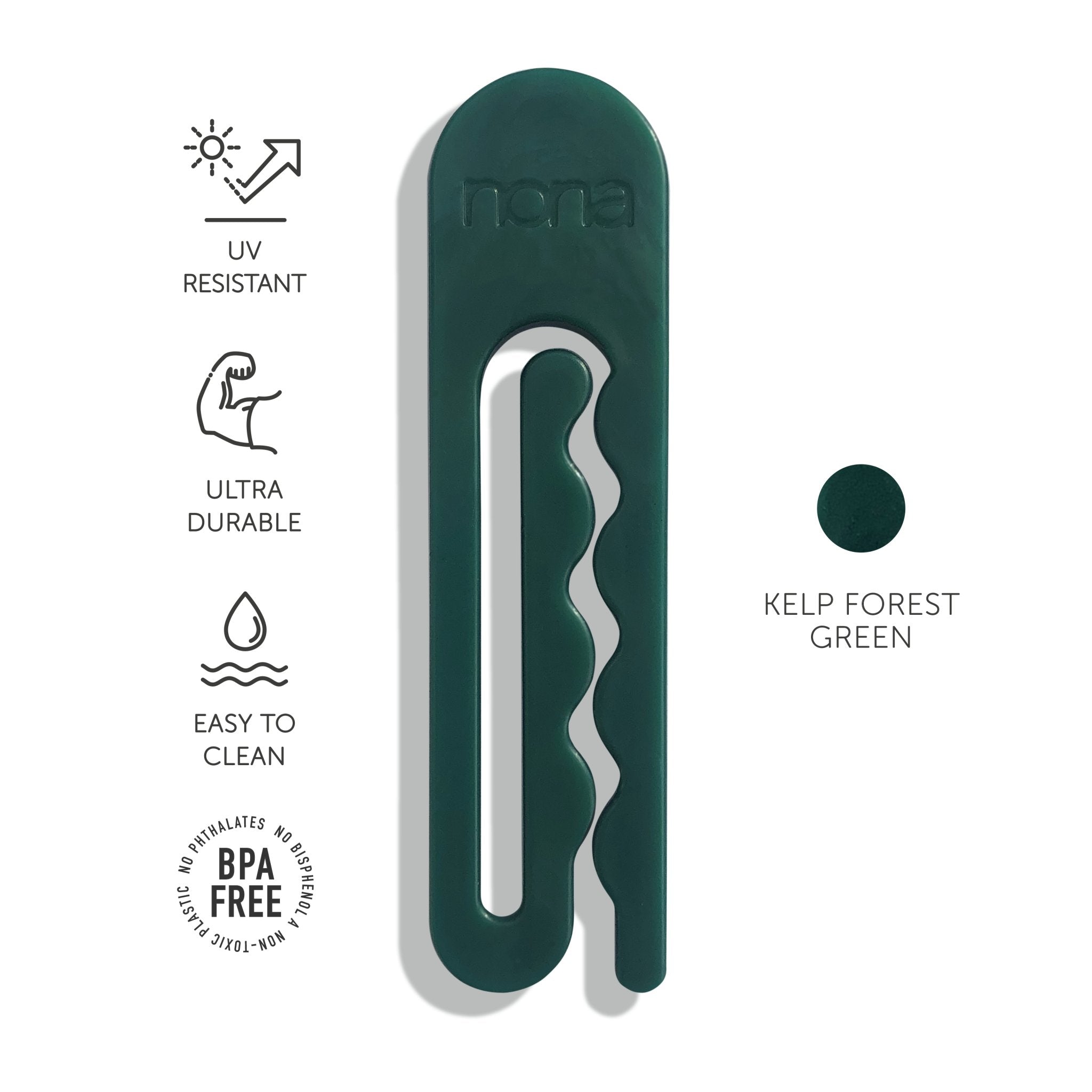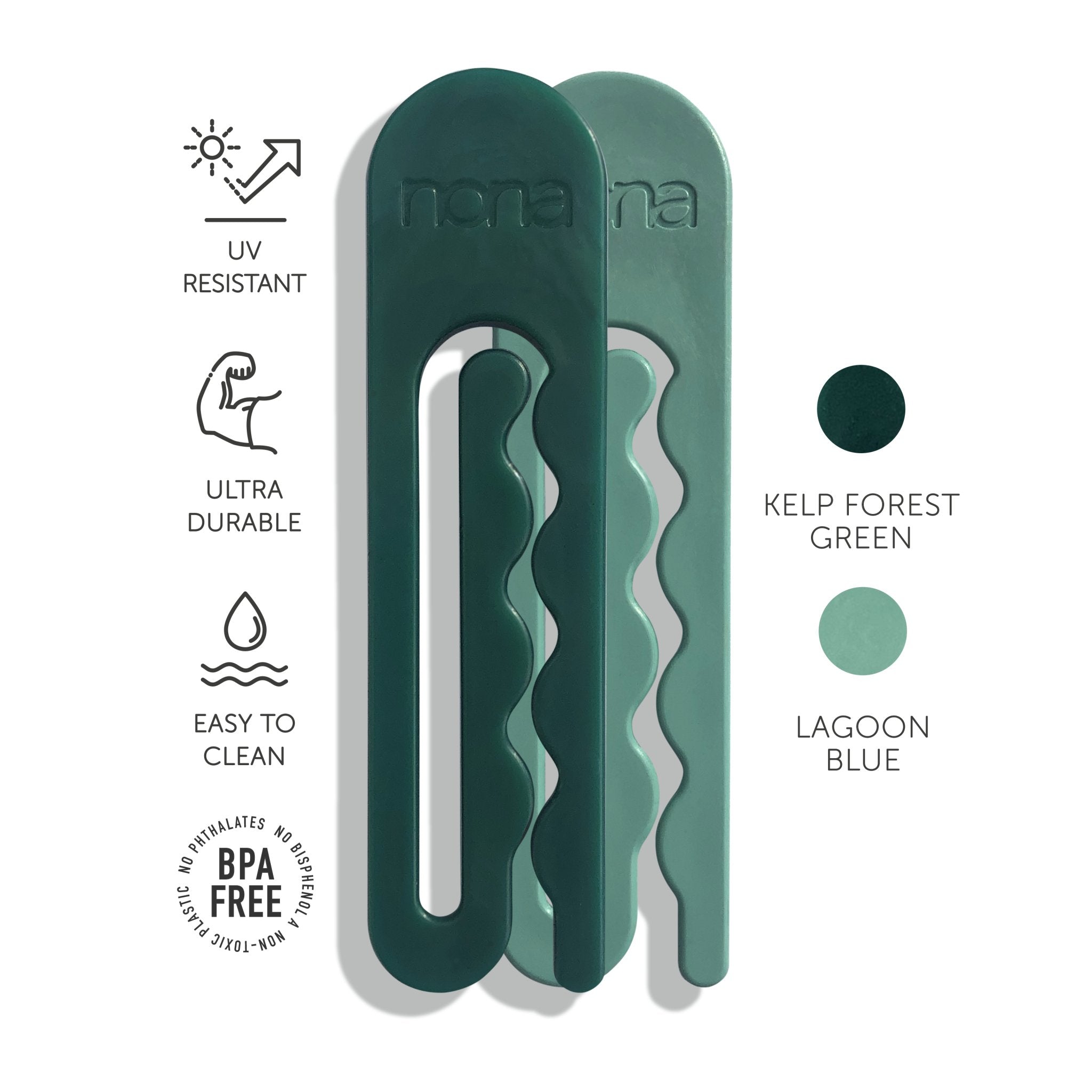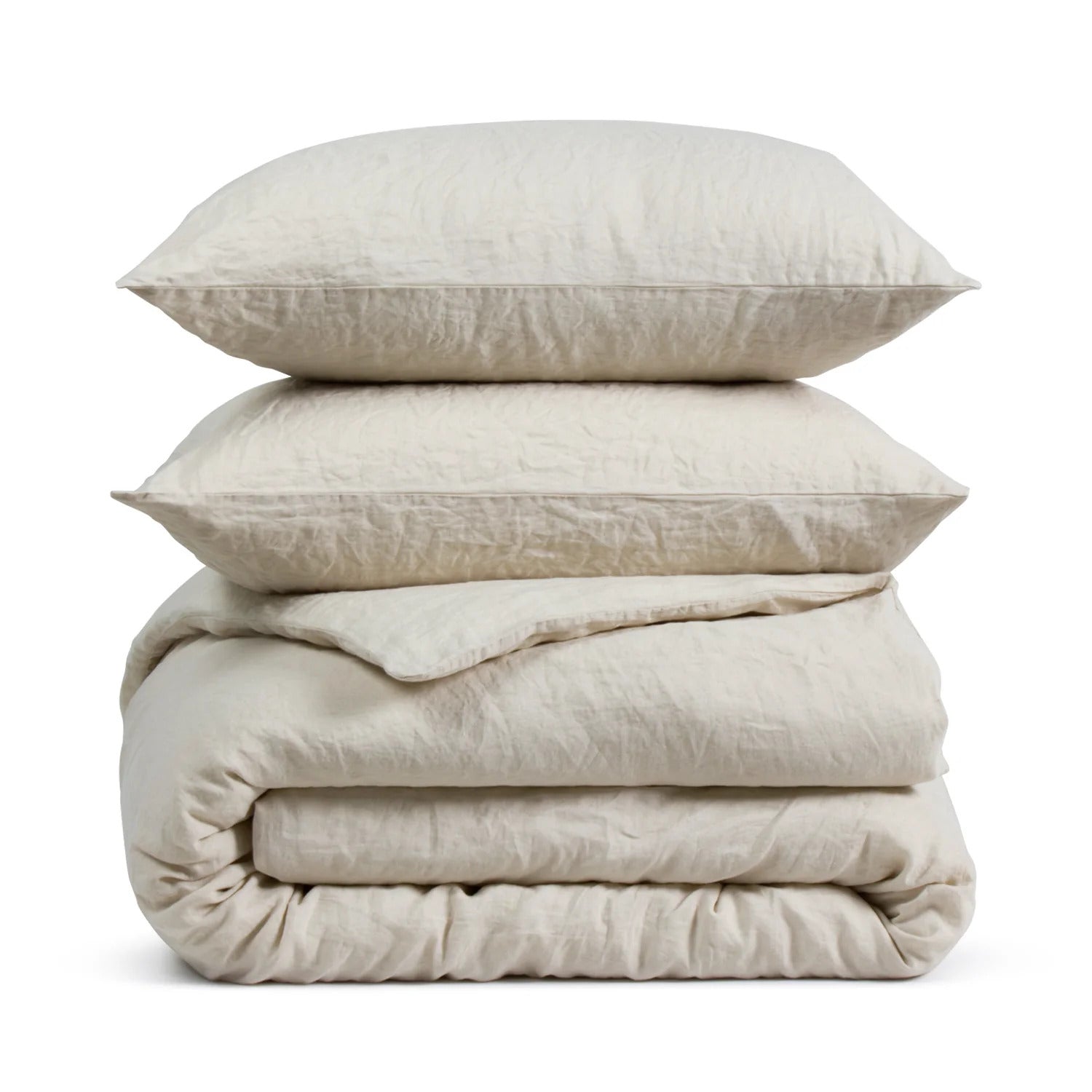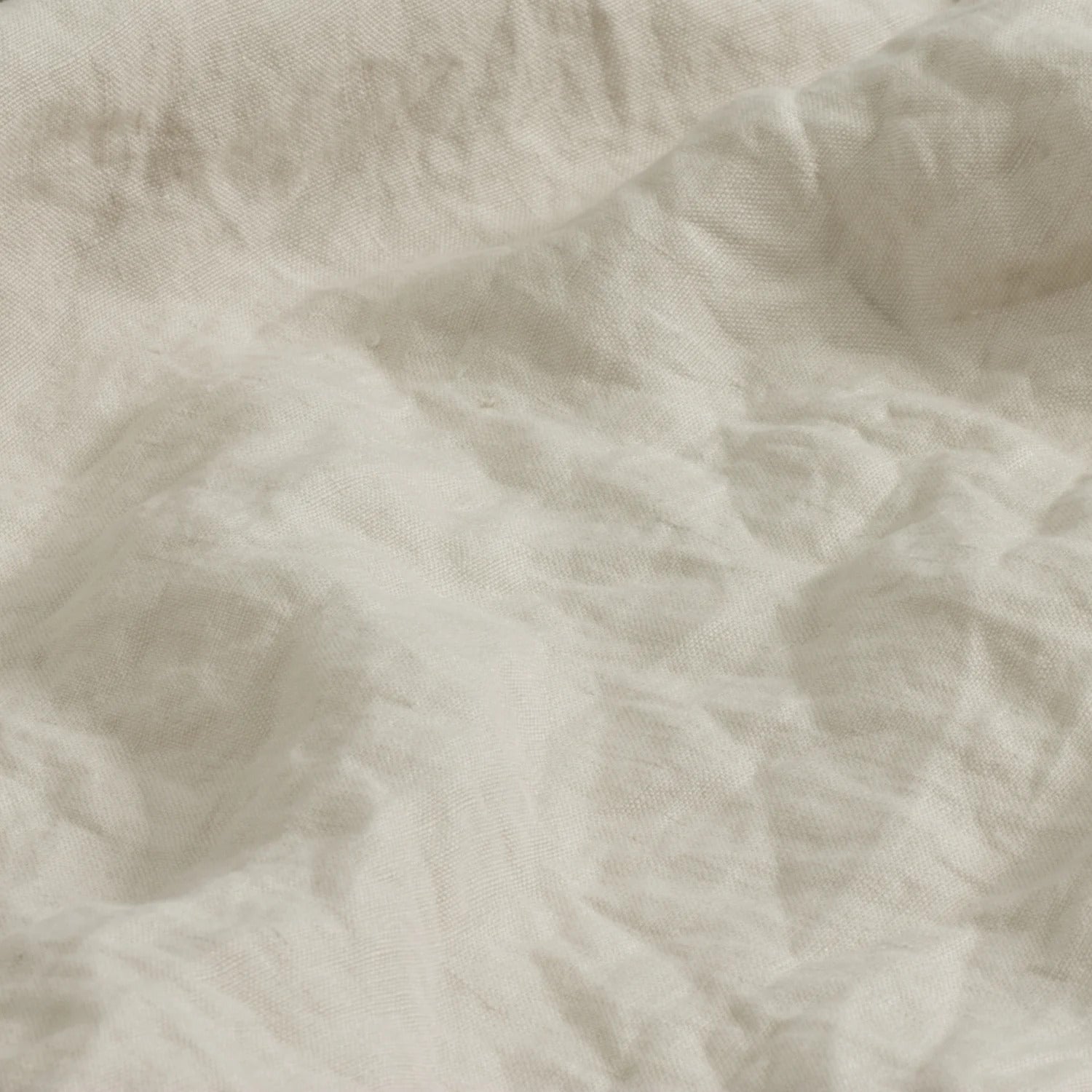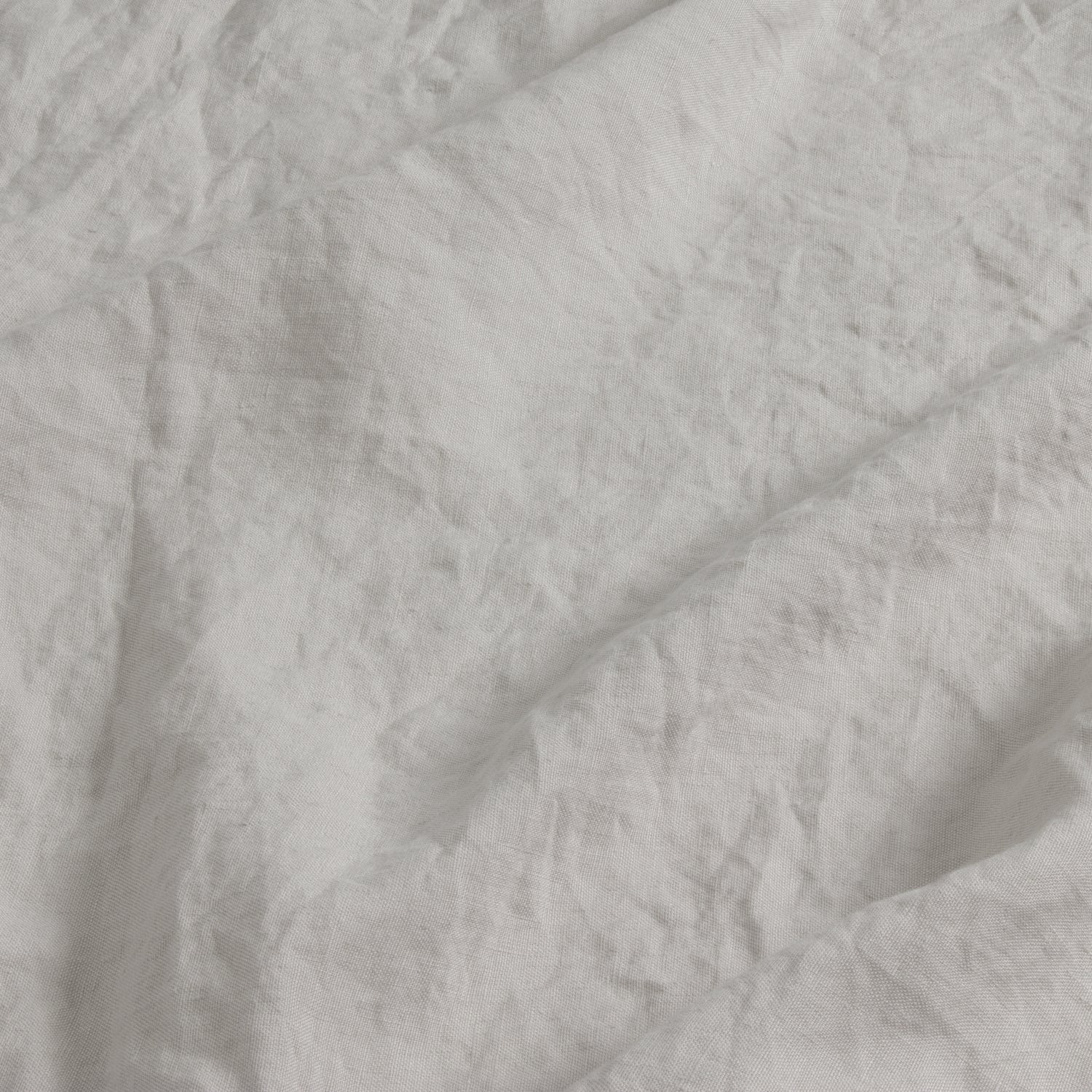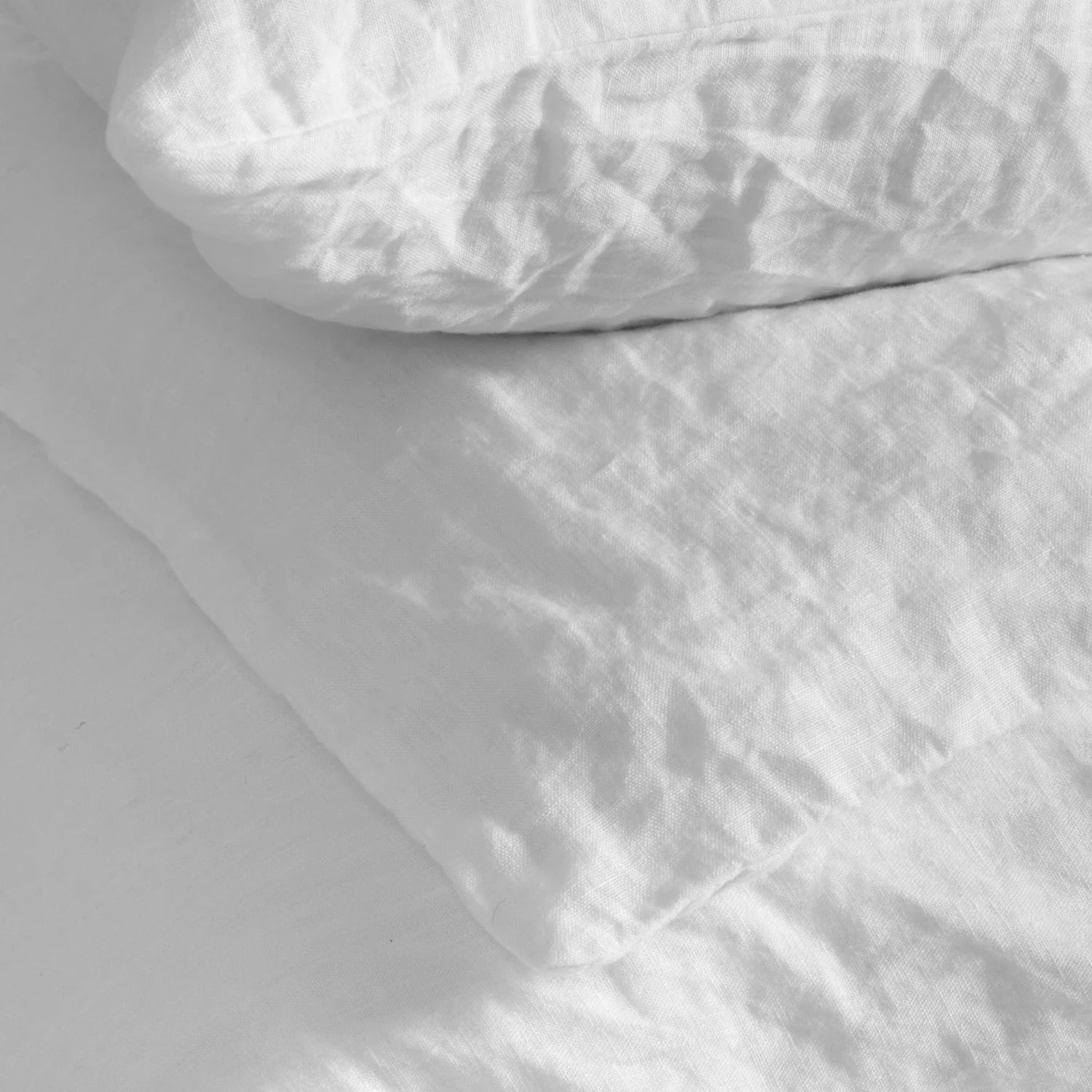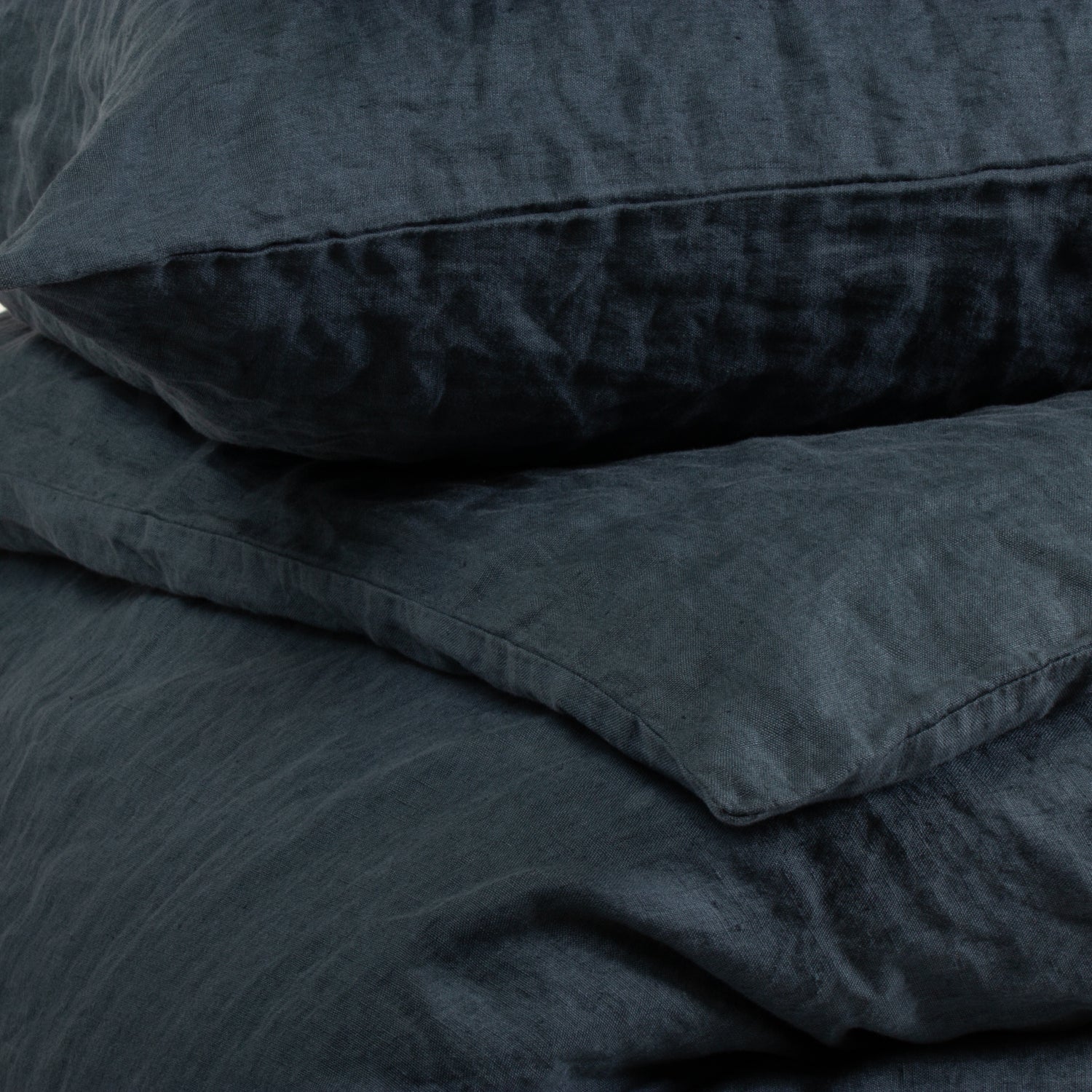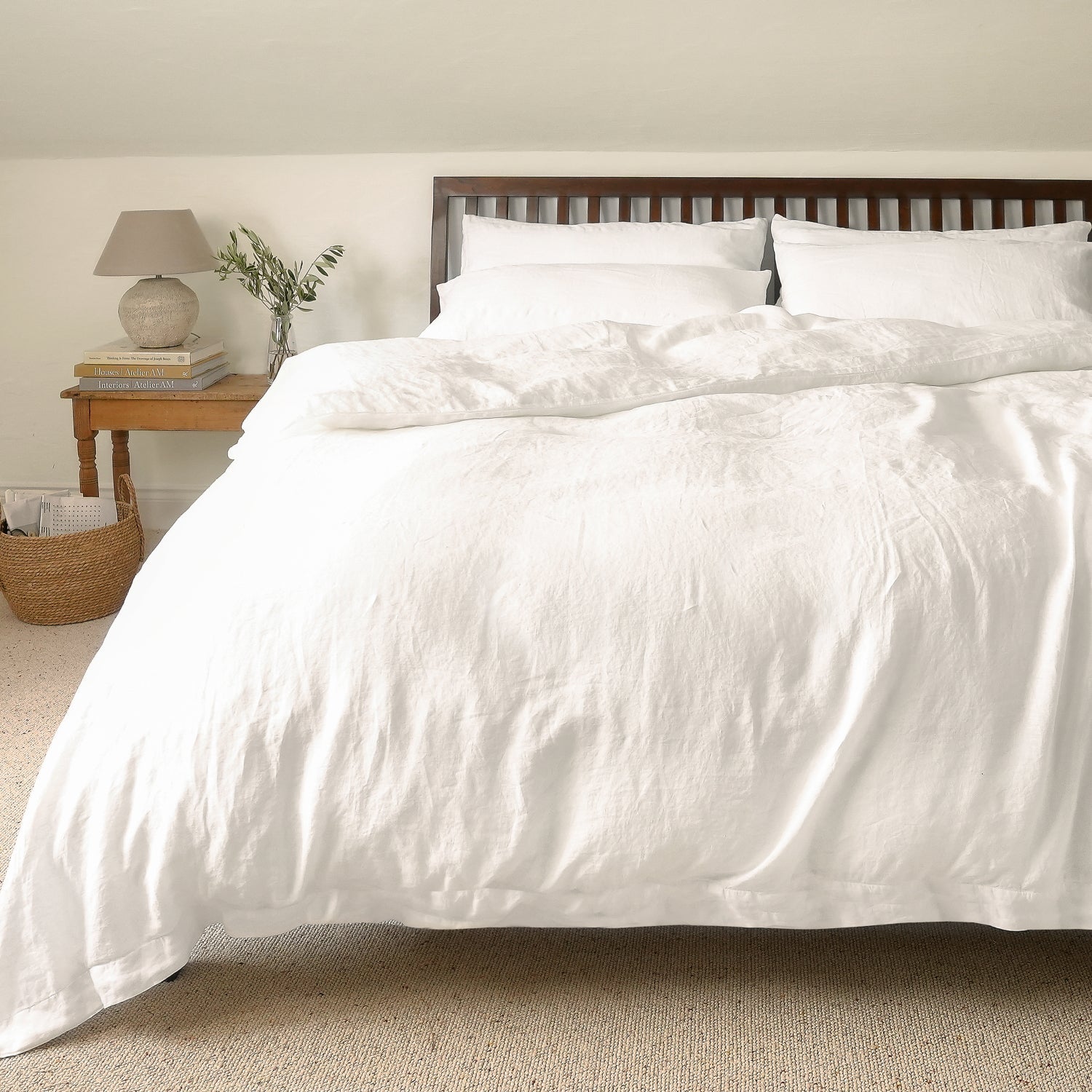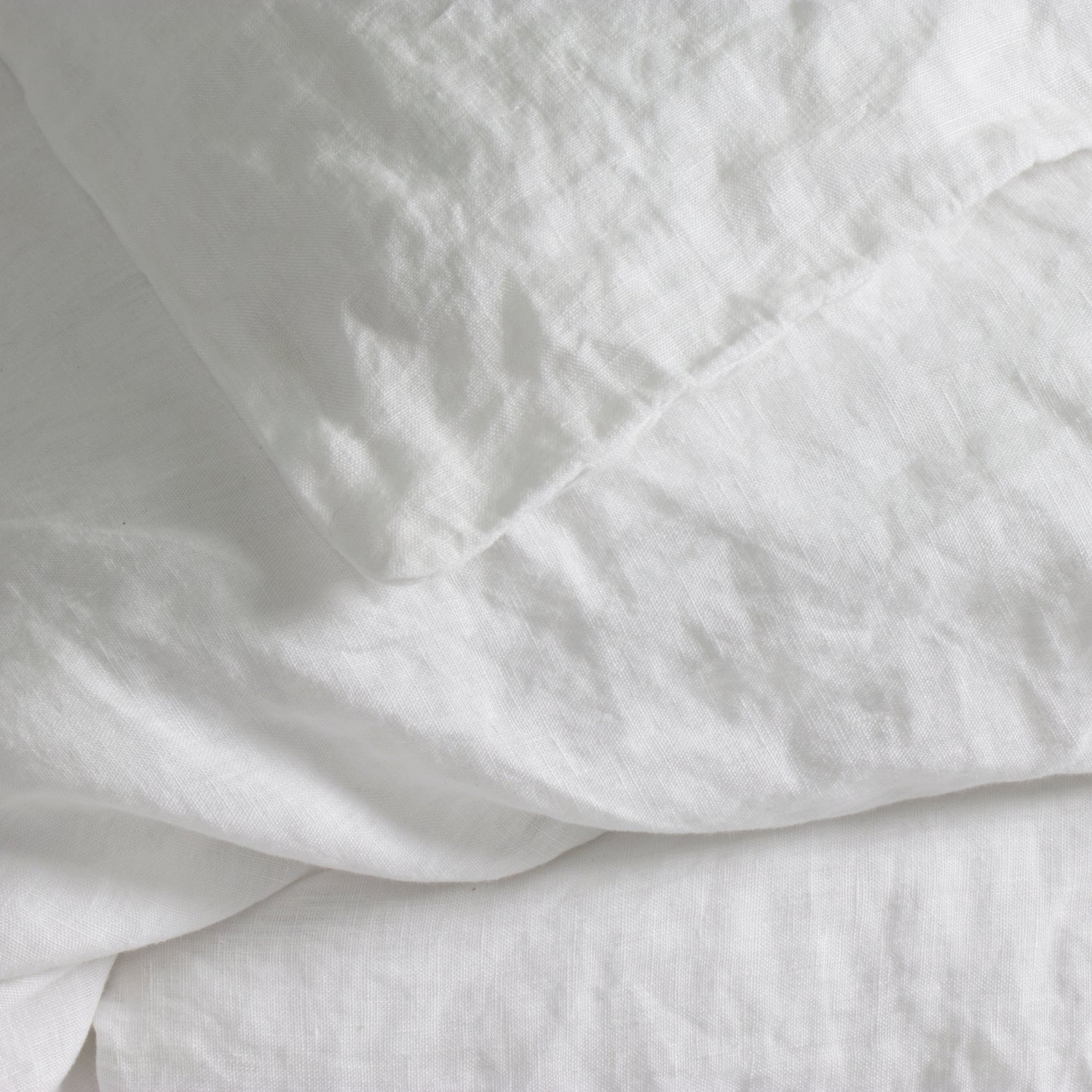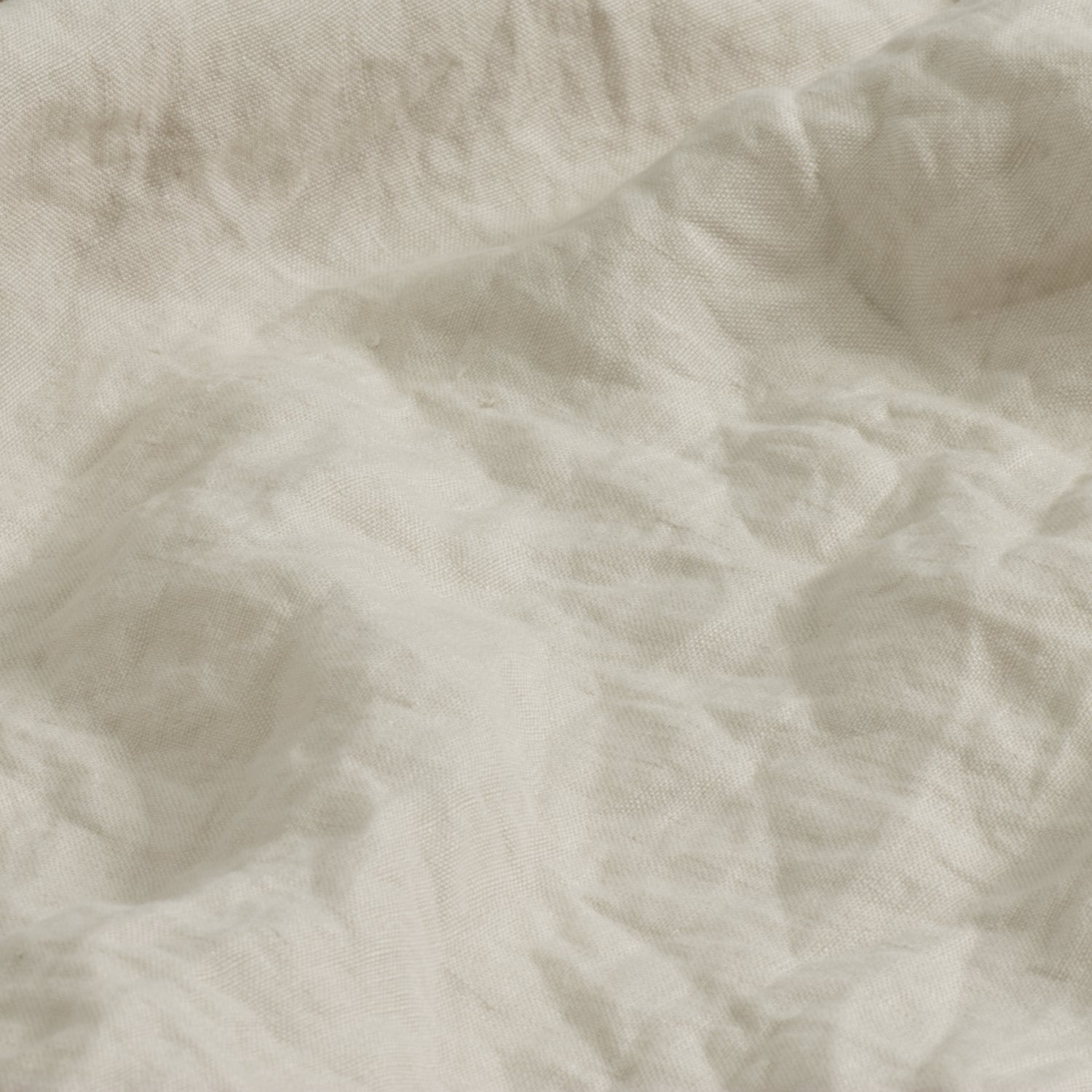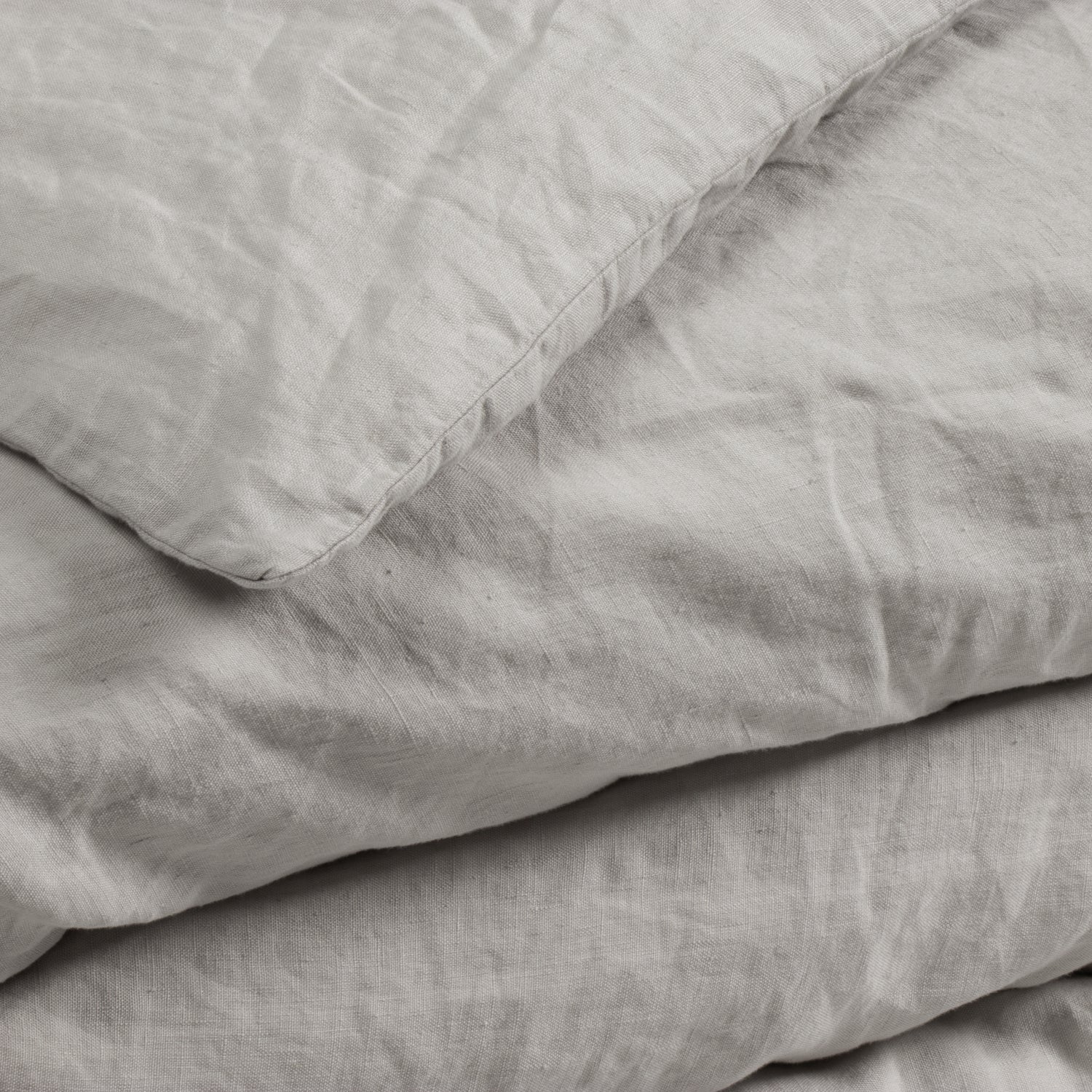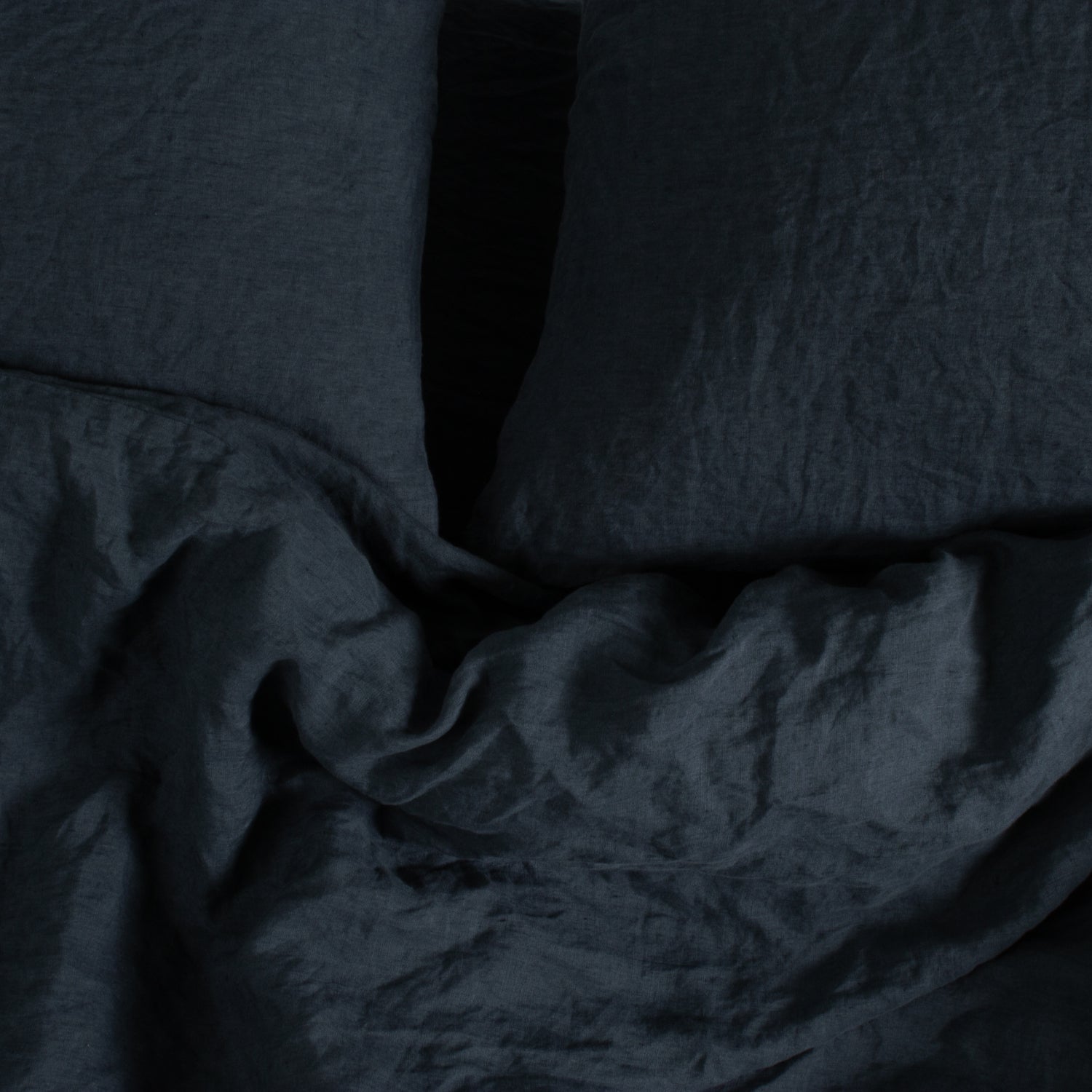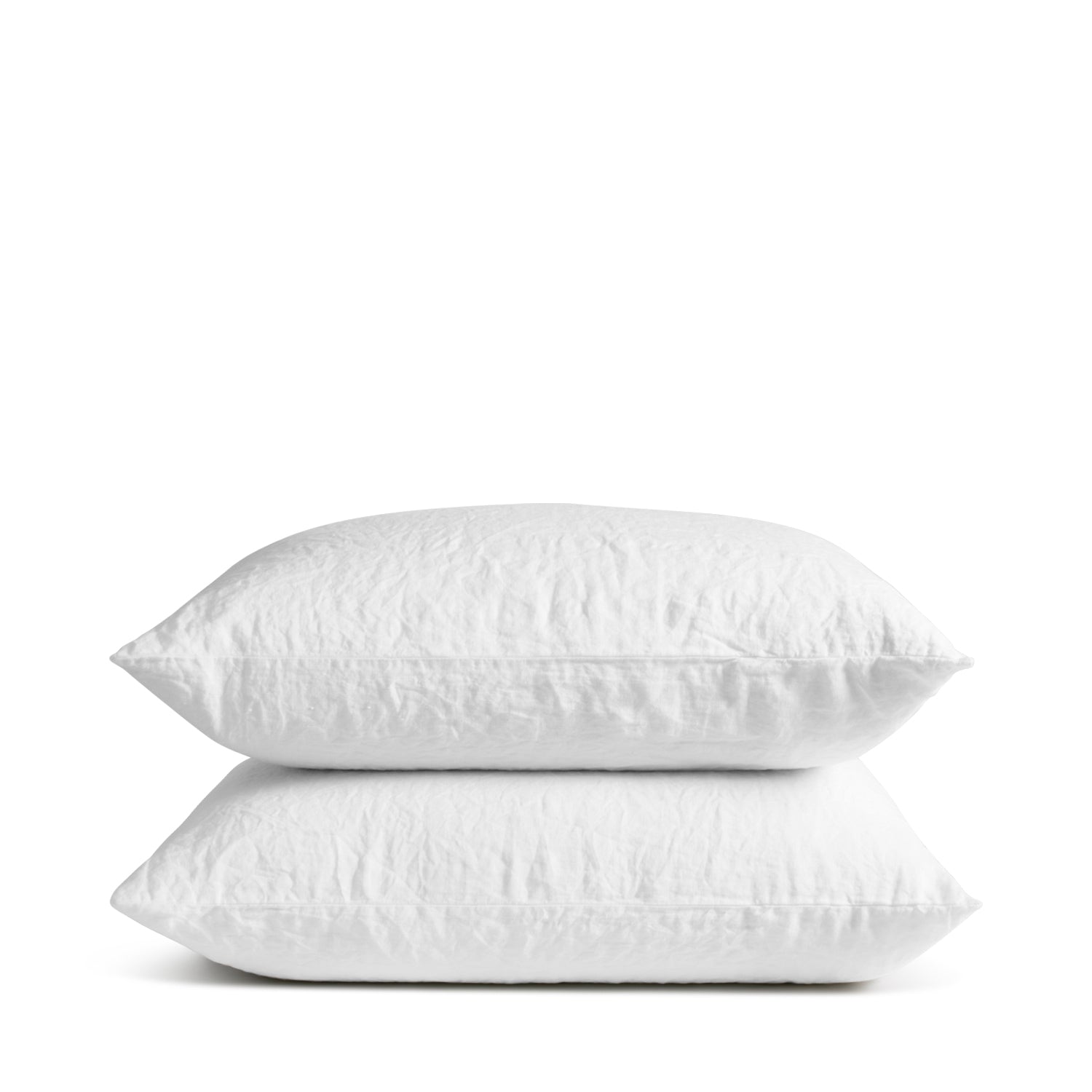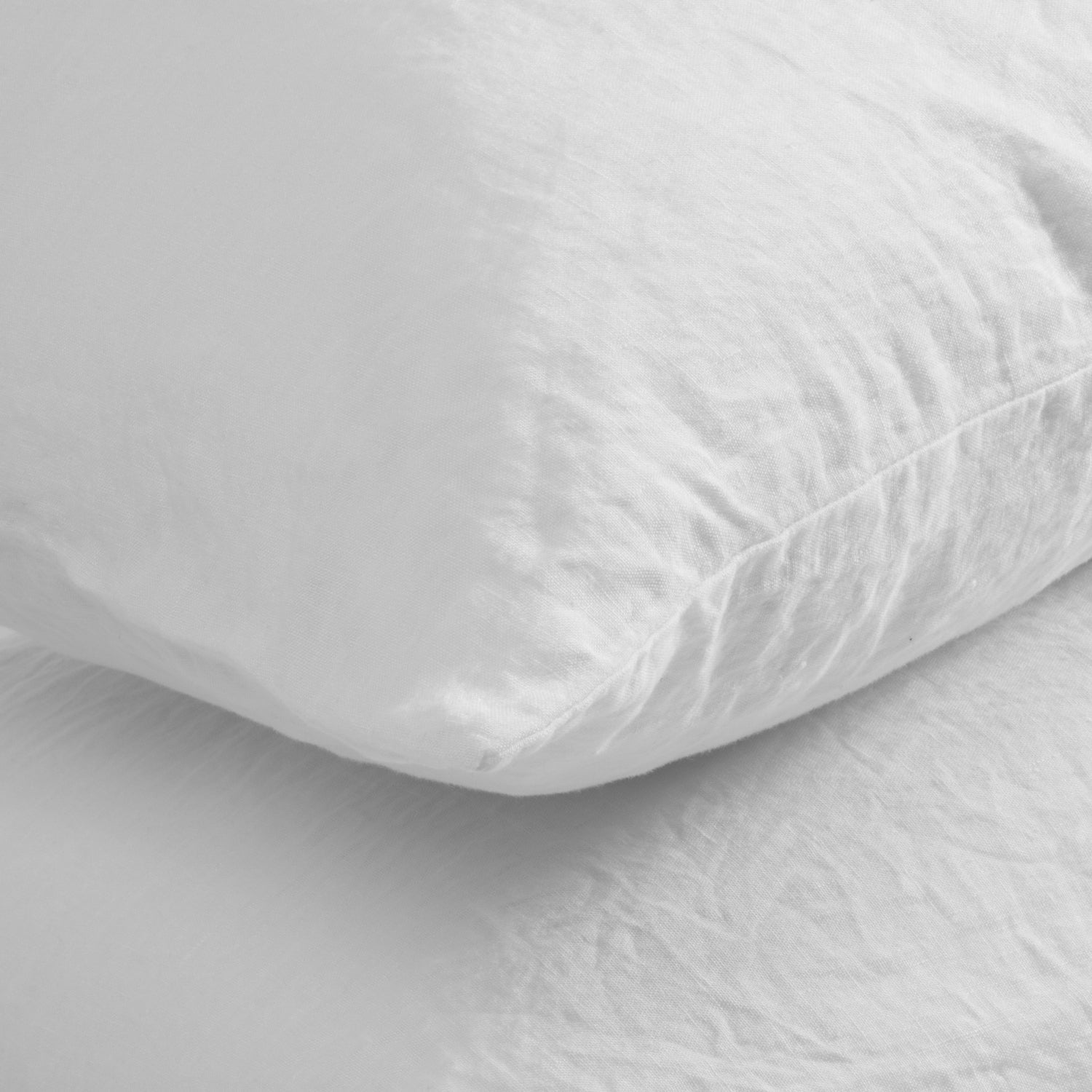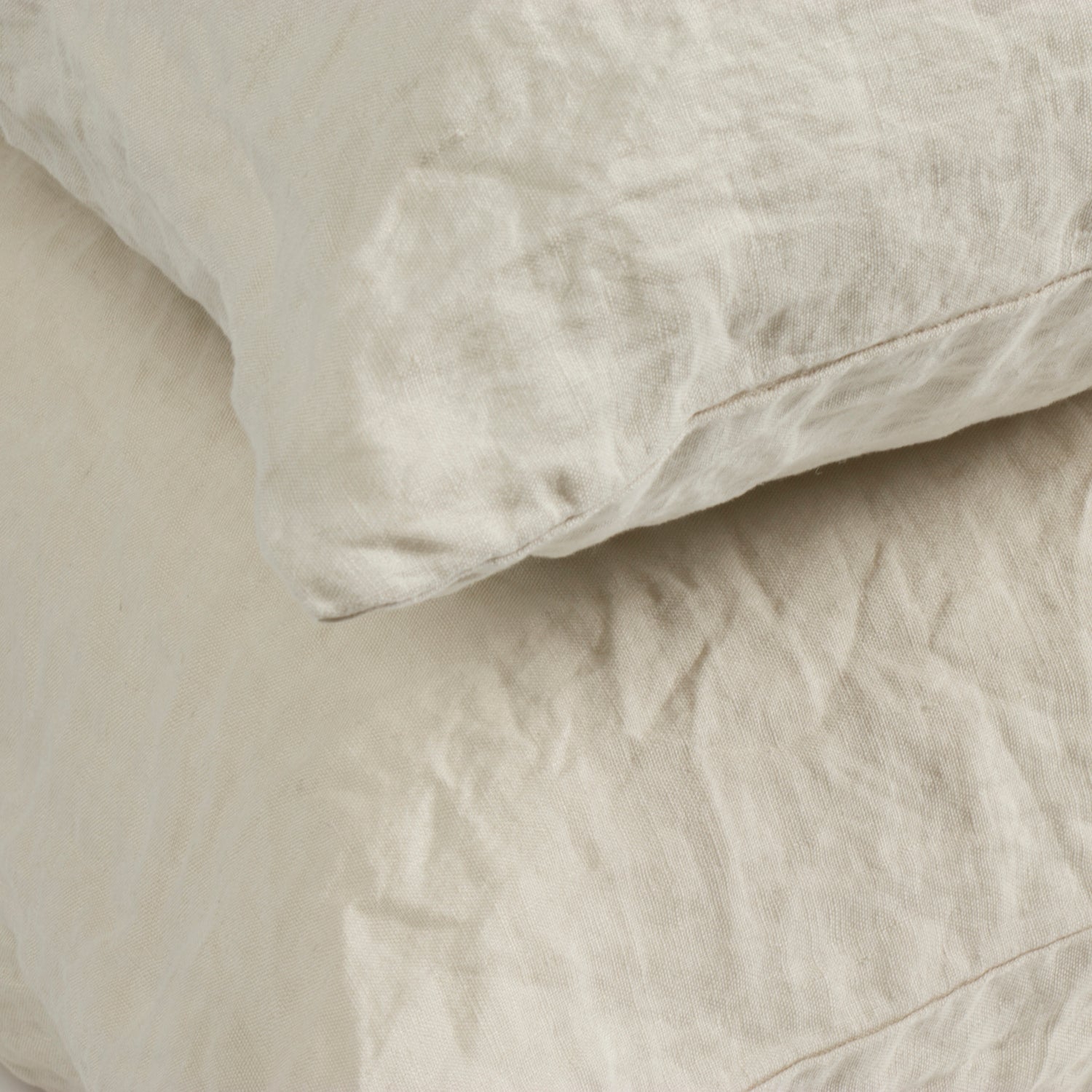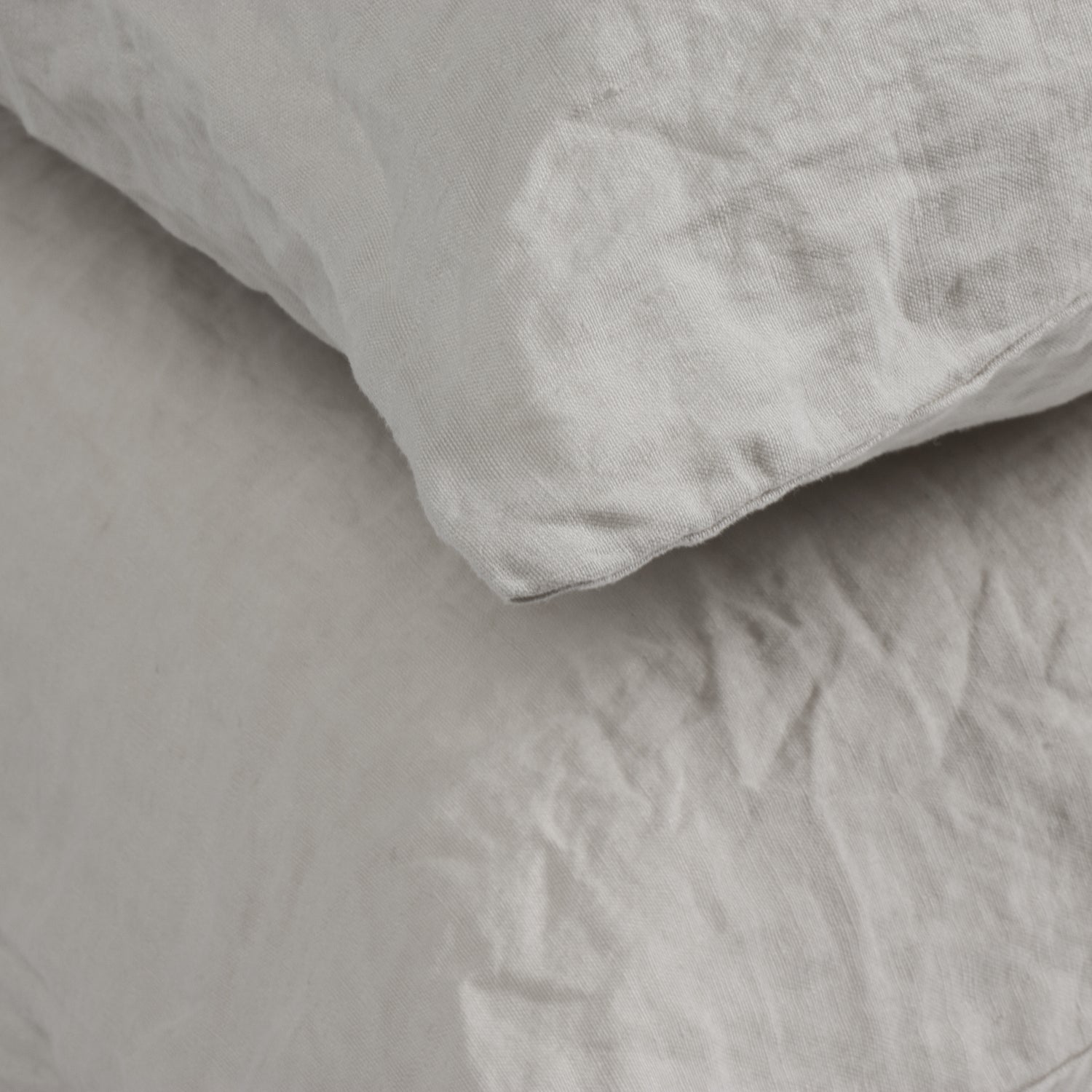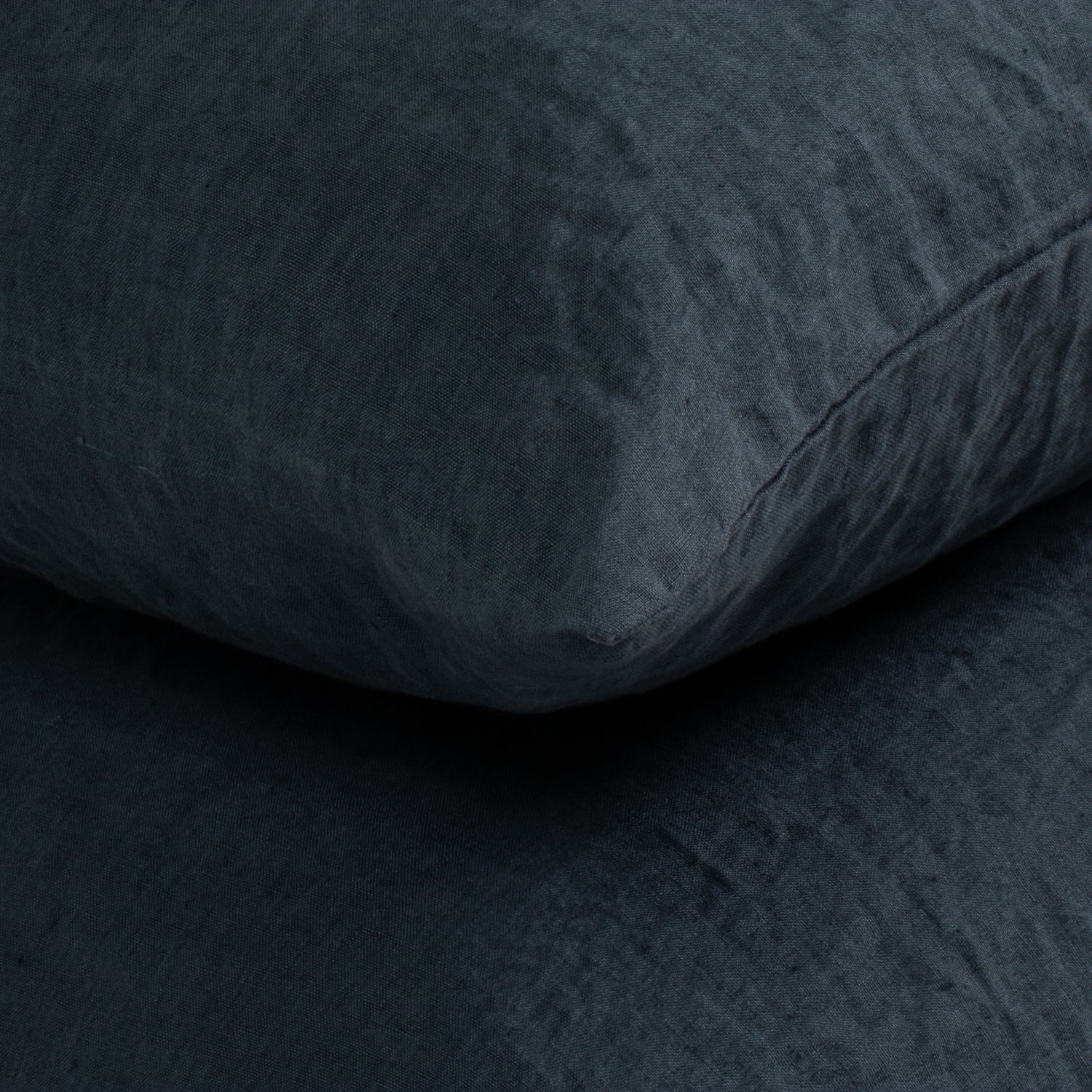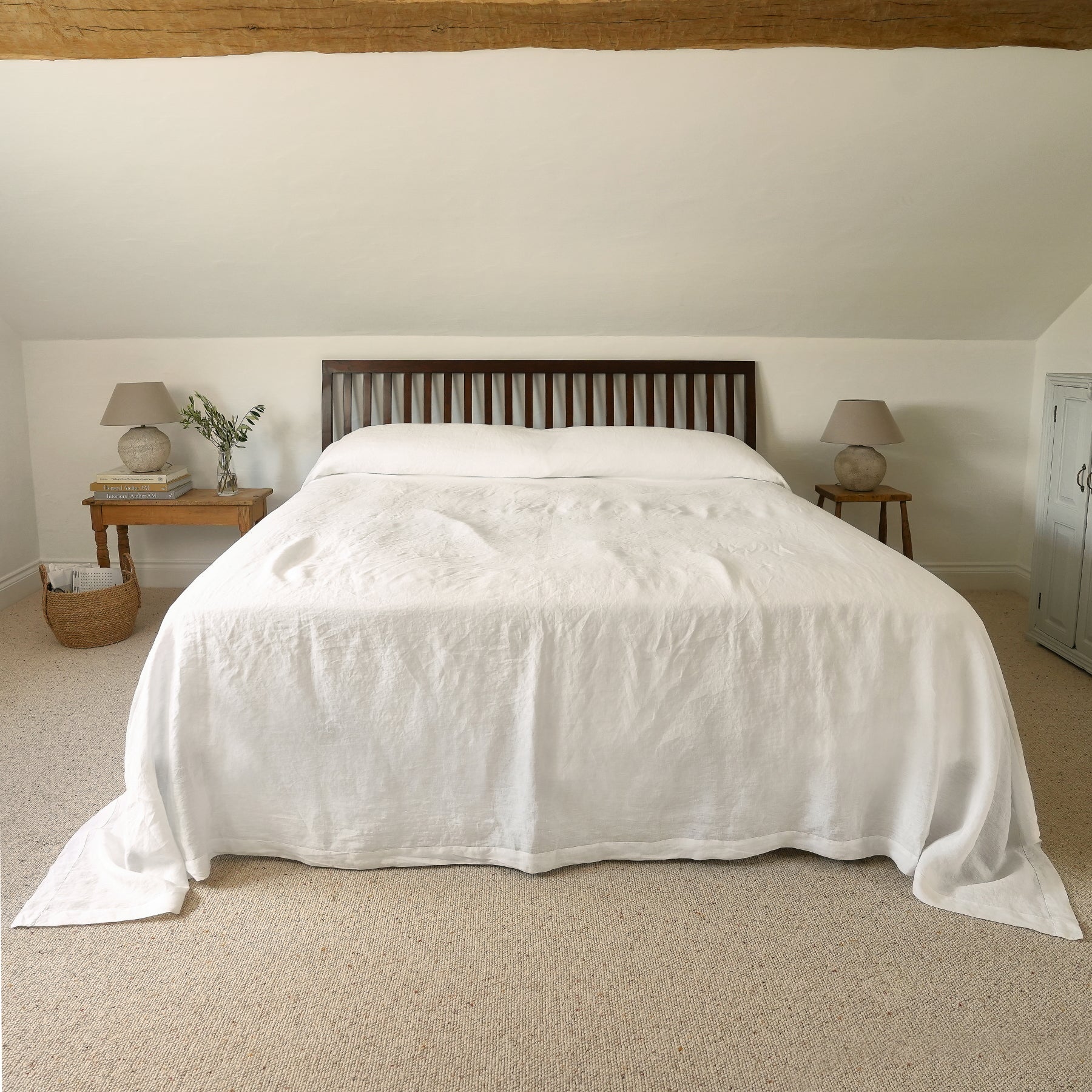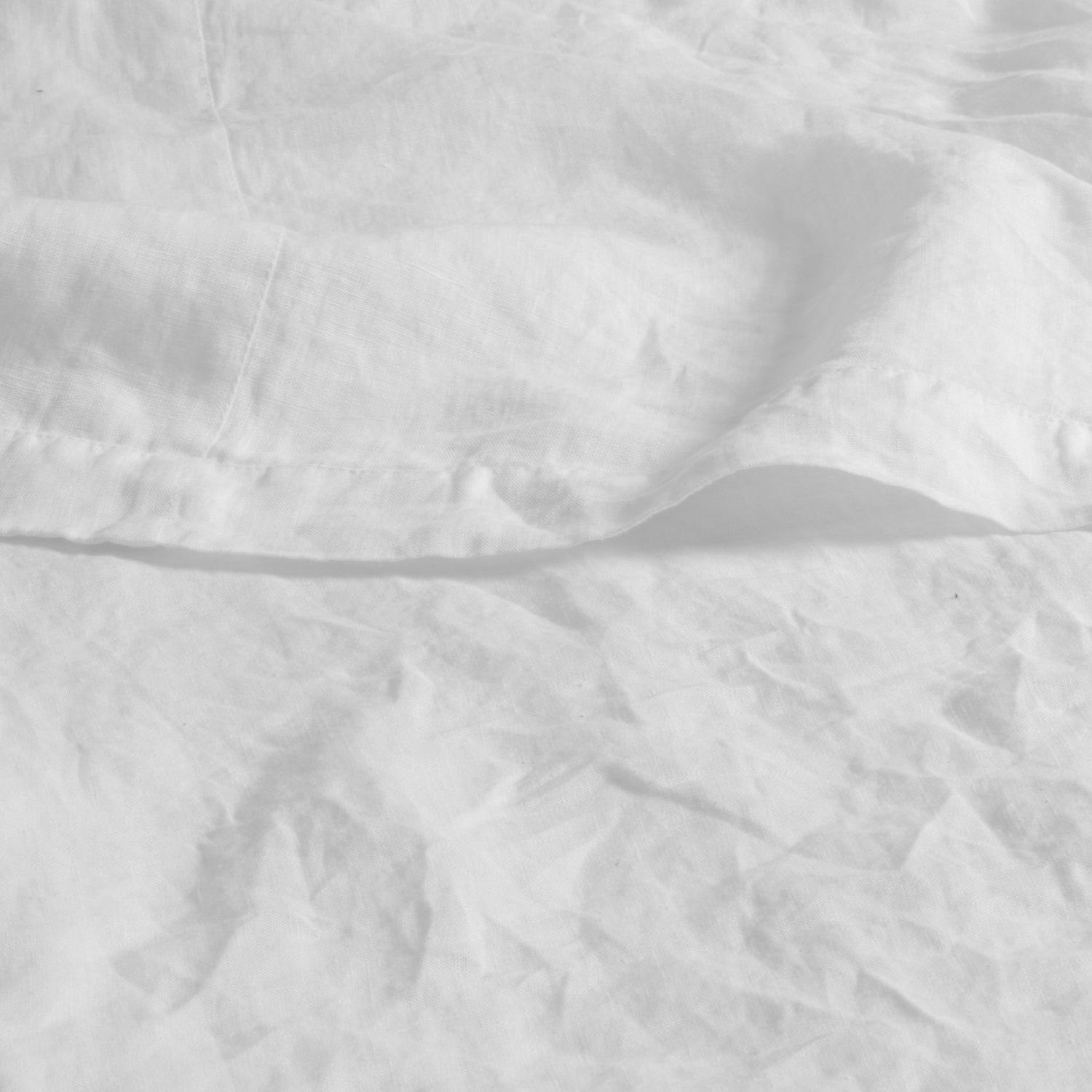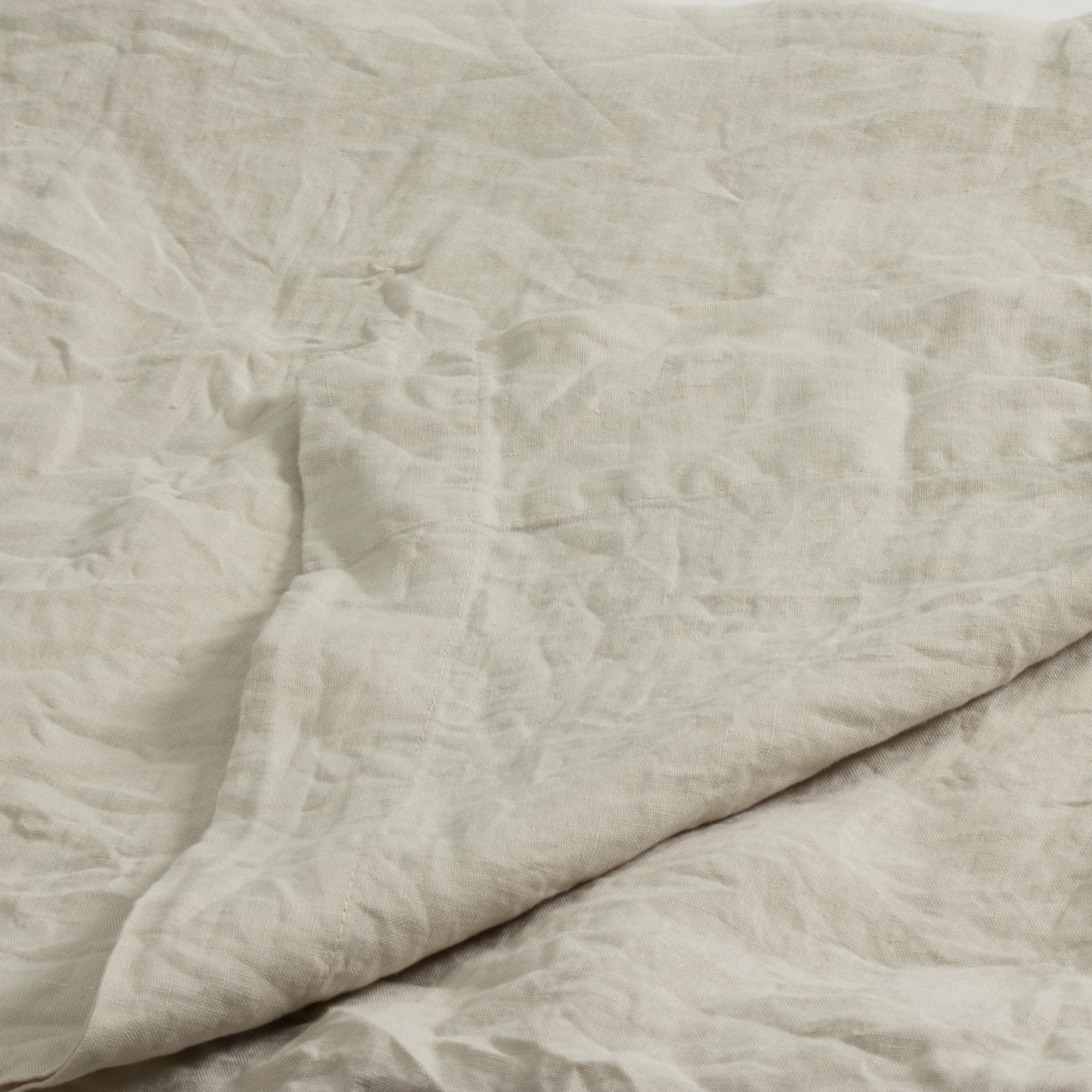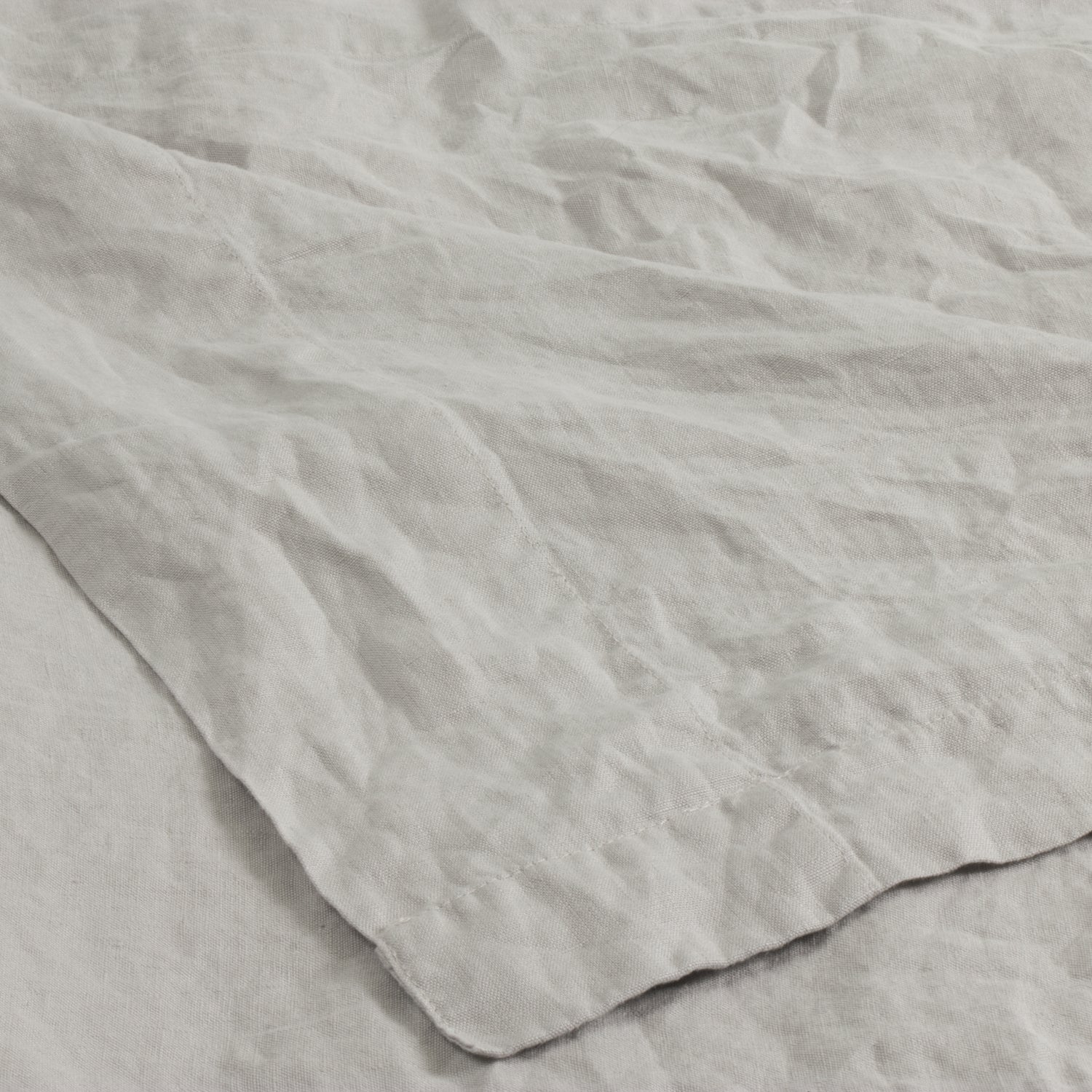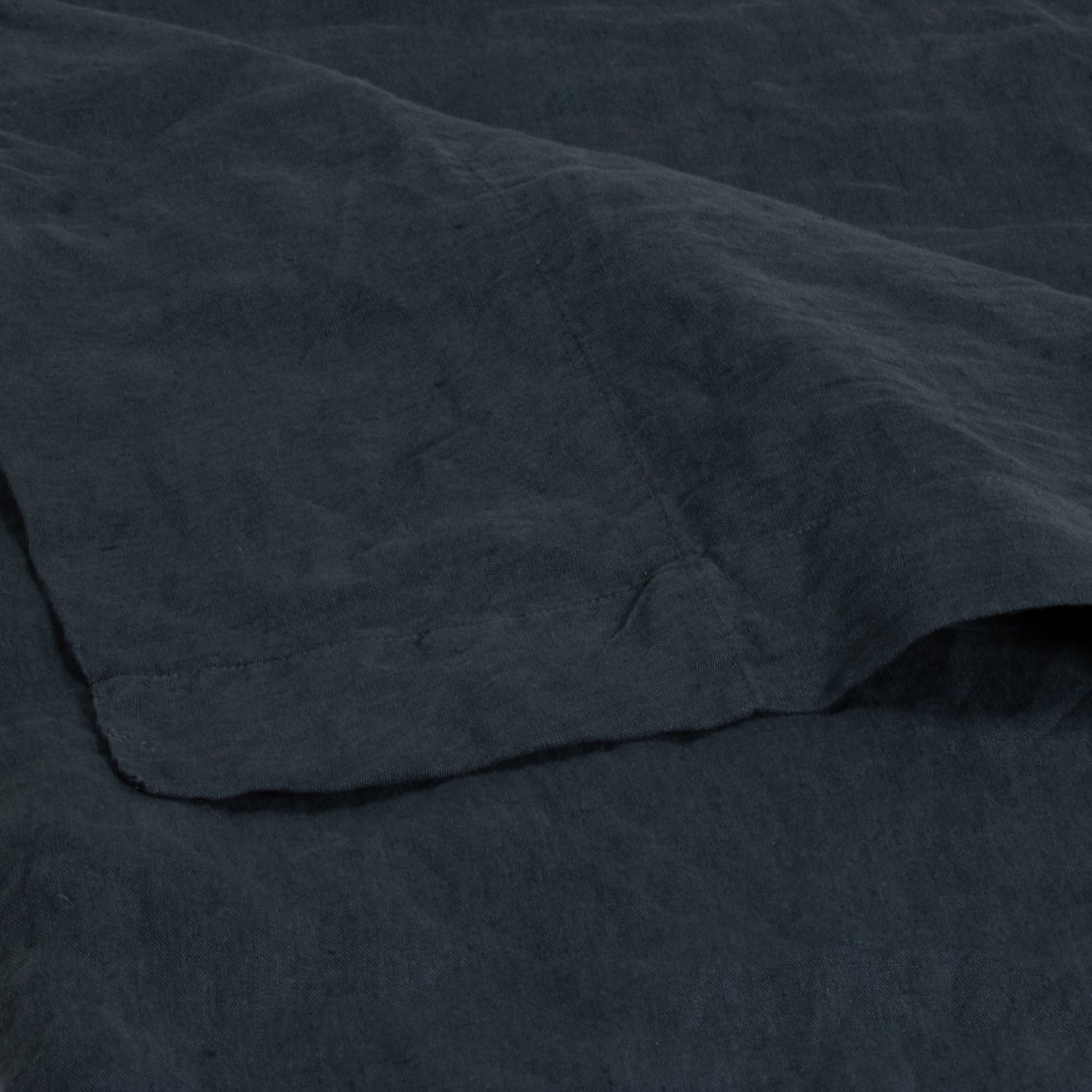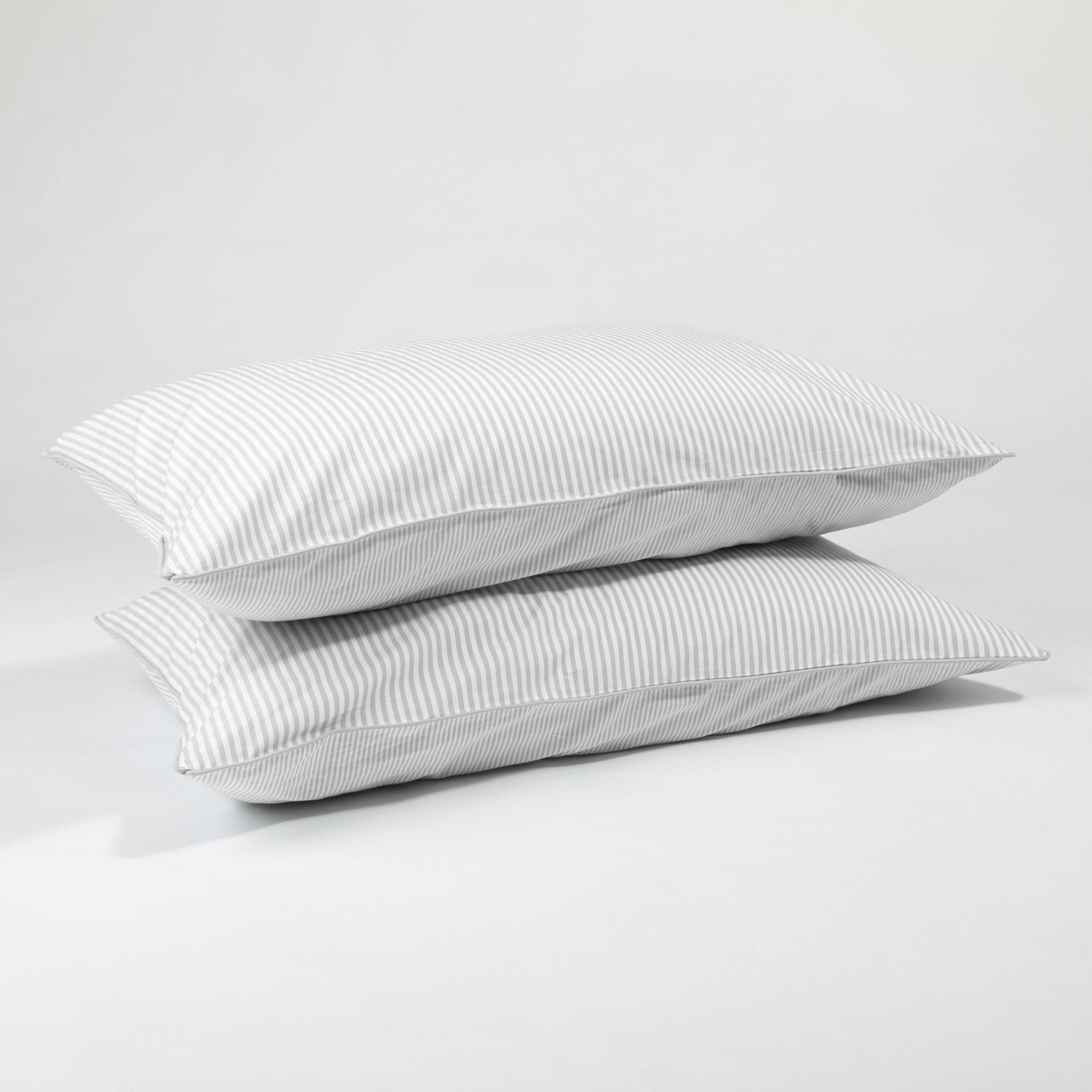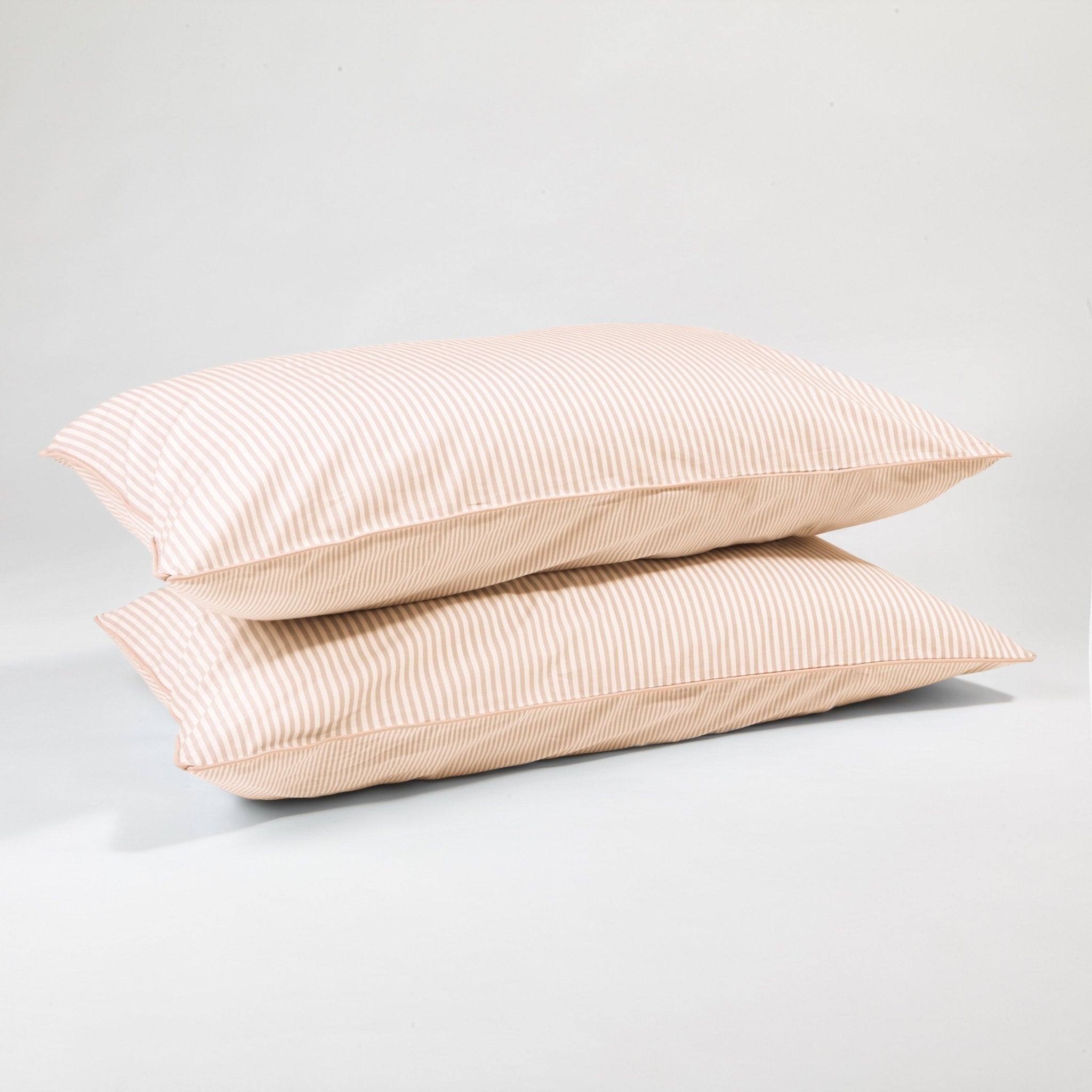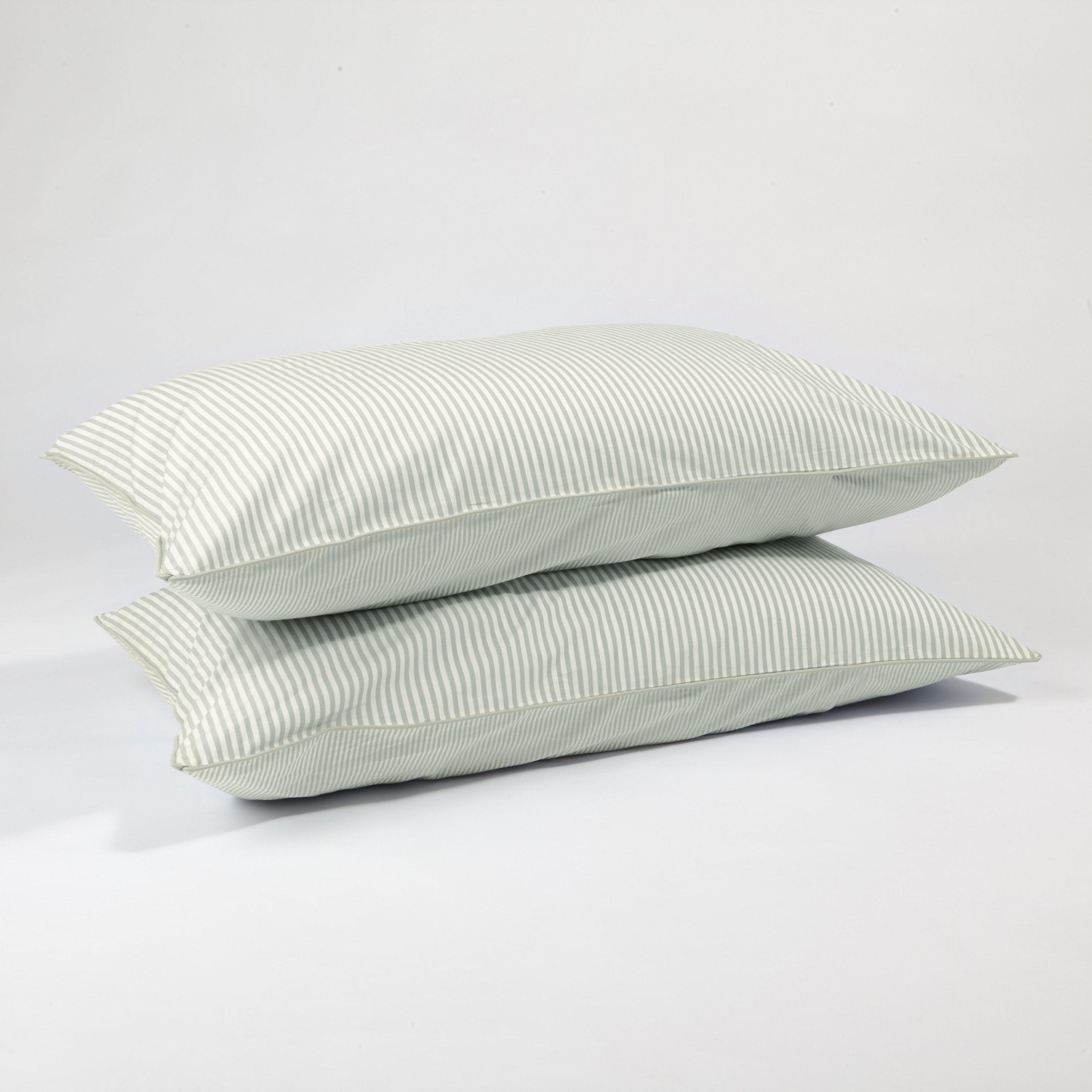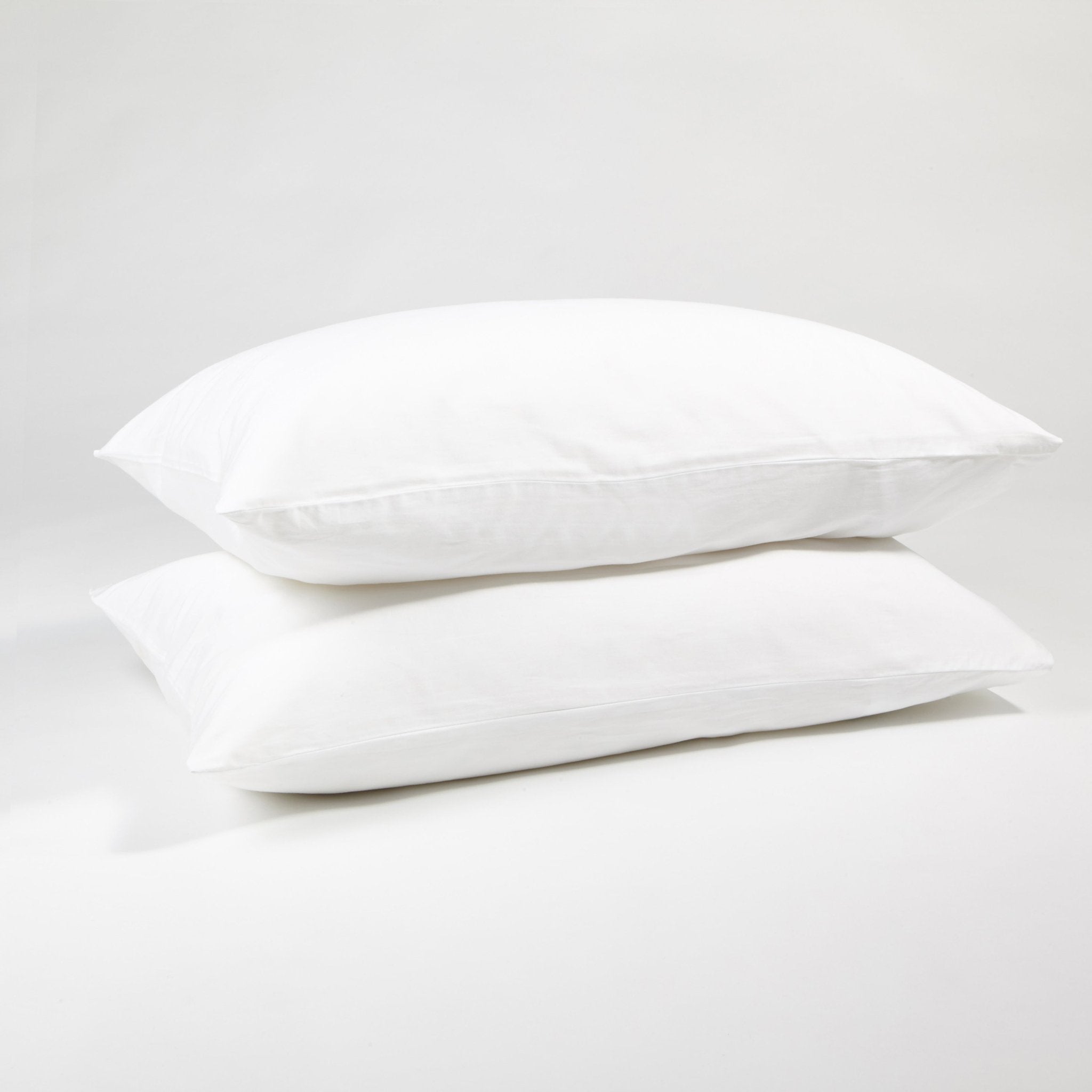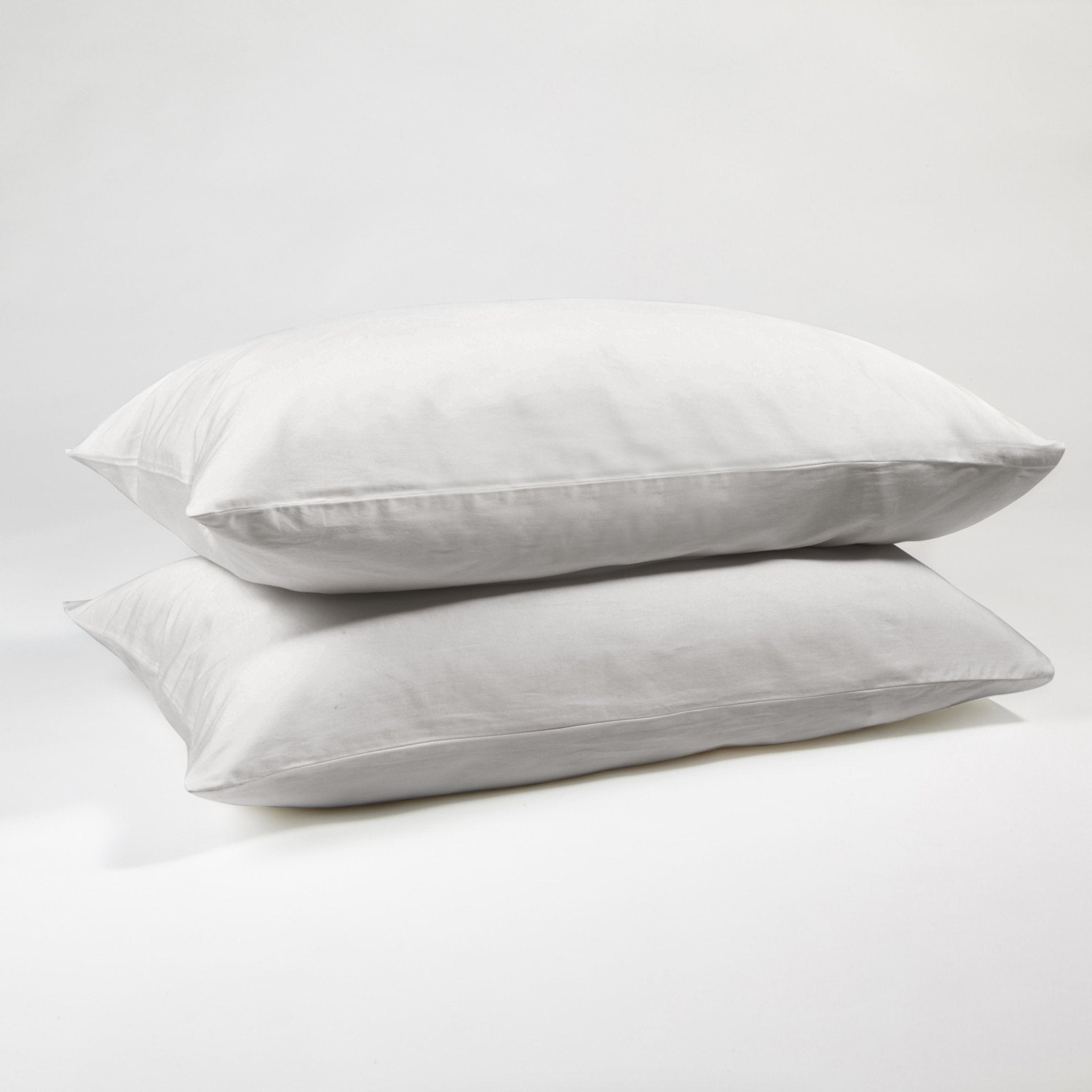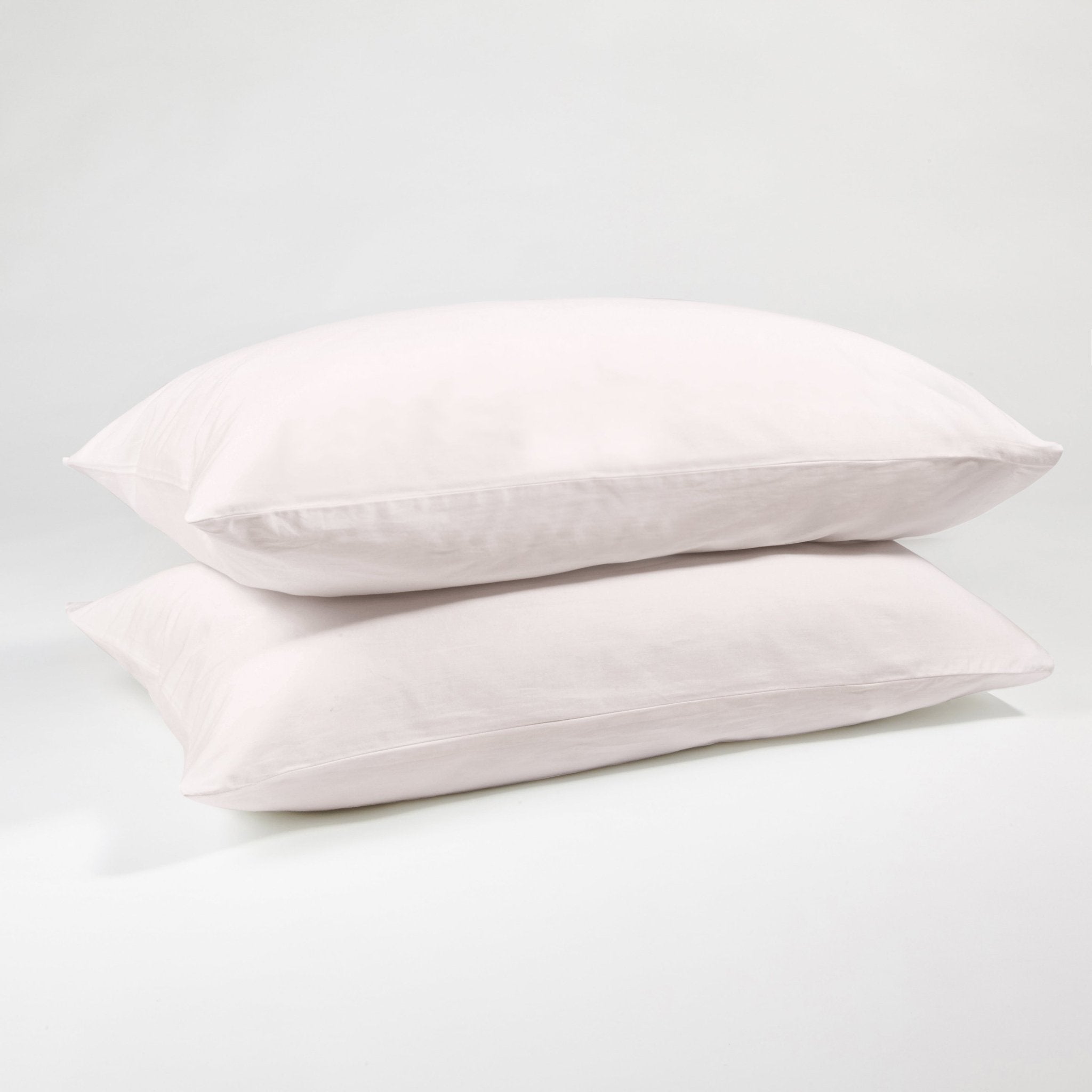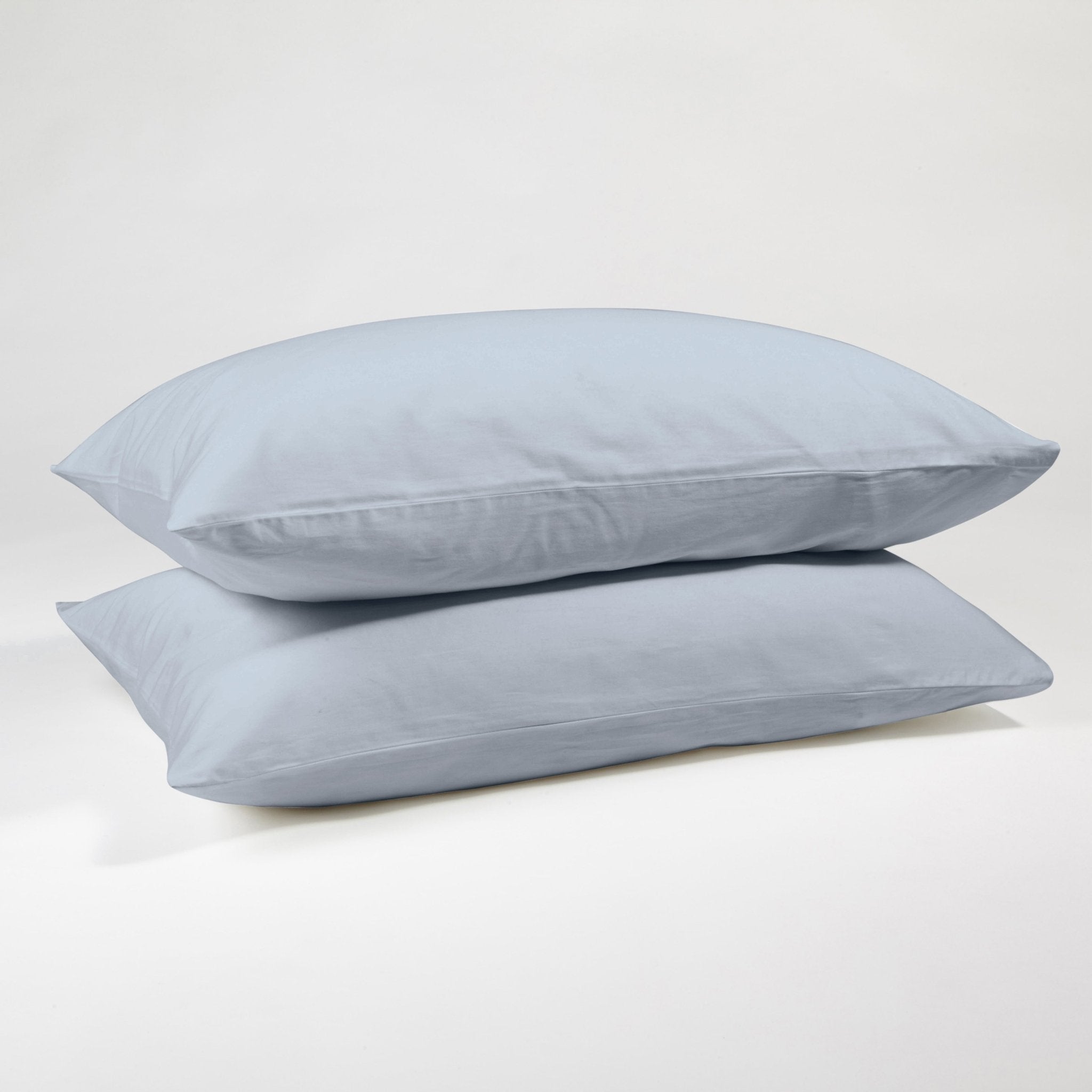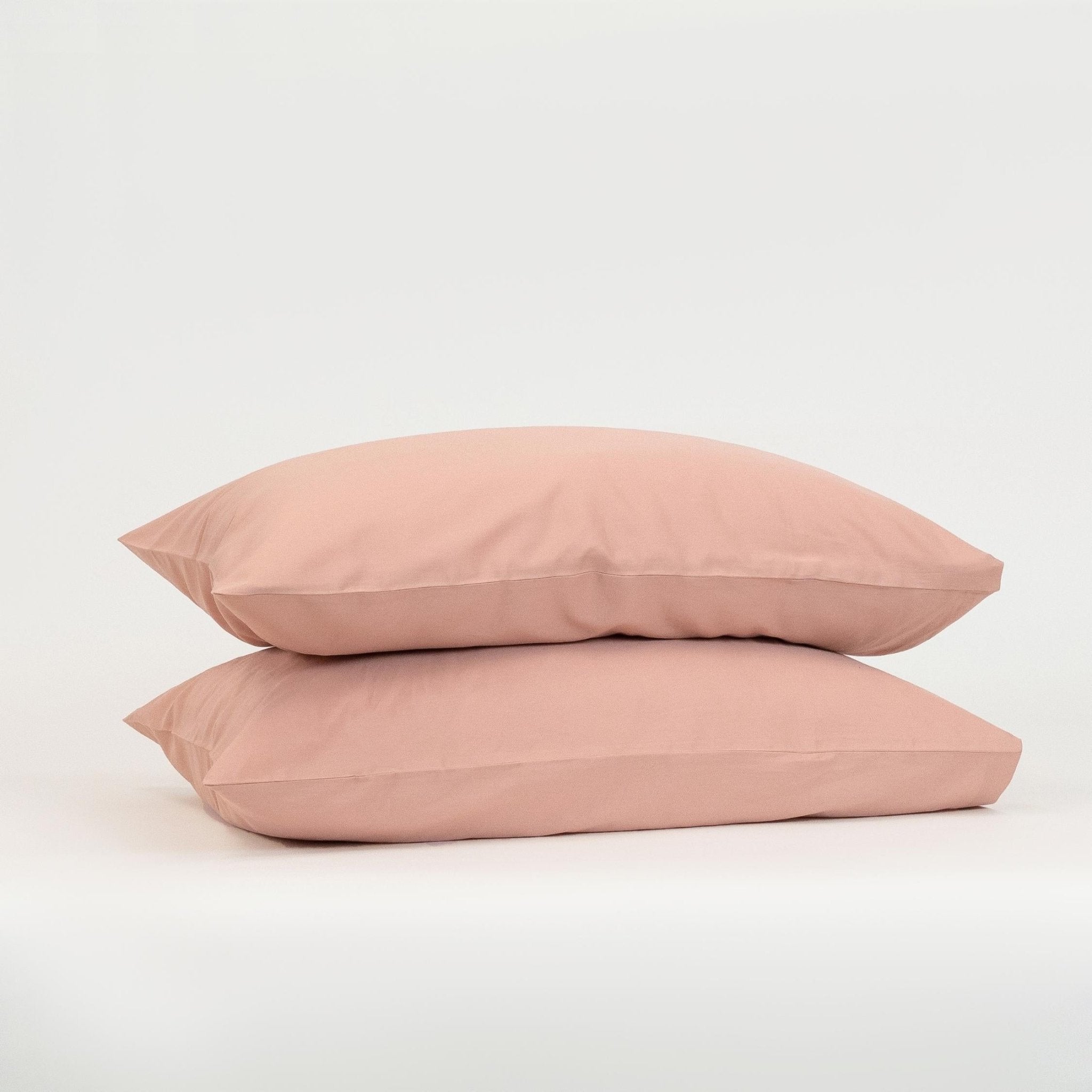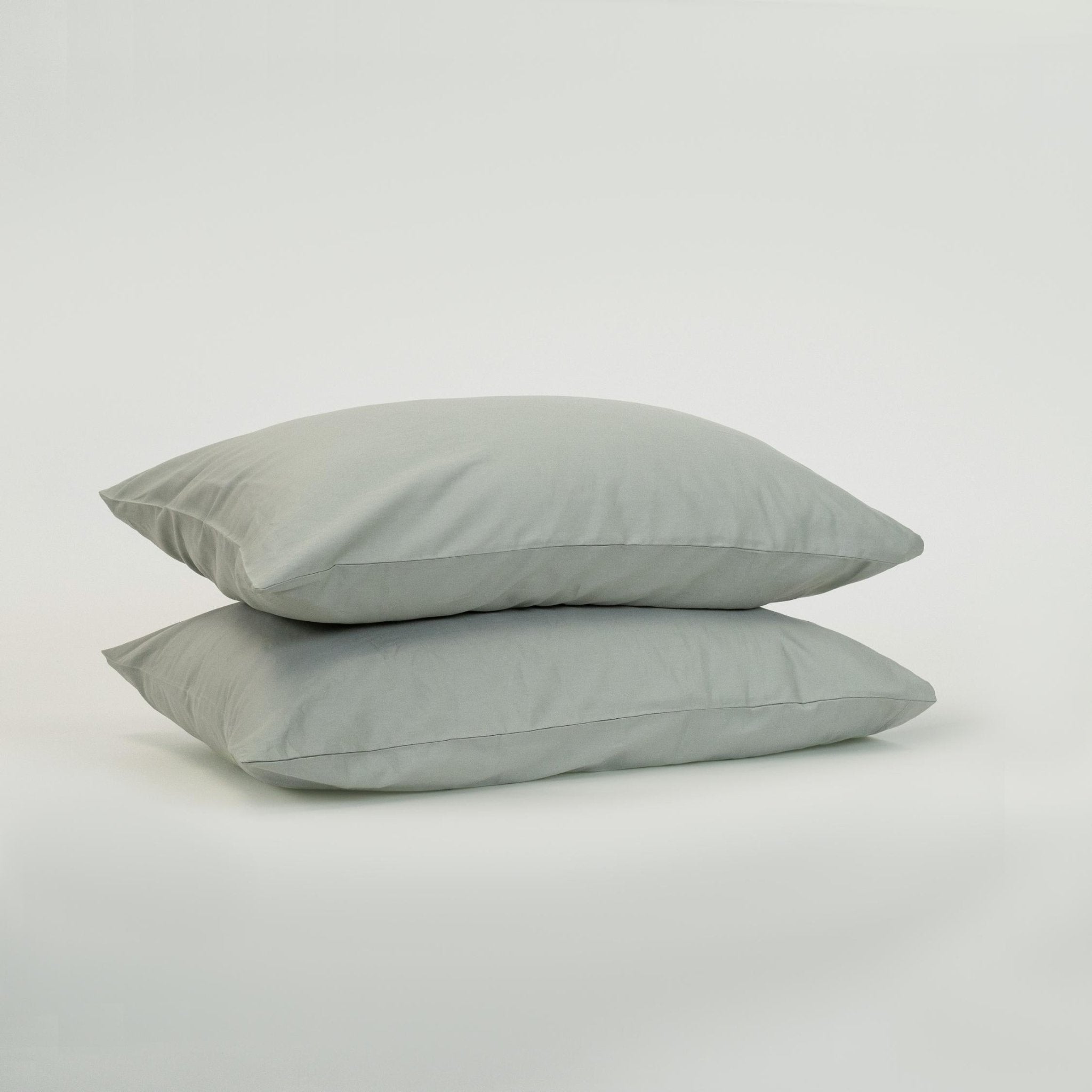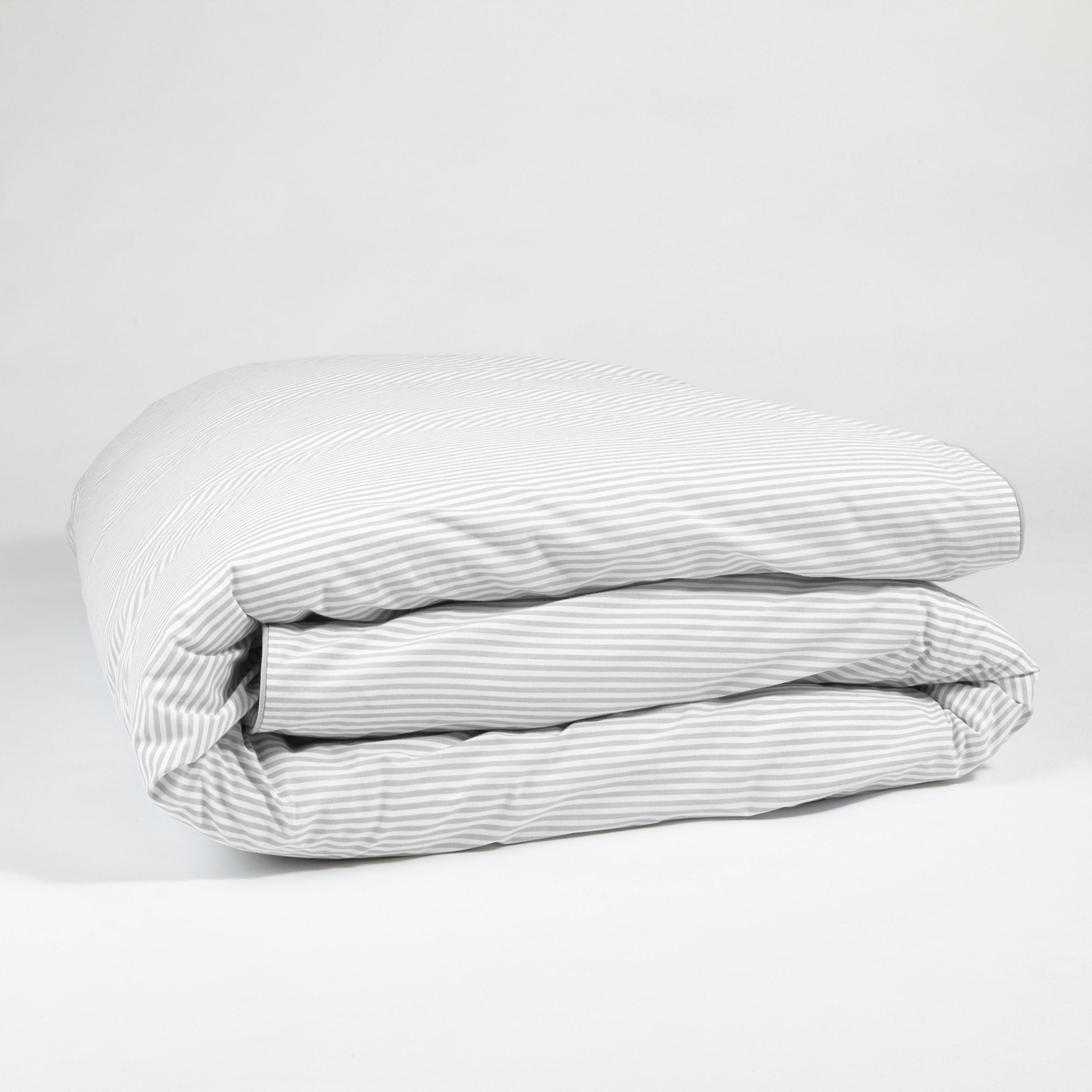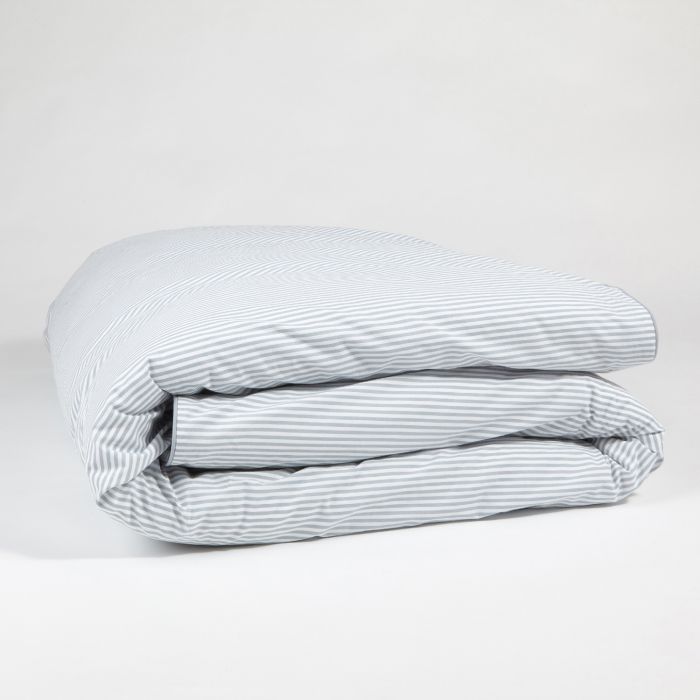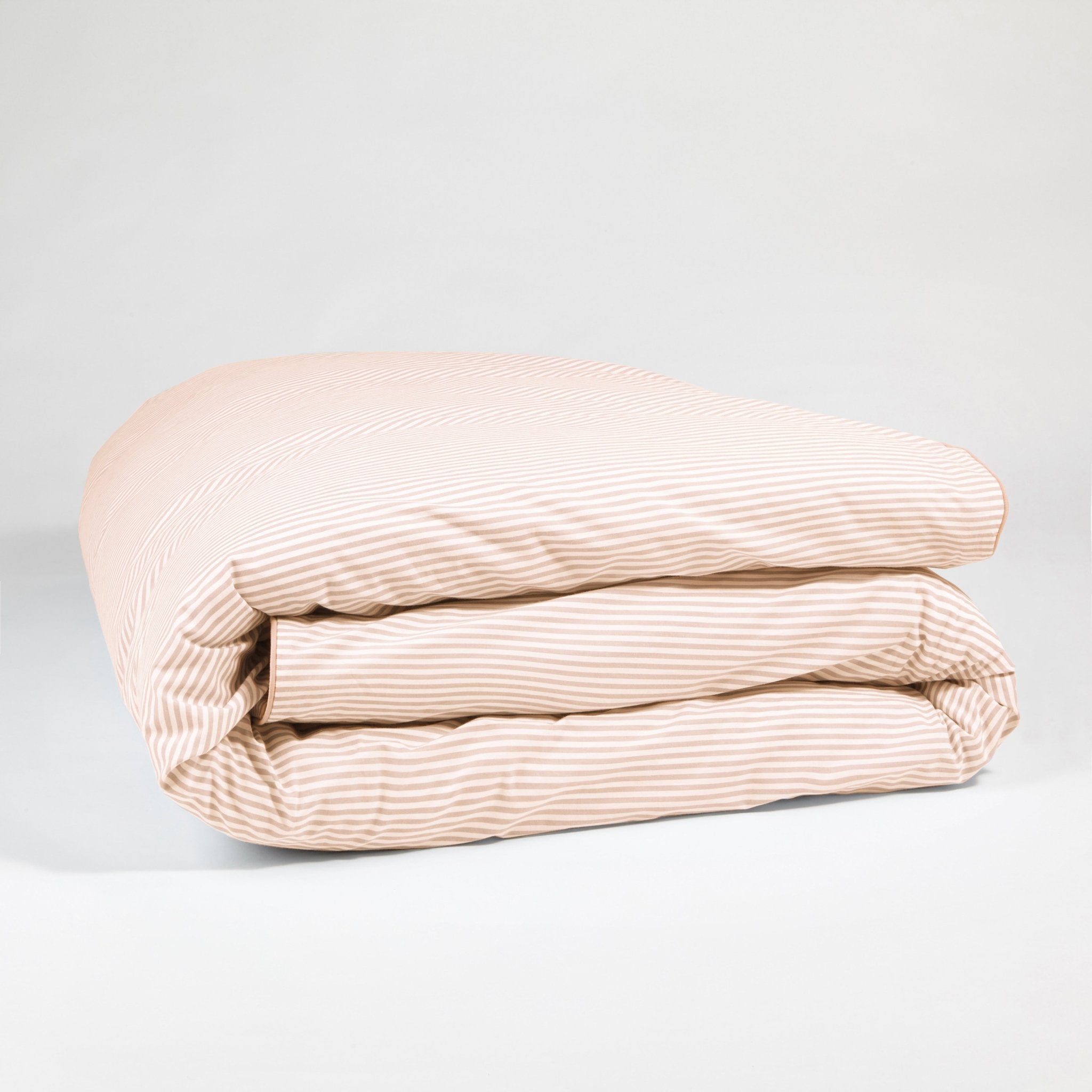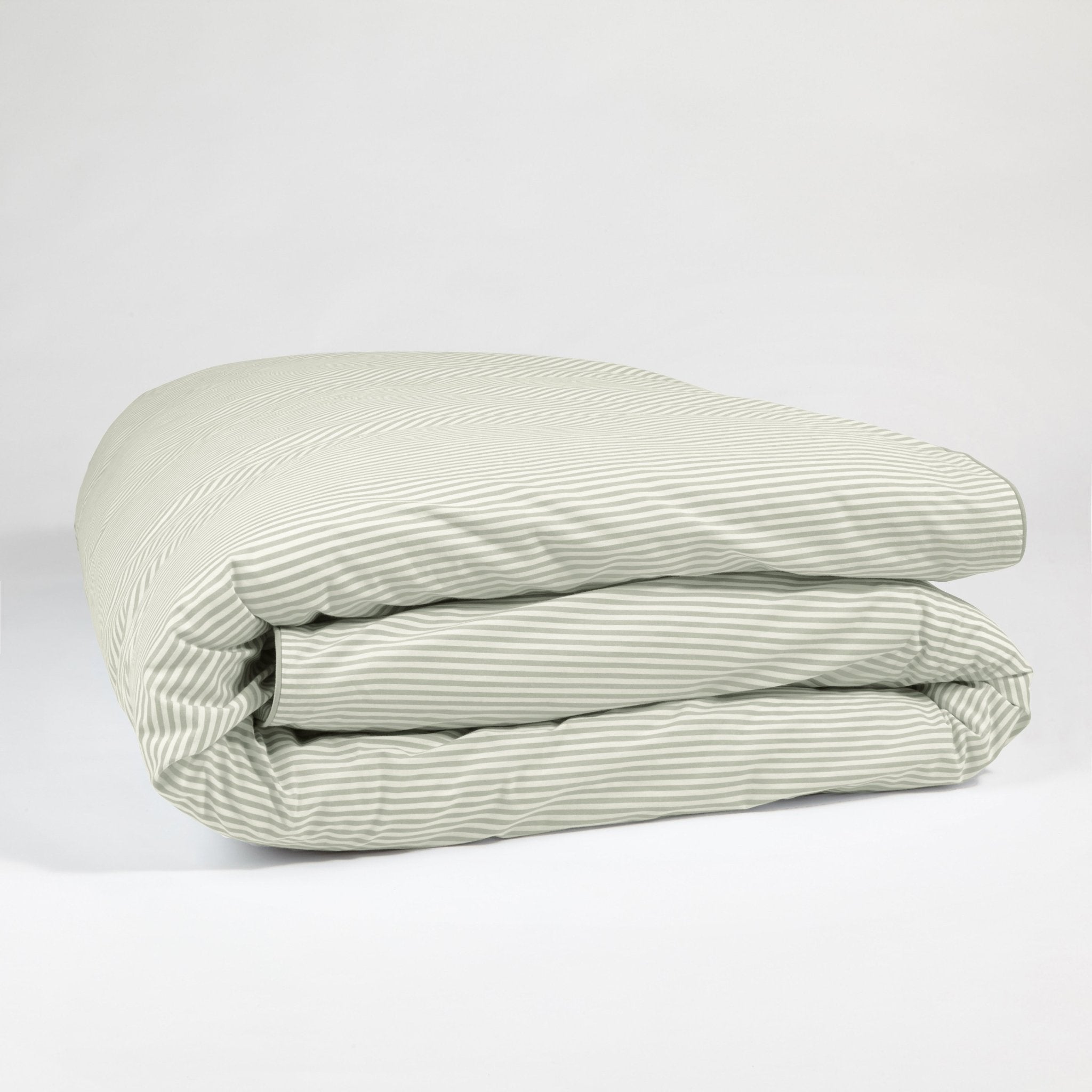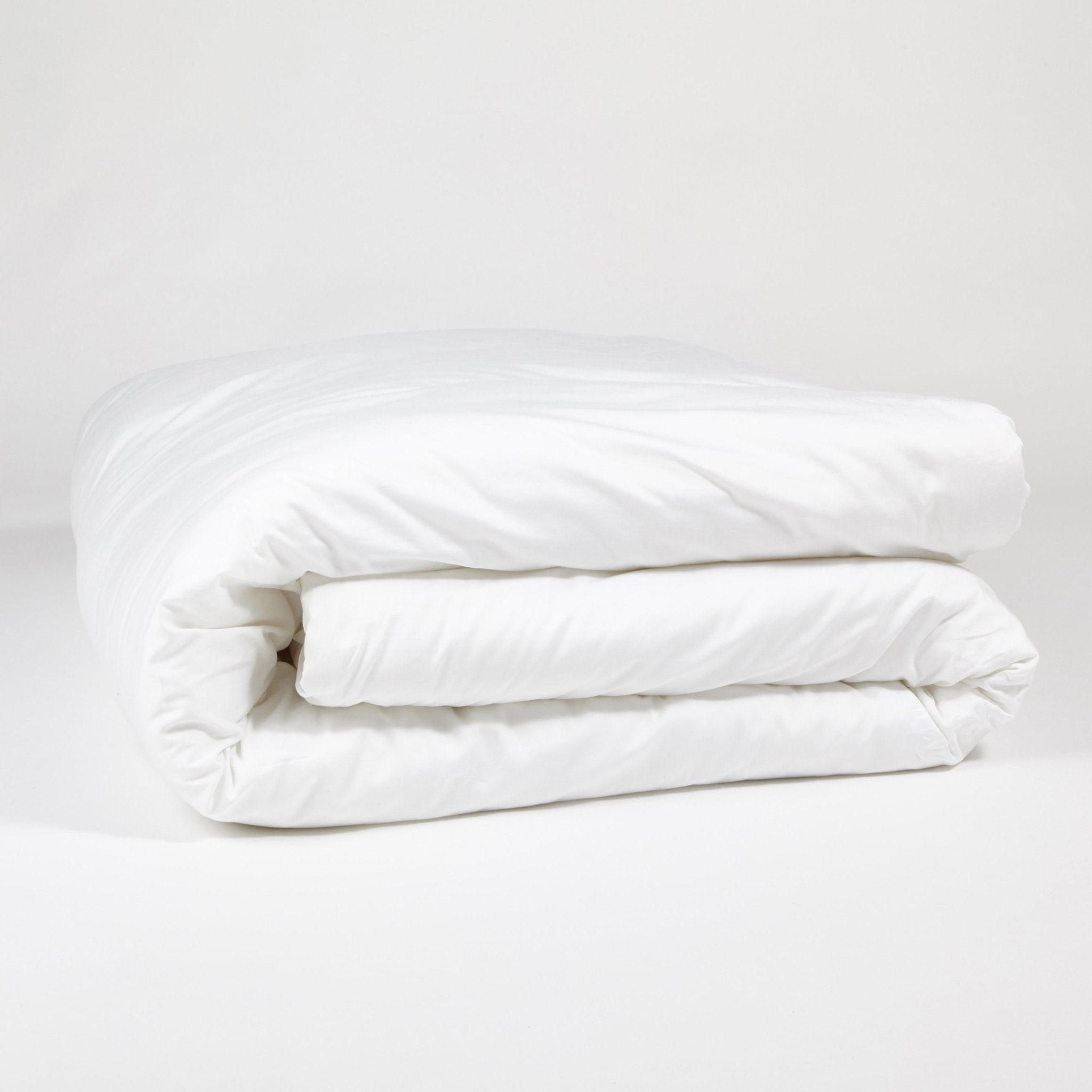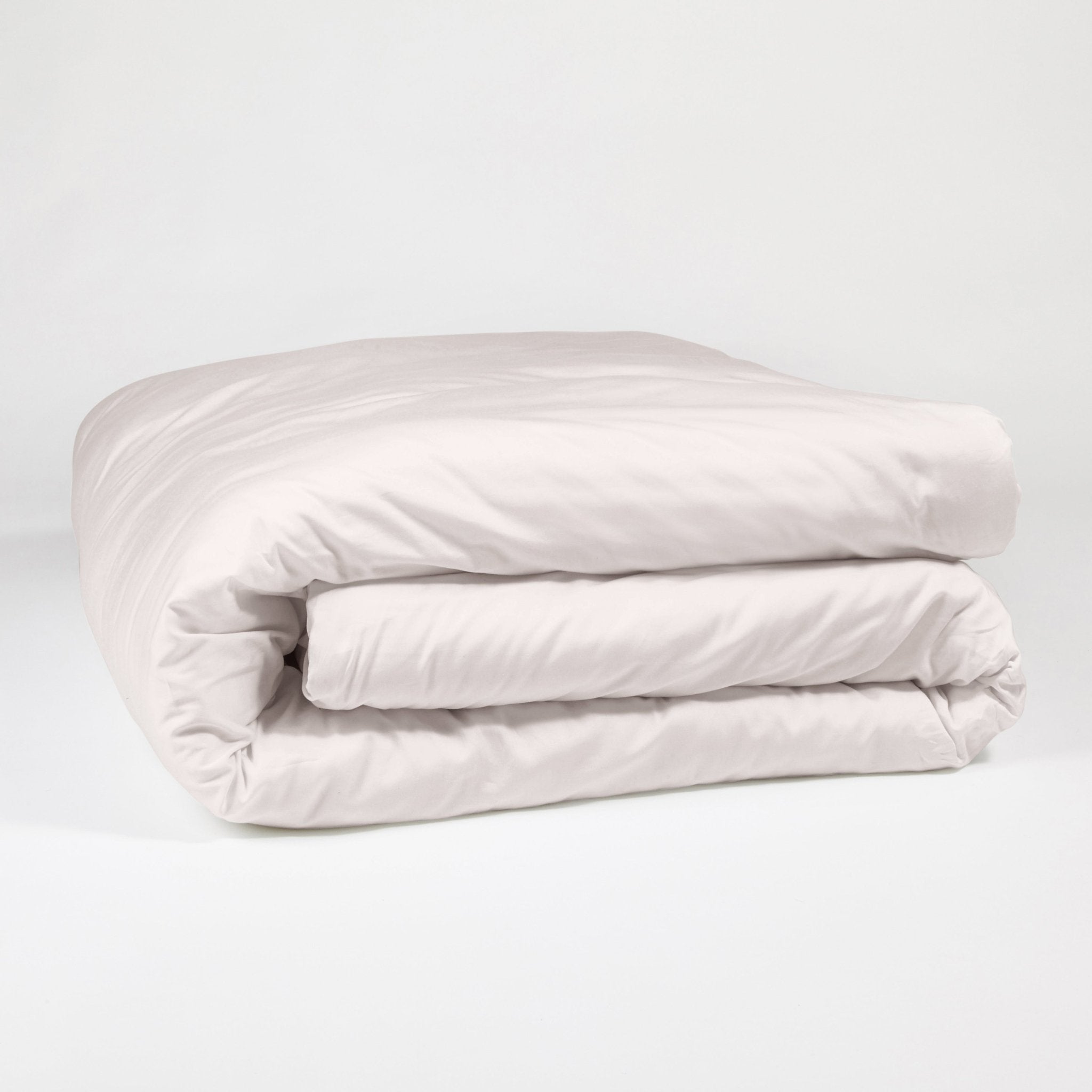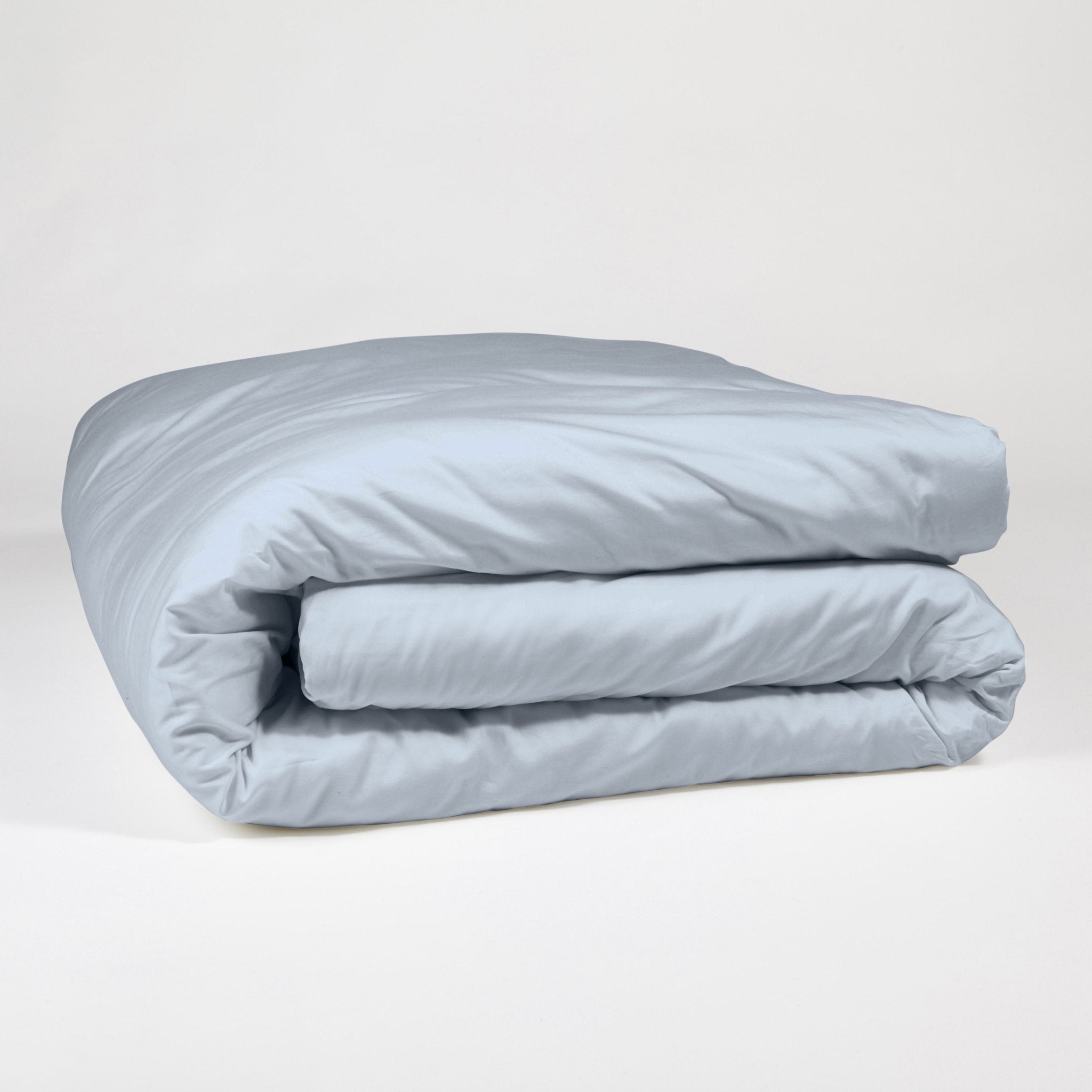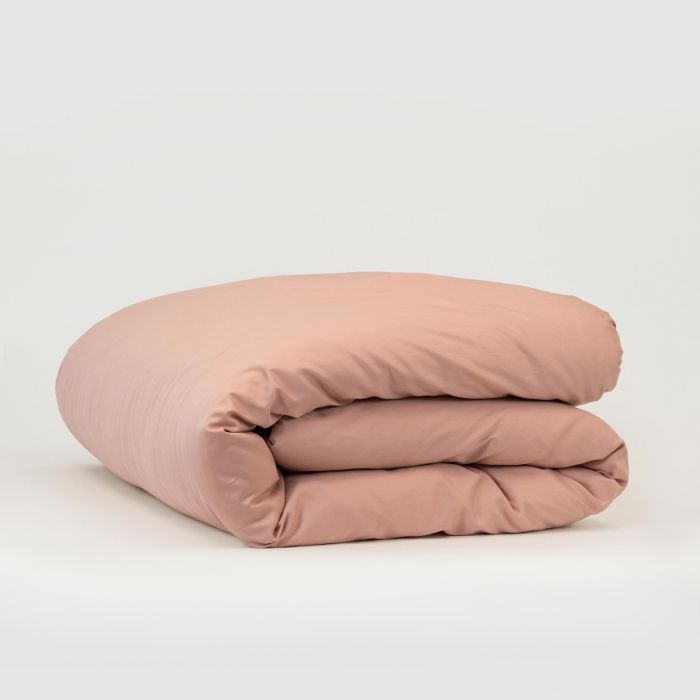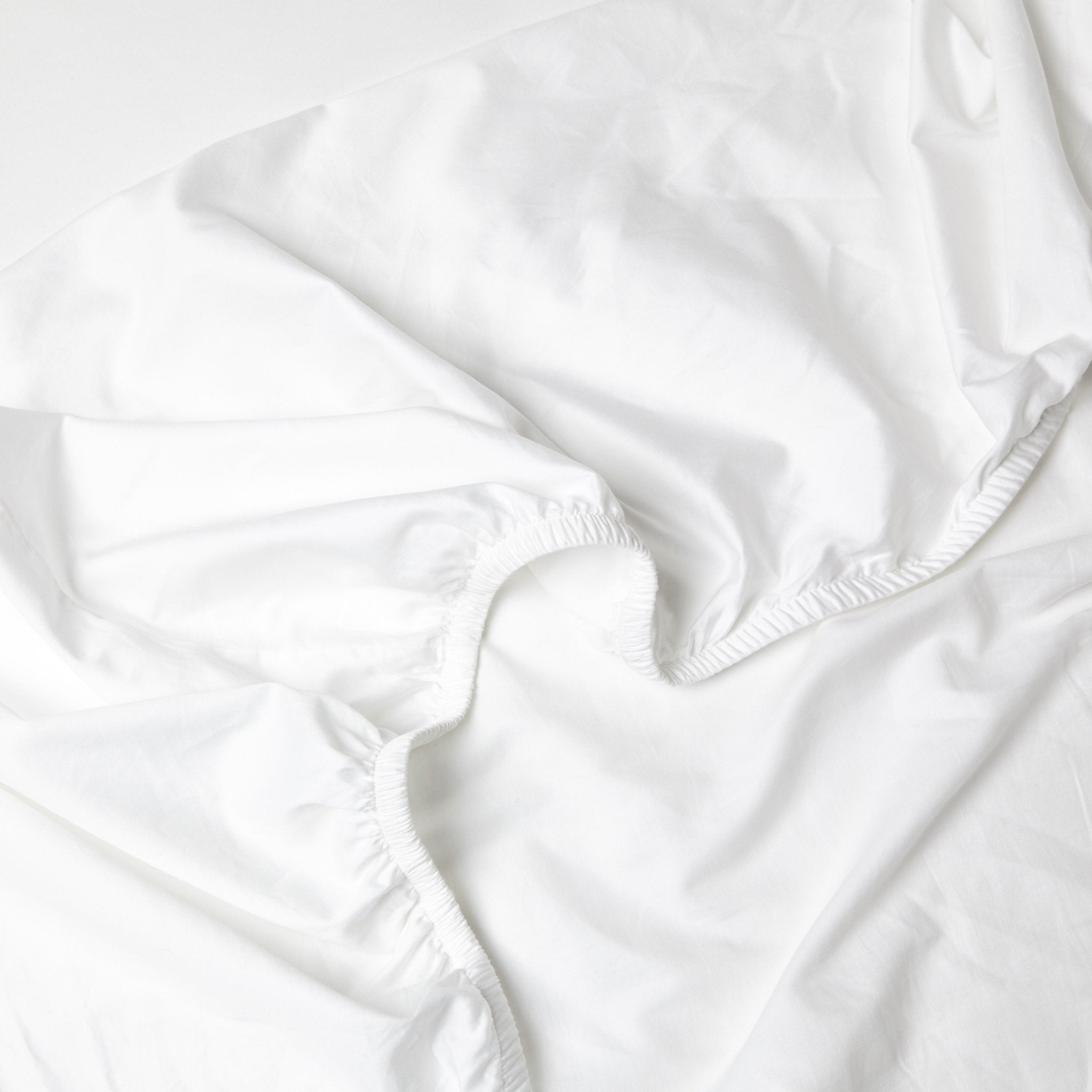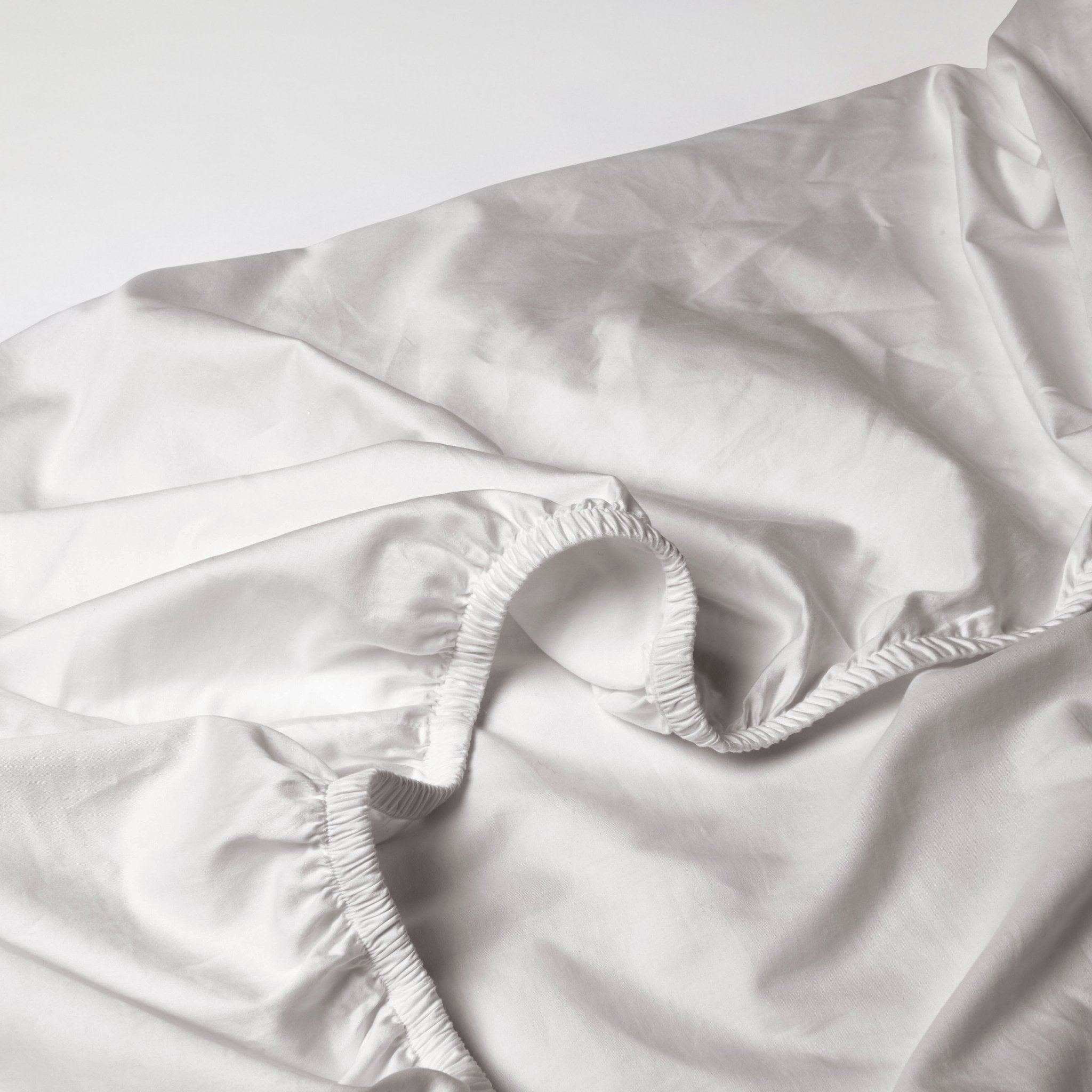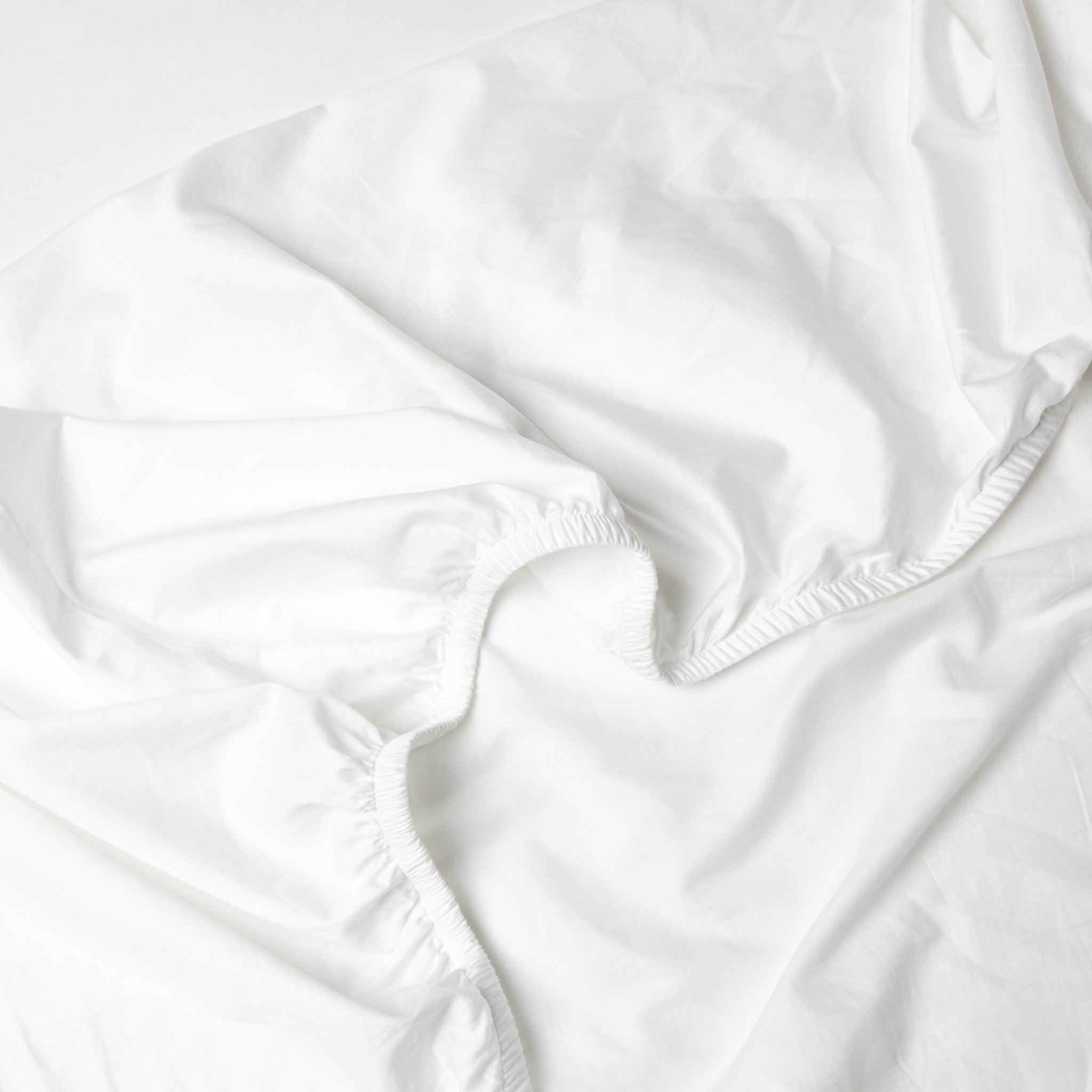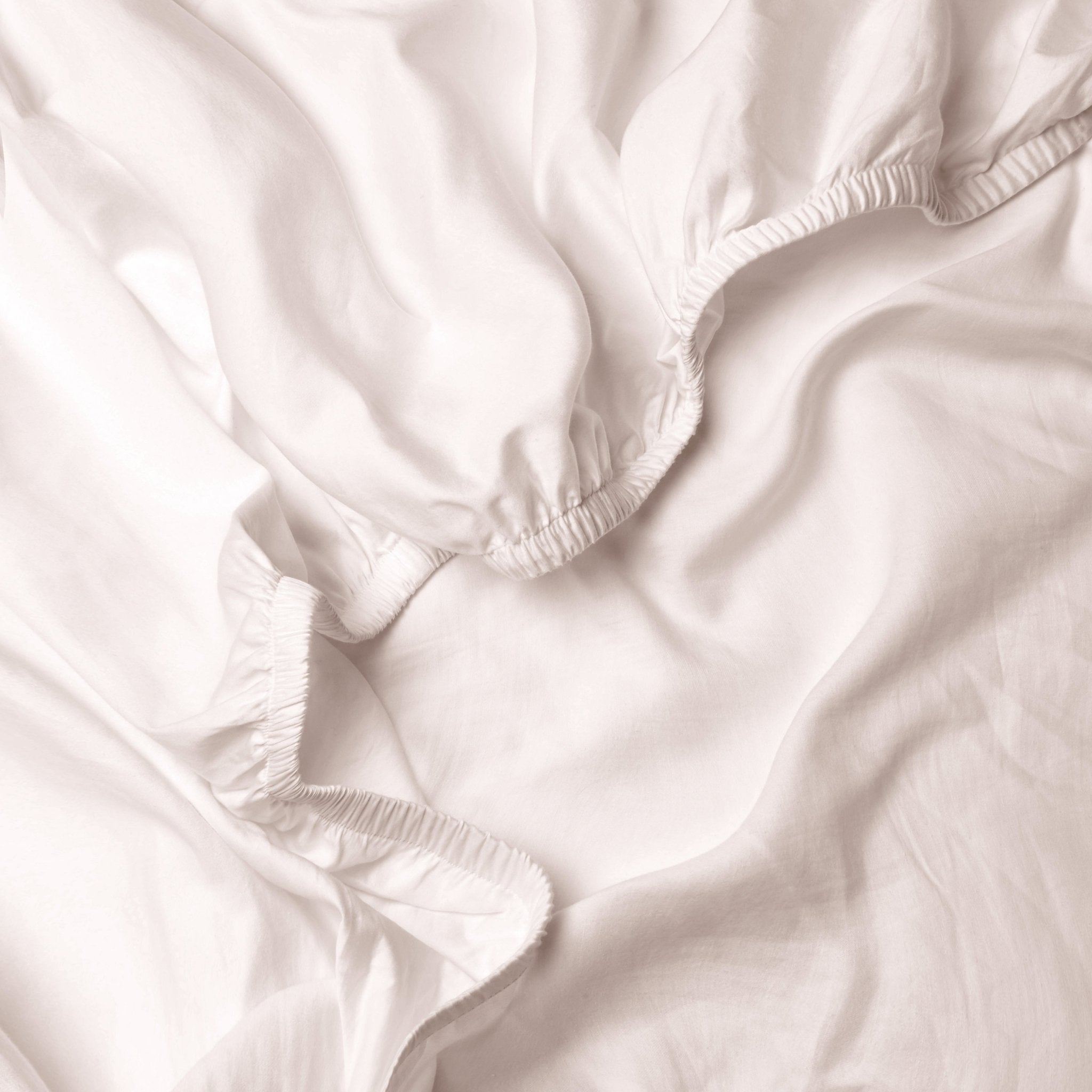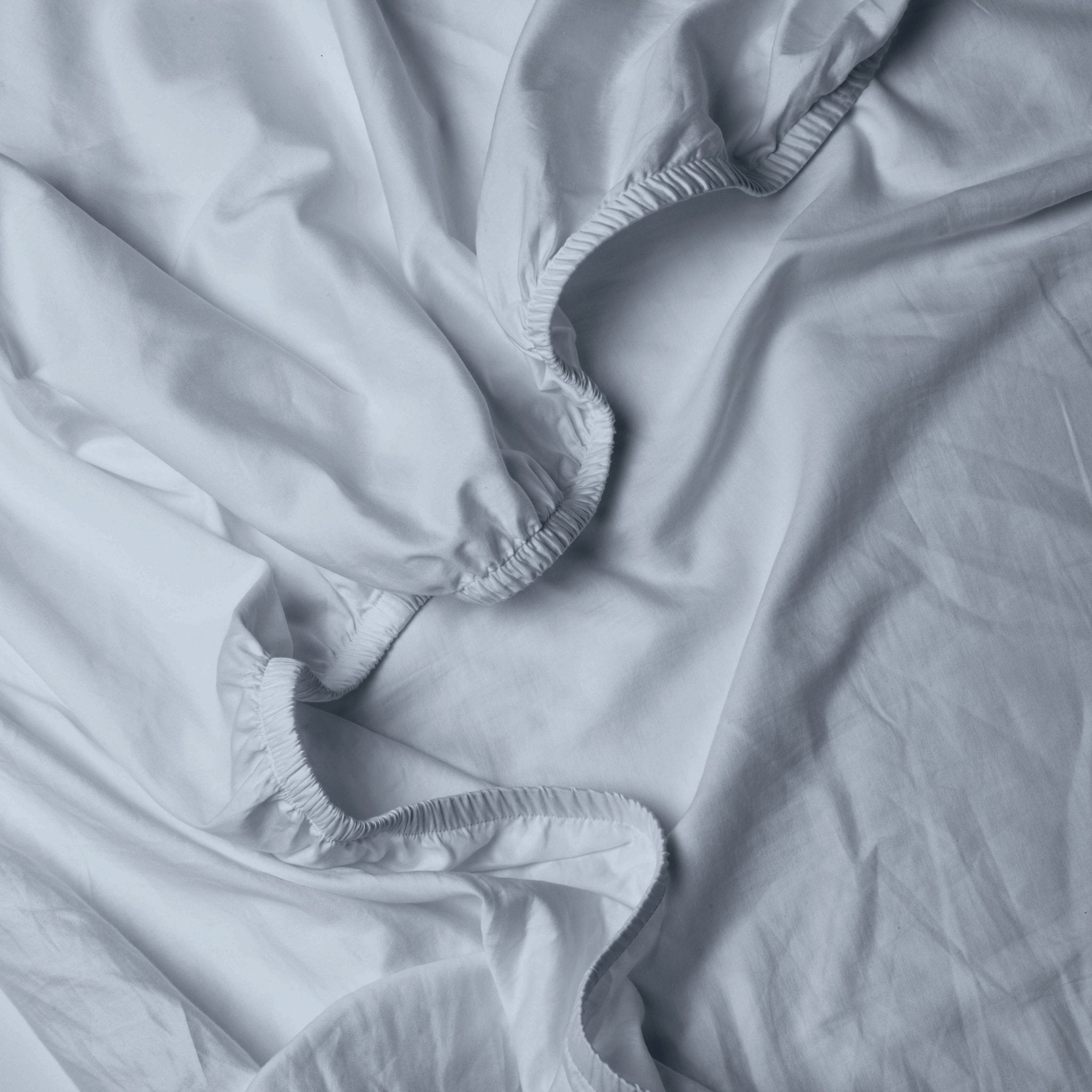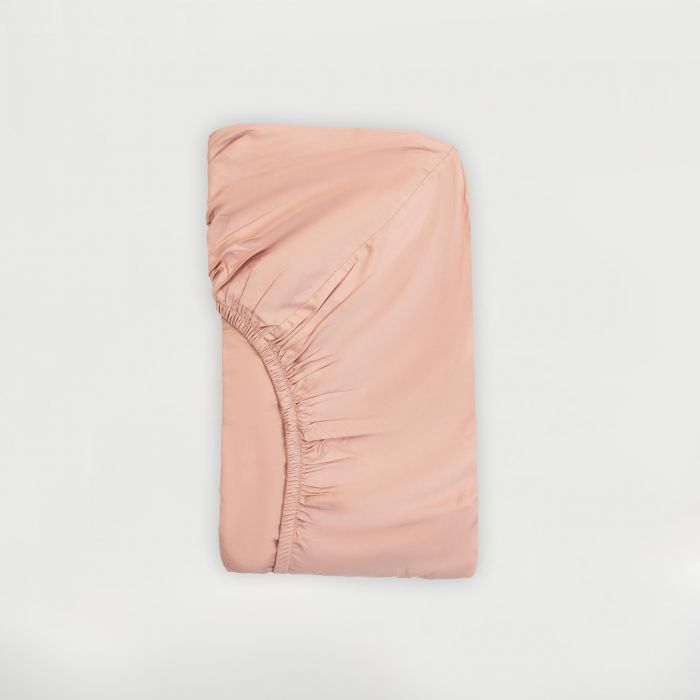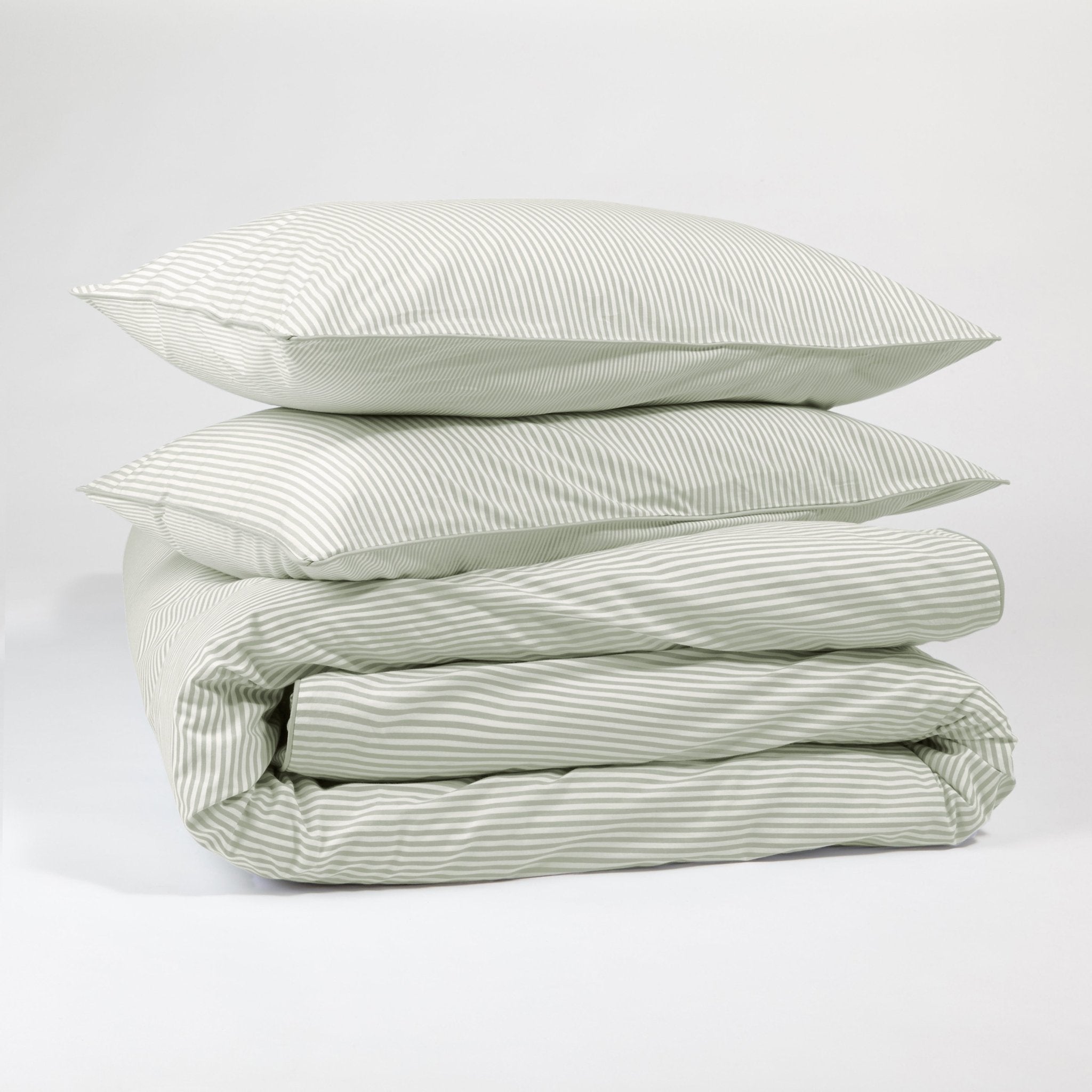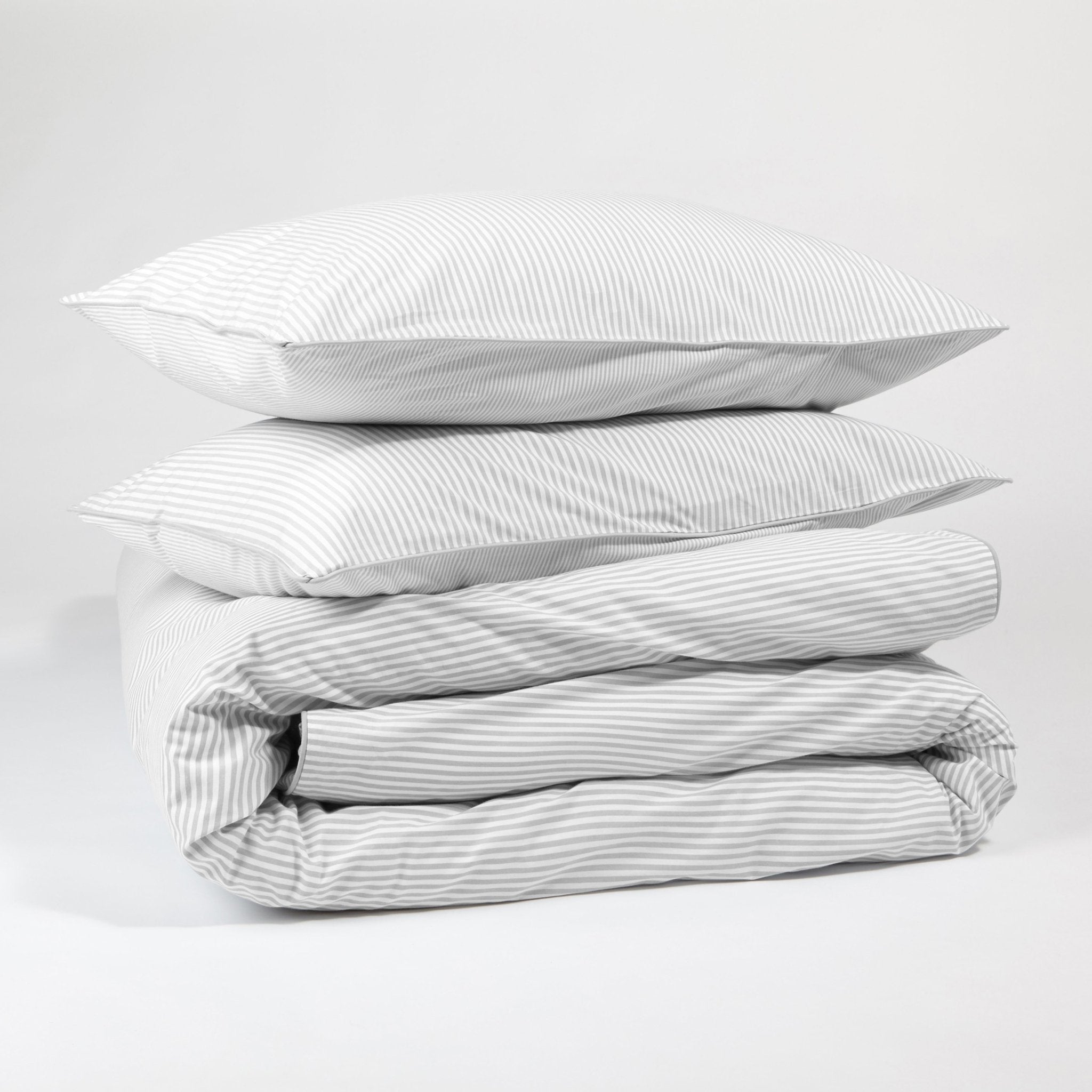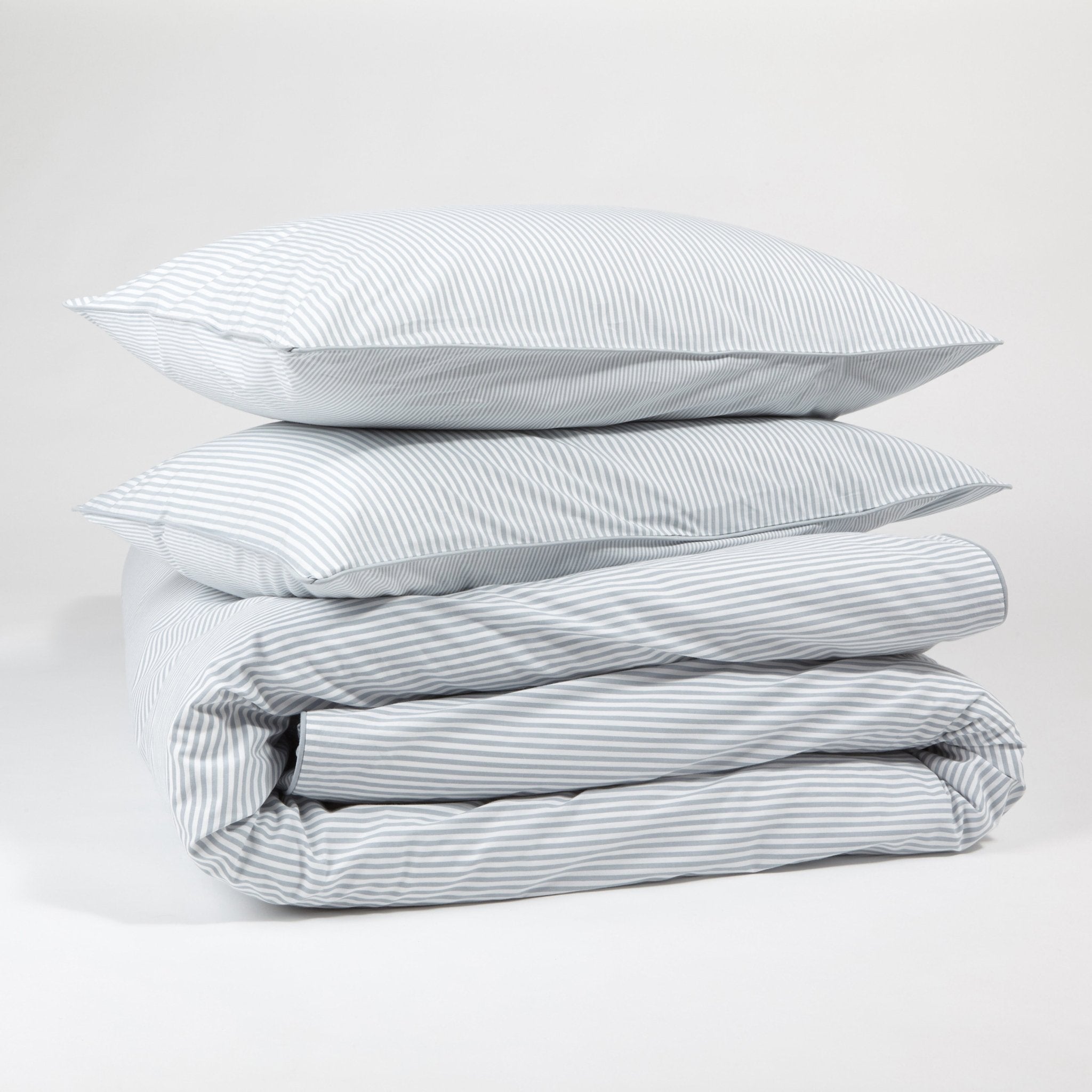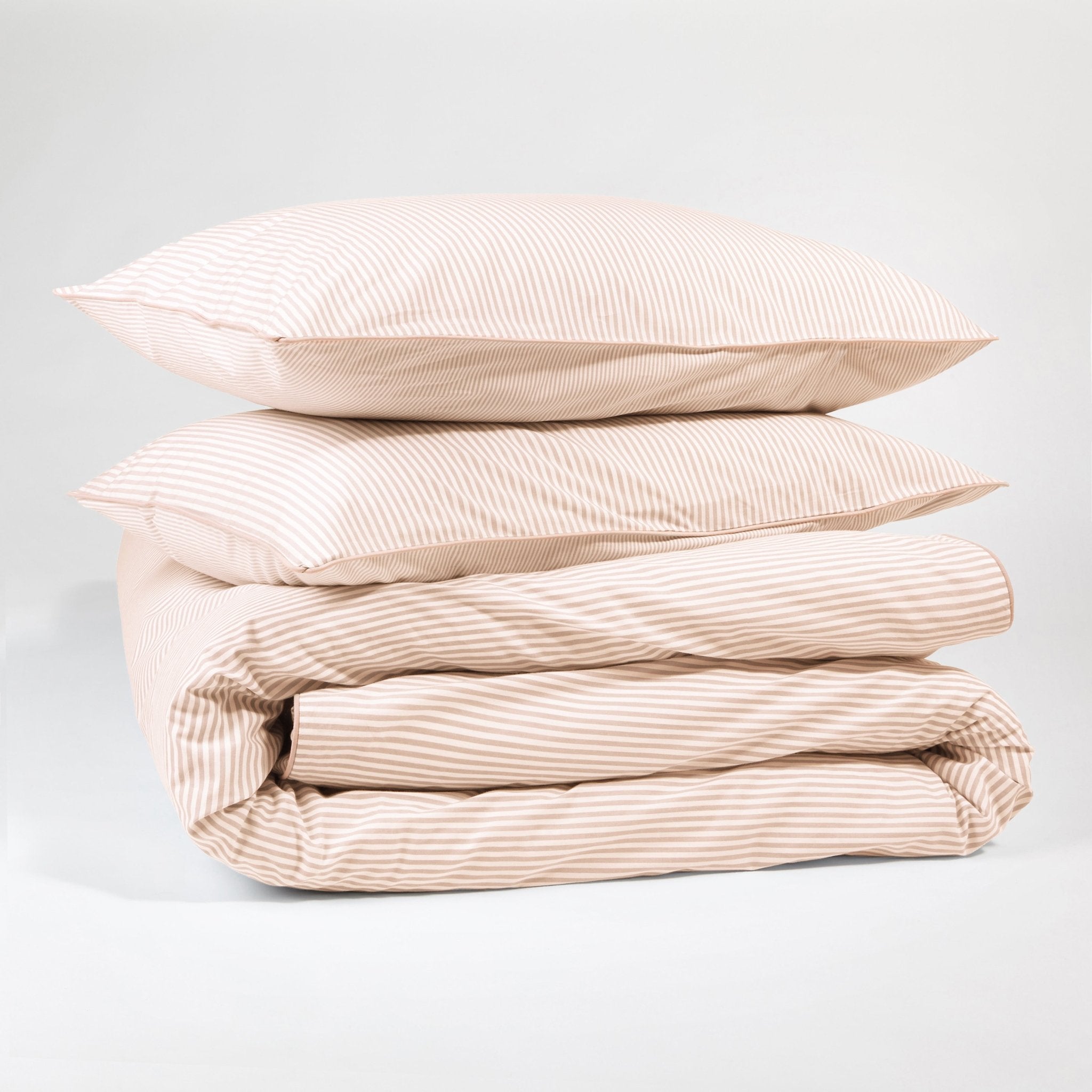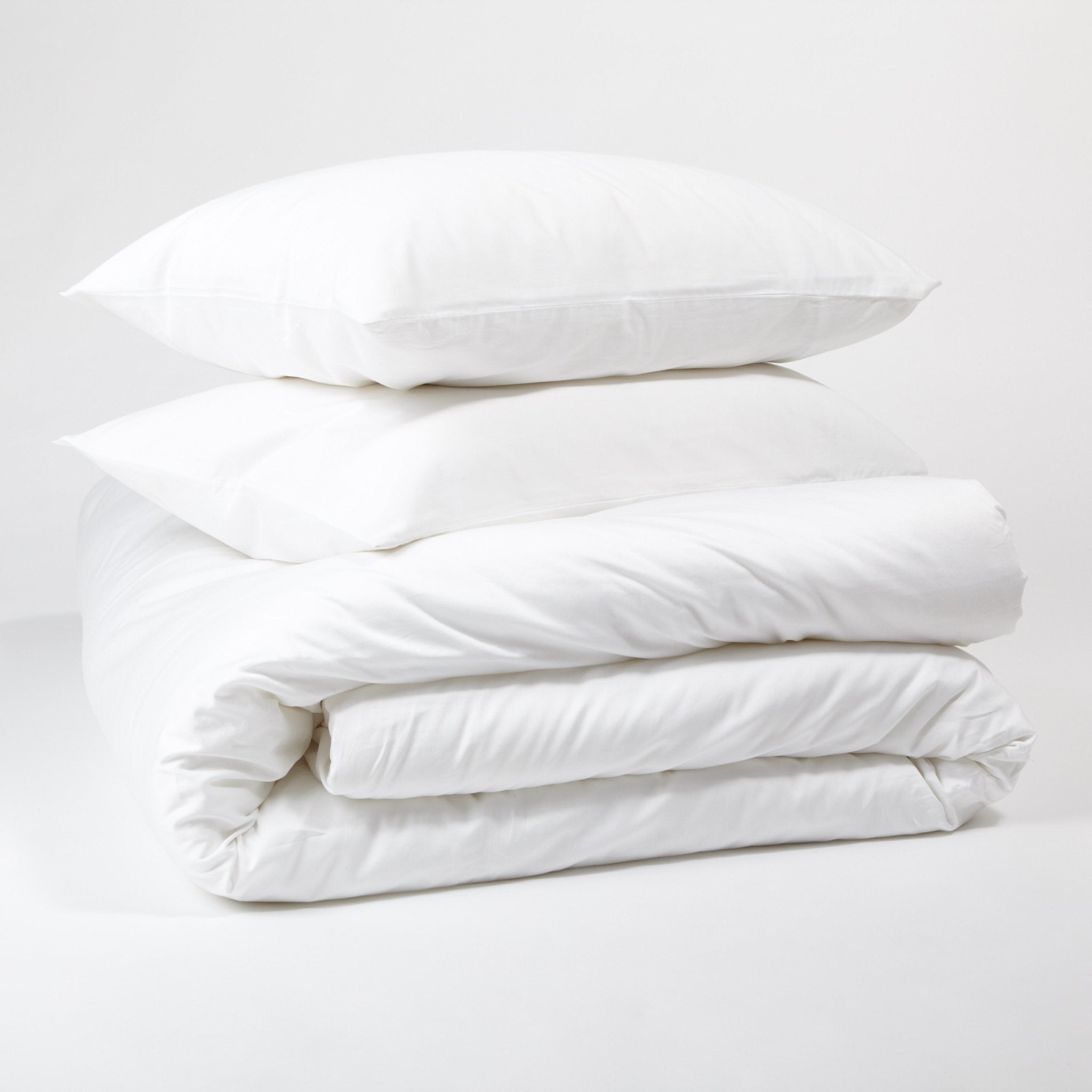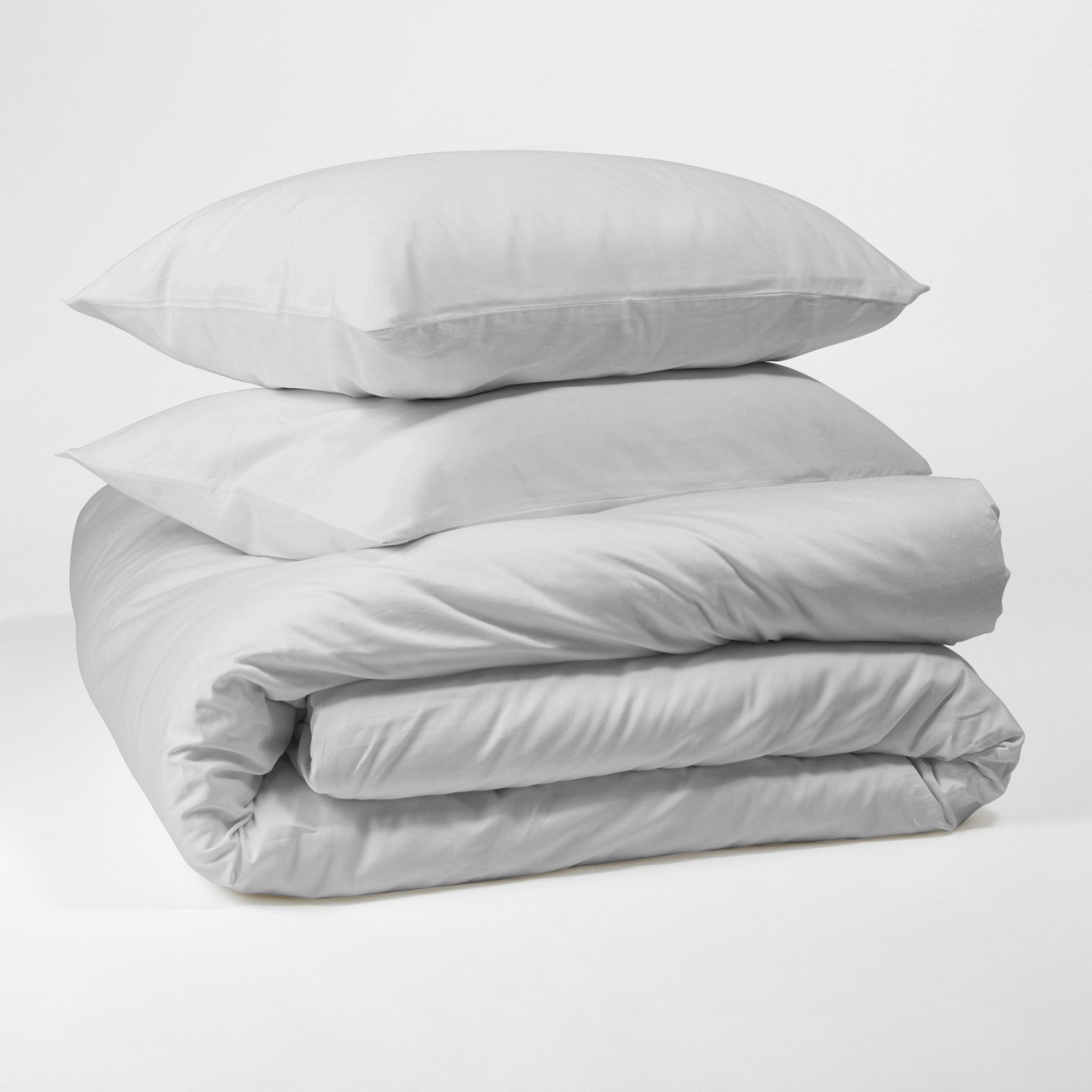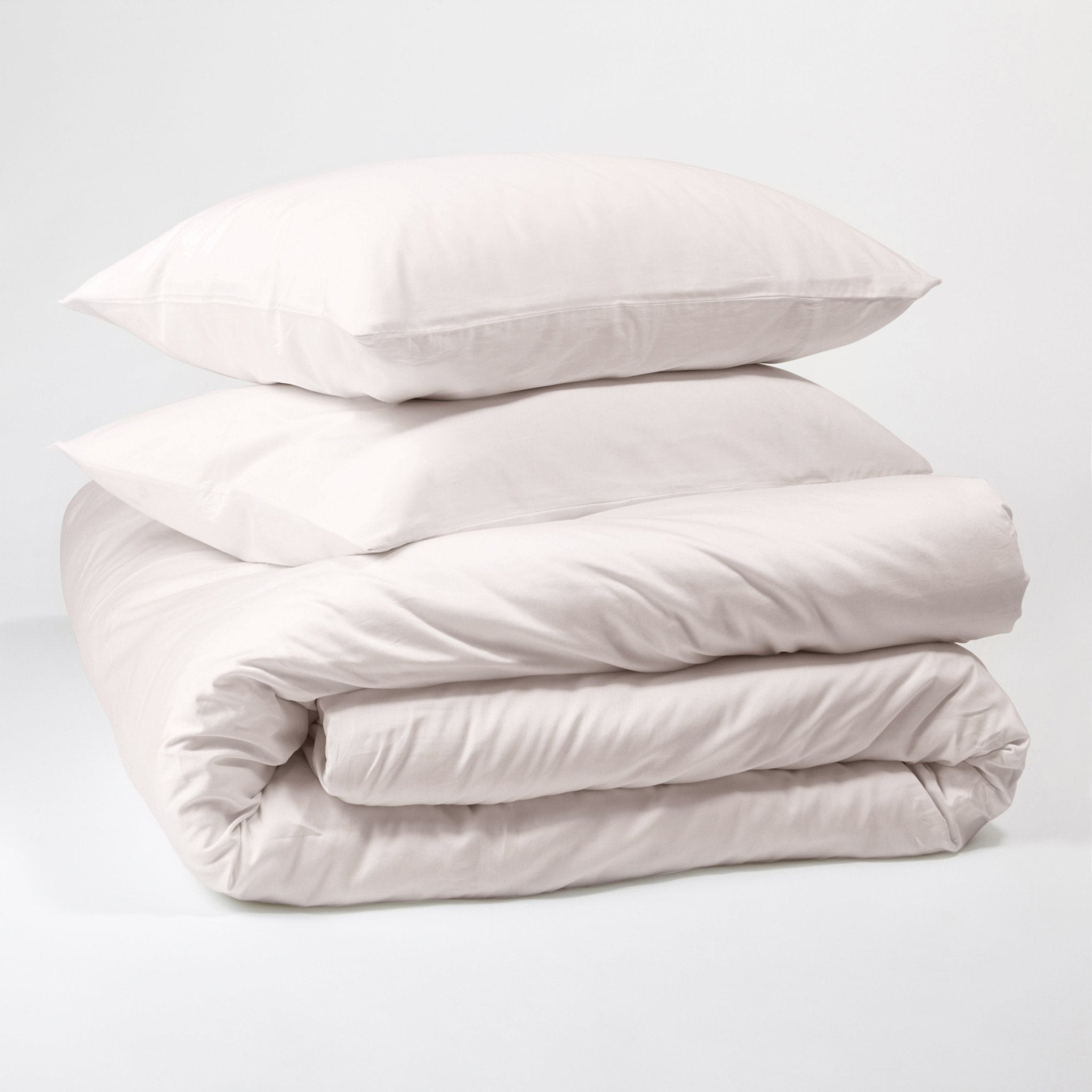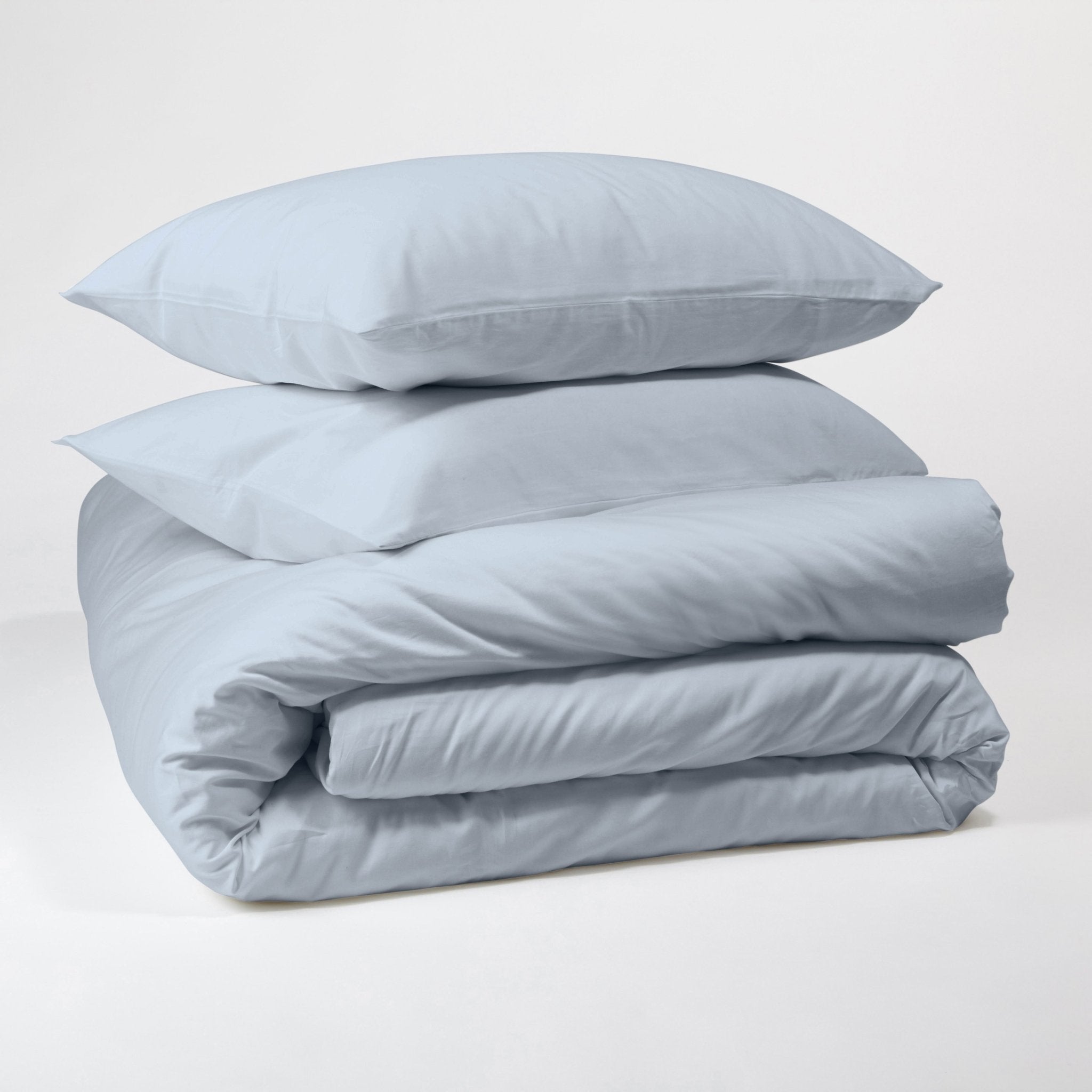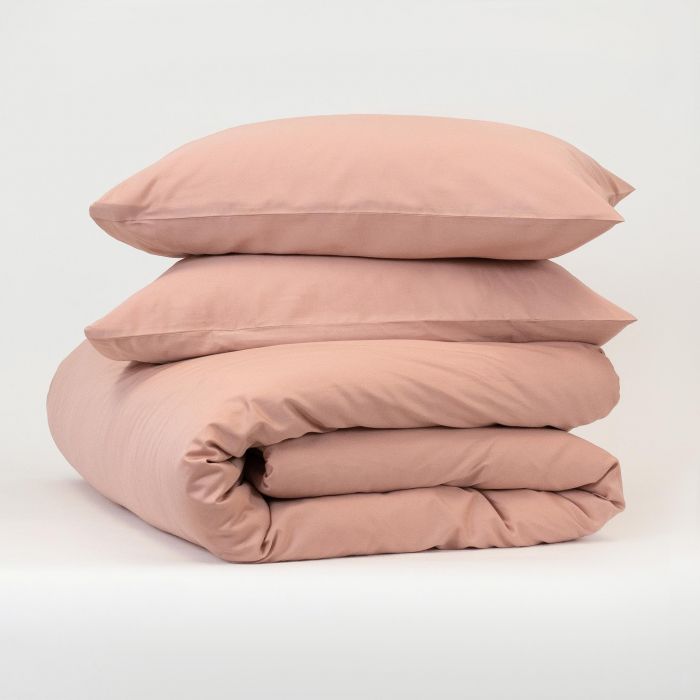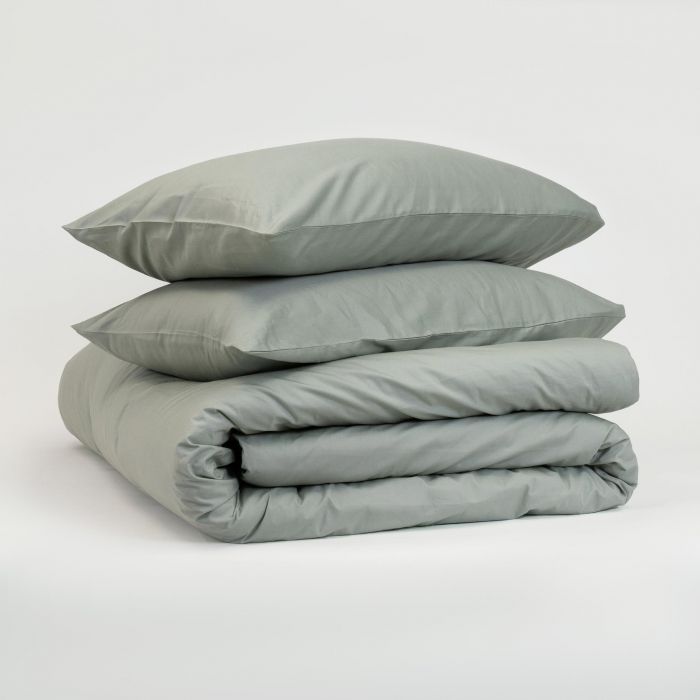Dip & Doze Bedding
Well-made bedding that helps you sleep a little easier. This collection of 100% organic Fairtrade cotton bedding is soft, breathable and made to last. With strong elastic that keeps sheets put and a choice of crisp percale or smoother sateen, it’s bedding that holds up well, even after frequent washing. Thoughtful details, subtle colours, and no corners cut.
Dip & Doze Bedding FAQs
Which Dip & Doze bedding options are truly buy-it-for-life?
The most buy-it-for-life Dip & Doze bedding is their organic cotton range, made with strong, breathable fibres and ethically sourced materials. These sheets hold up impressively well wash after wash and feature smart, repair-friendly touches like replaceable buttons. With timeless design and a 10-year guarantee, they’re built to last - without looking tired in a year or two. Learn more about how we research truly durable products.
How should I wash and care for organic cotton bedding?
To get the most from your long-lasting organic cotton bedding, wash it at 30–40°C with a mild, eco-friendly detergent. Skip the bleach and fabric softener, as both break down the fibres. Air drying is best, but a low tumble works too. Iron if you like a crisp finish - especially with percale. A bit of TLC keeps your sheets going strong for years. For more care tips, visit our Product Care and Repair hub.
What’s the difference between percale and sateen weaves?
Percale and sateen are two of the best bedding fabrics, but they feel quite different. Percale has a matte finish with a crisp, cool touch - brilliant for warm sleepers or summer nights. Sateen feels smoother and drapes more heavily, ideal if you like things soft and cosy. Both are durable, but percale tends to hold its shape more over time.
What size bedding do I need for a UK king mattress?
For a UK king mattress (150 x 200cm), you’ll need a fitted sheet measuring 150 x 200 x 30cm and a duvet cover sized 225 x 220cm. Standard pillowcases (50 x 75cm) will fit just fine. If your mattress is extra deep or pillow-topped, double-check the sheet depth. Right-sized sheets help keep everything in place and lasting longer.
Should I wash new bedding before first use?
Yes, washing new bedding before first use is wise. Even top-notch organic cotton benefits from a first wash to soften the fibres and clear away any dust from packing. It also helps the fabric breathe better and settle nicely on your bed. Pop it on a gentle cycle and you’ll be off to a comfy start.
How often should you change your bedding for best hygiene?
For best hygiene and long-lasting bedding, change your sheets and pillowcases once a week. This keeps sweat, dust mites, and skin cells at bay - pleasant thought, isn’t it? If someone’s been poorly, change them more often. Frequent washing also protects the fibres, helping your bedding feel fresher for longer.
Where can I donate or recycle old bedding sustainably?
To recycle old bedding sustainably, donate clean sheets to animal shelters - they’re often grateful for extras. For worn-out bits, check local council textile recycling points or schemes like TerraCycle. Some retailers also run textile take-back programmes. Giving your old bedding a second life helps reduce waste and keeps it out of landfill.
Looking to upgrade your sleep setup with high-quality, long-lasting linens?
Explore our full collection of durable bed linen made to last for years without compromising comfort or style.


